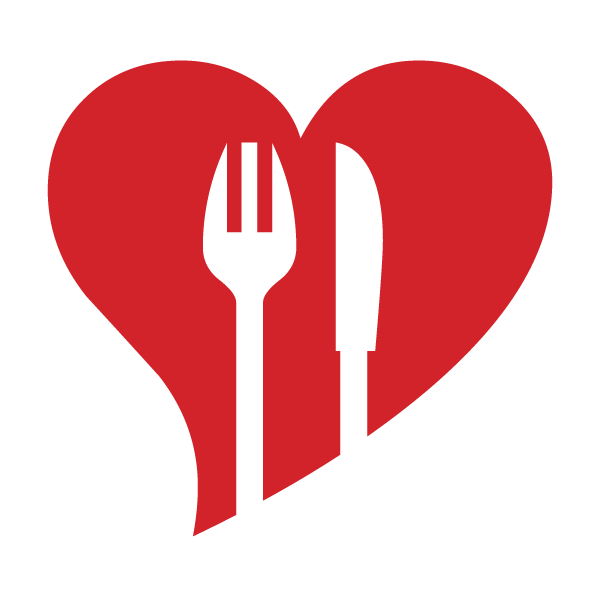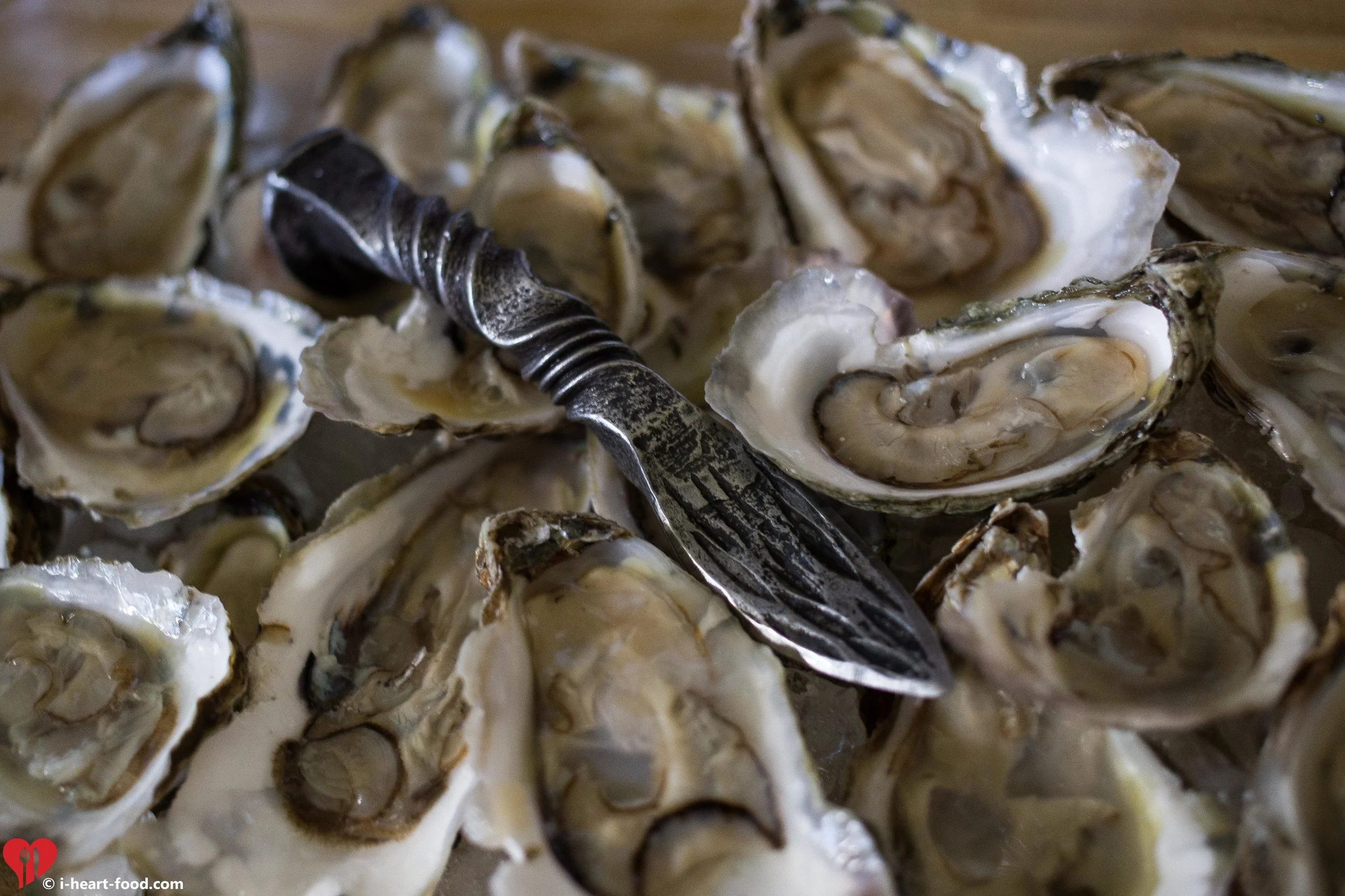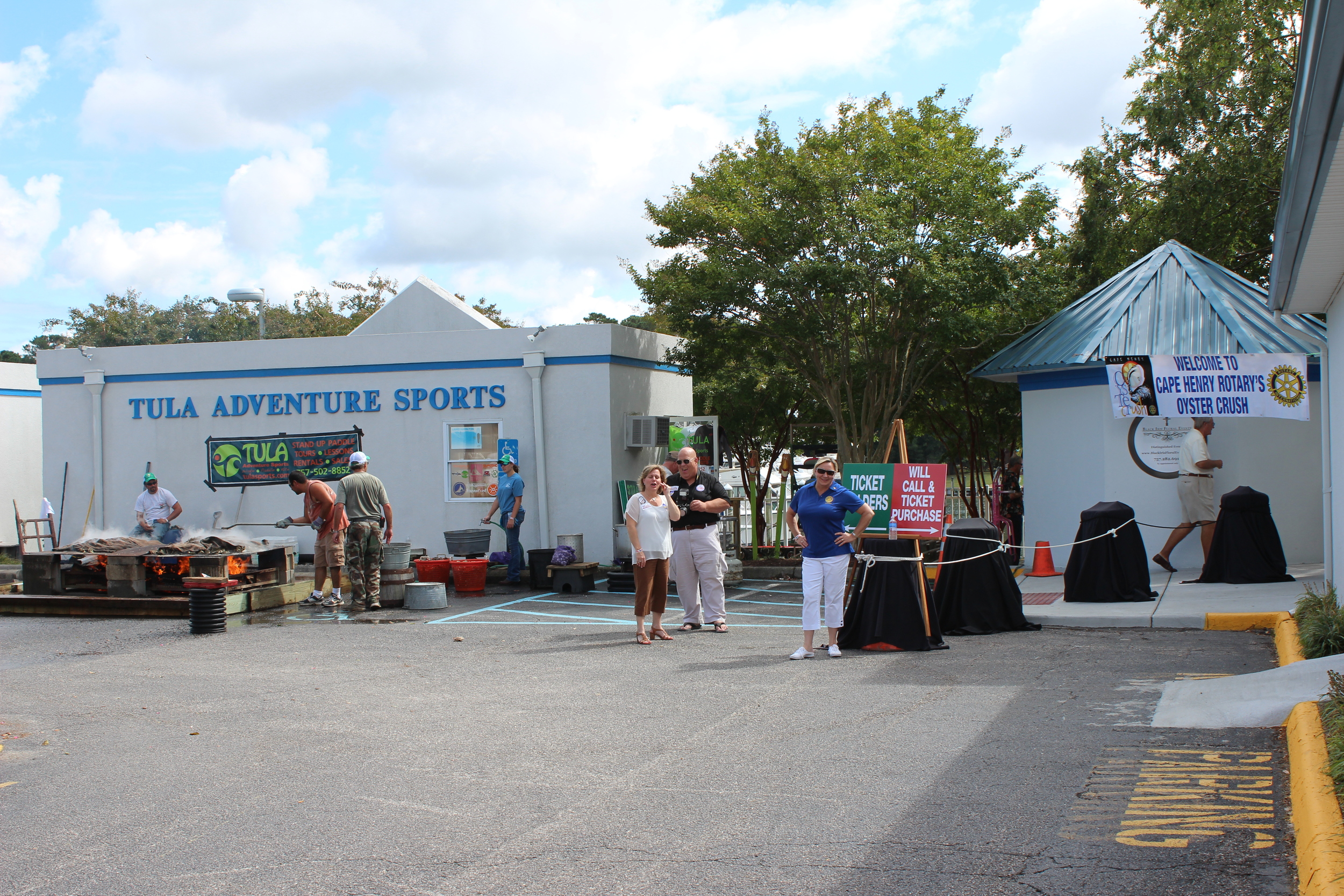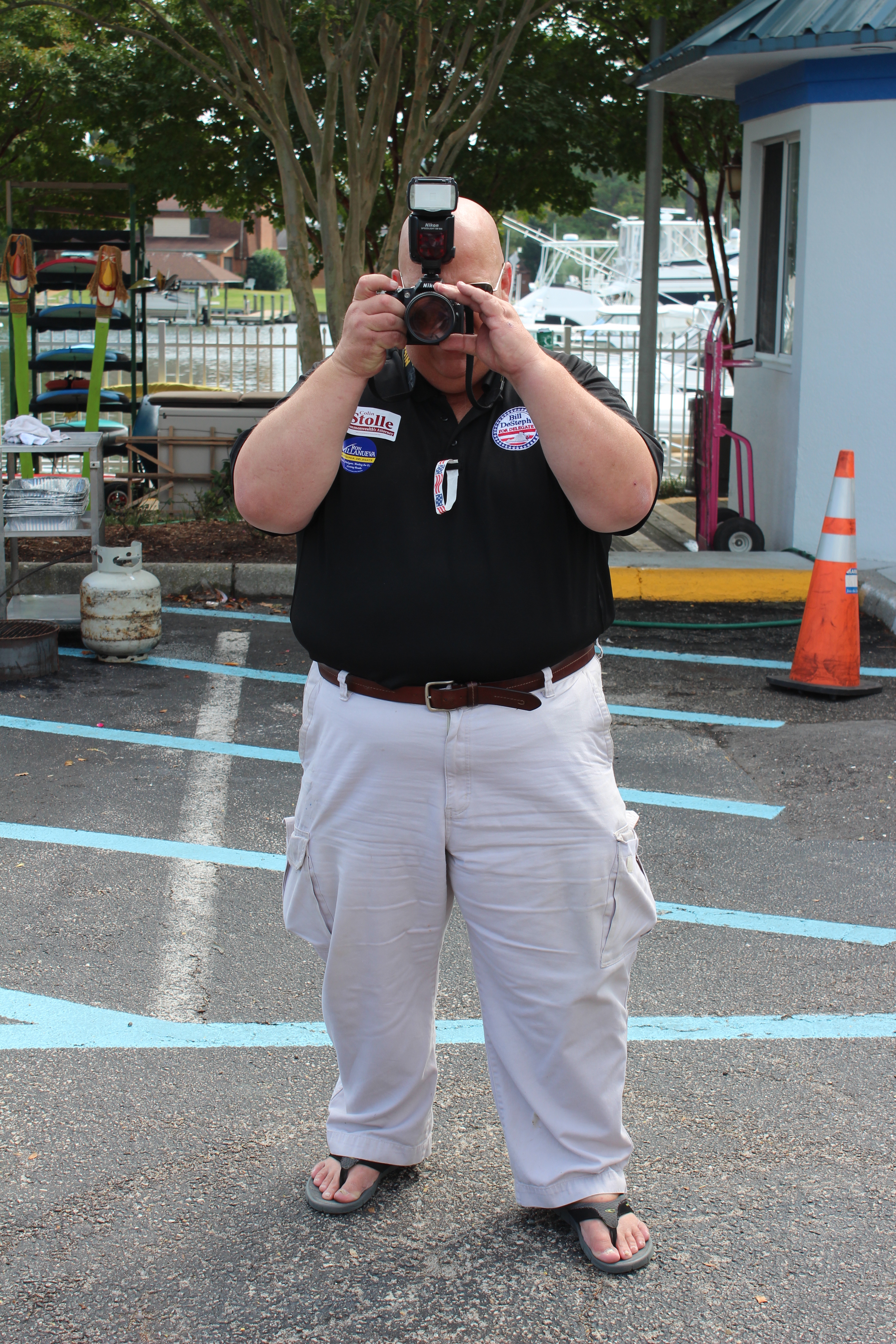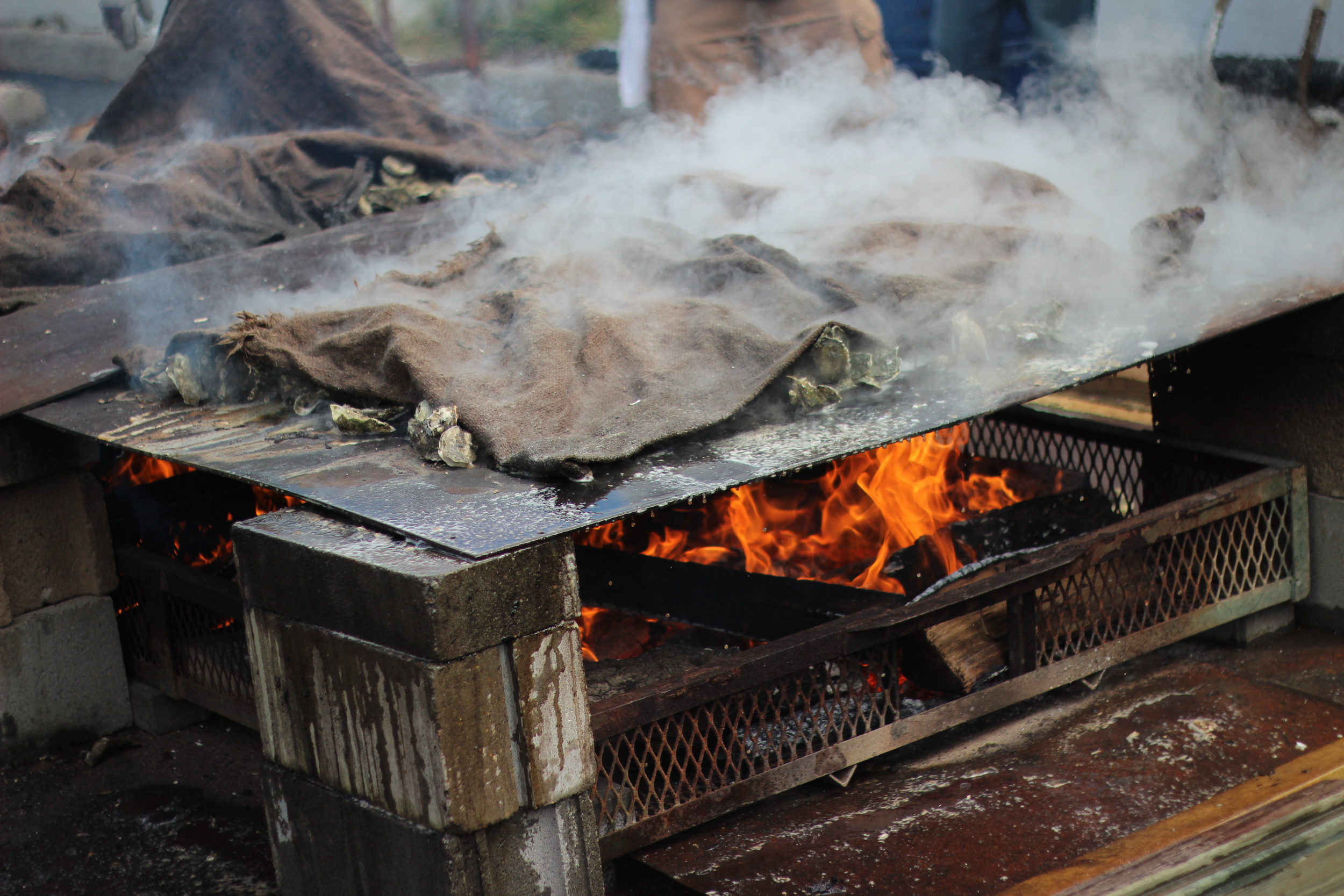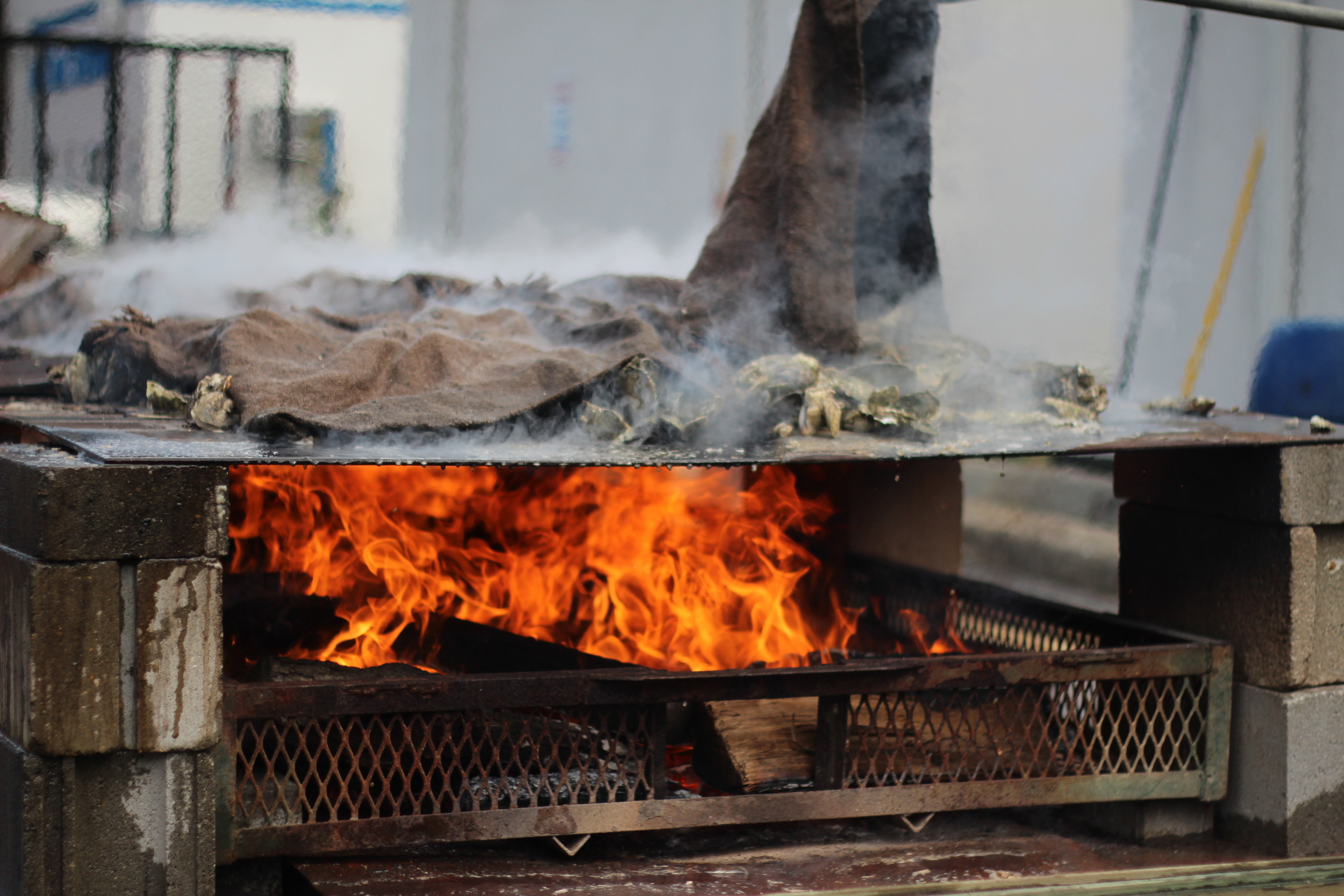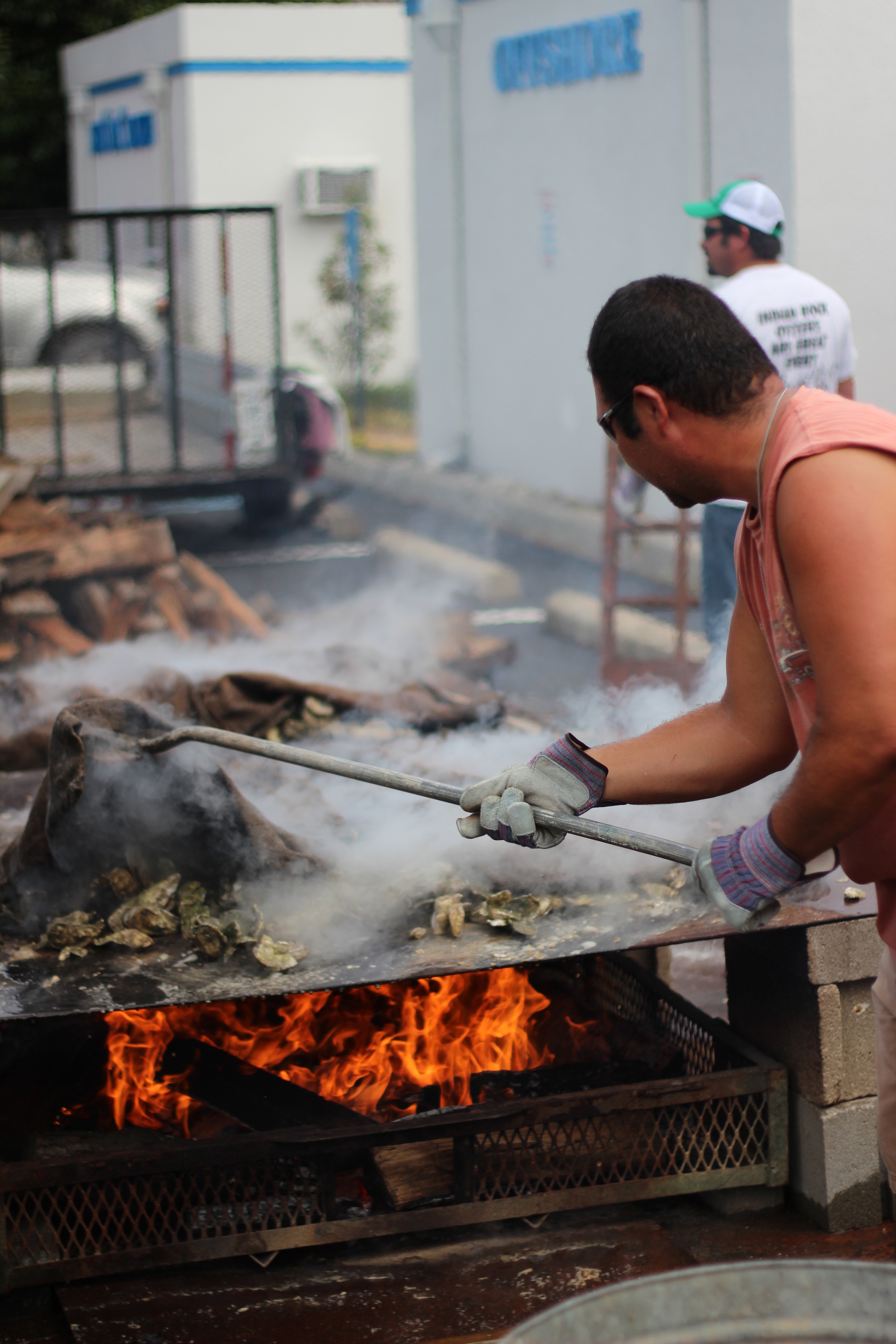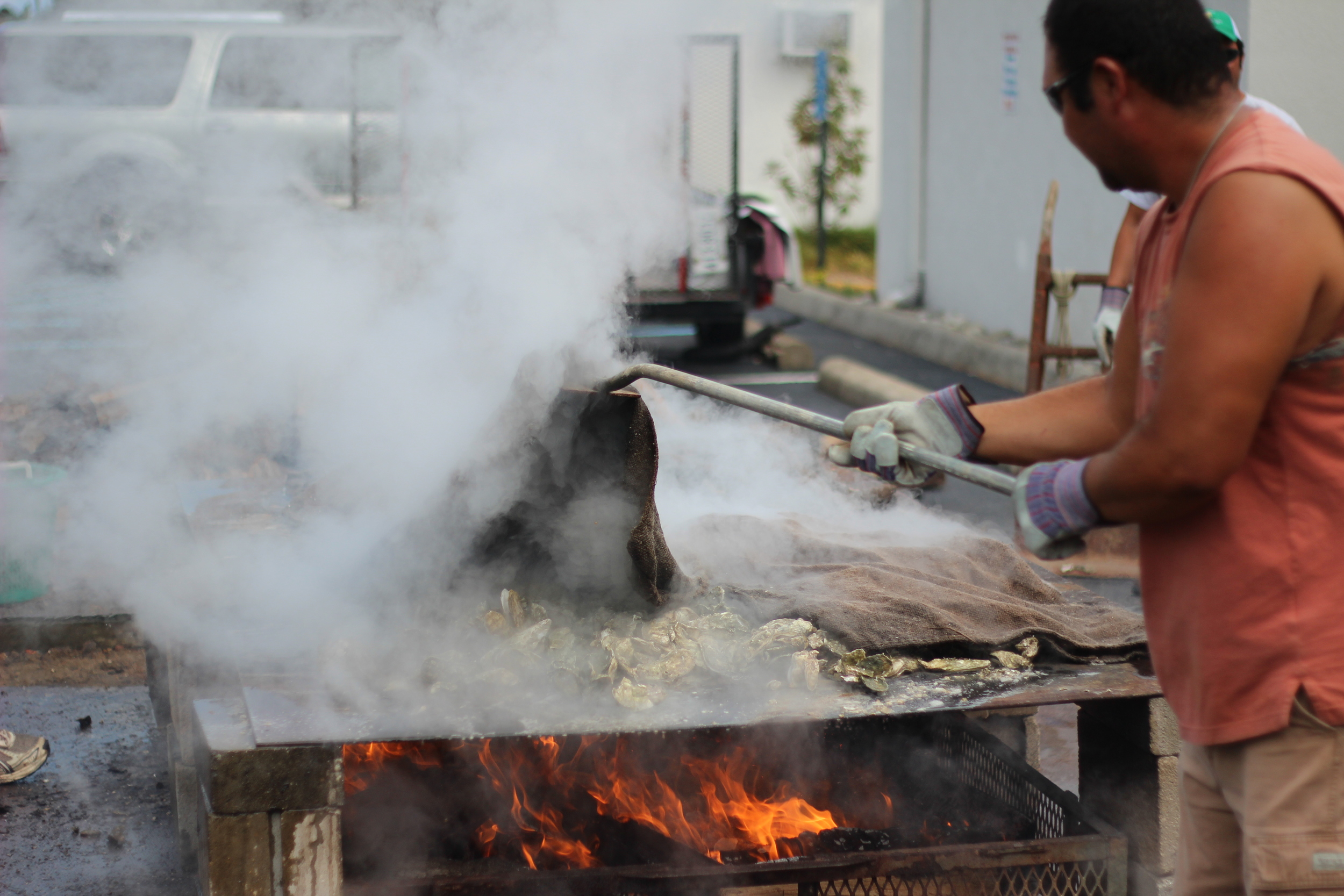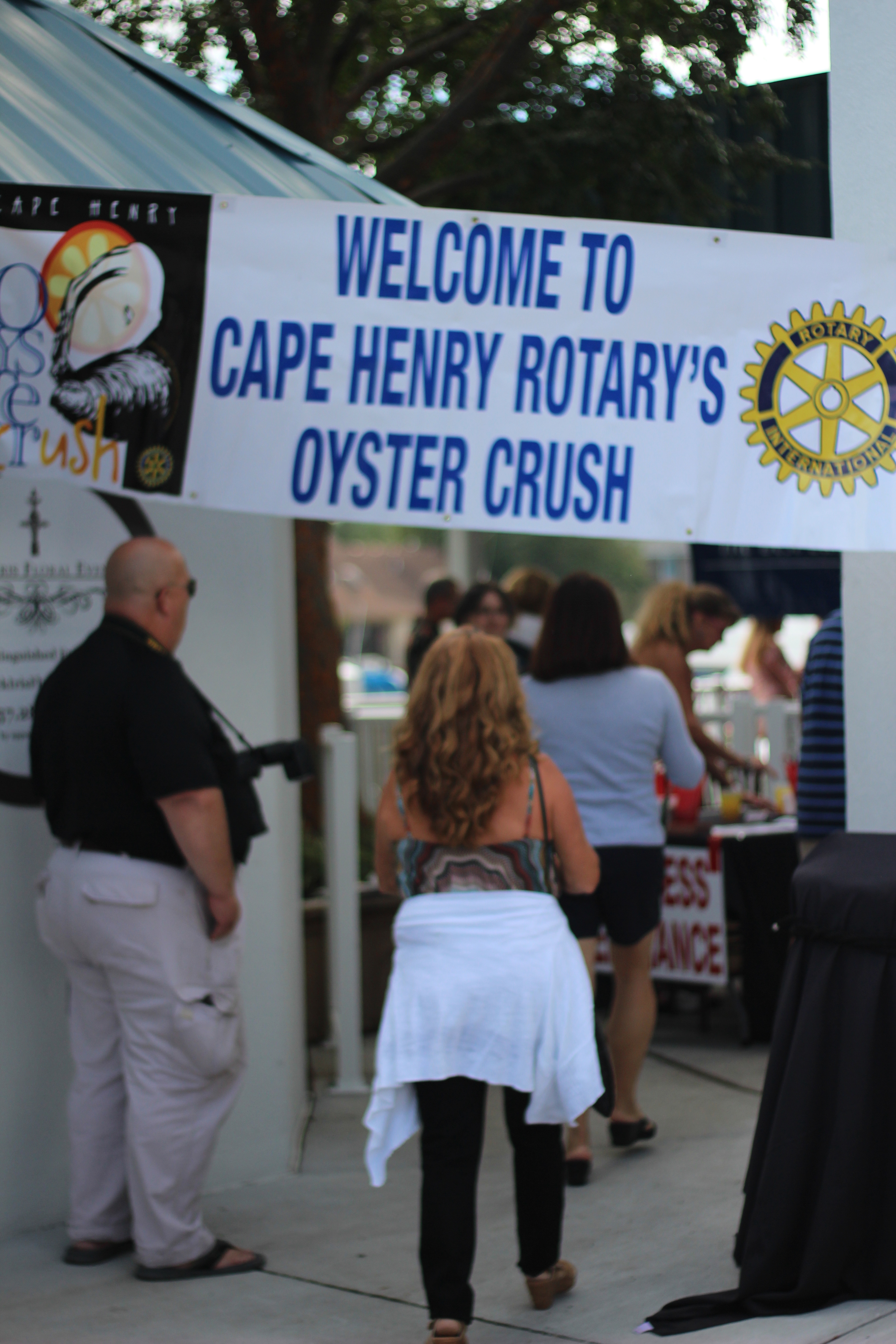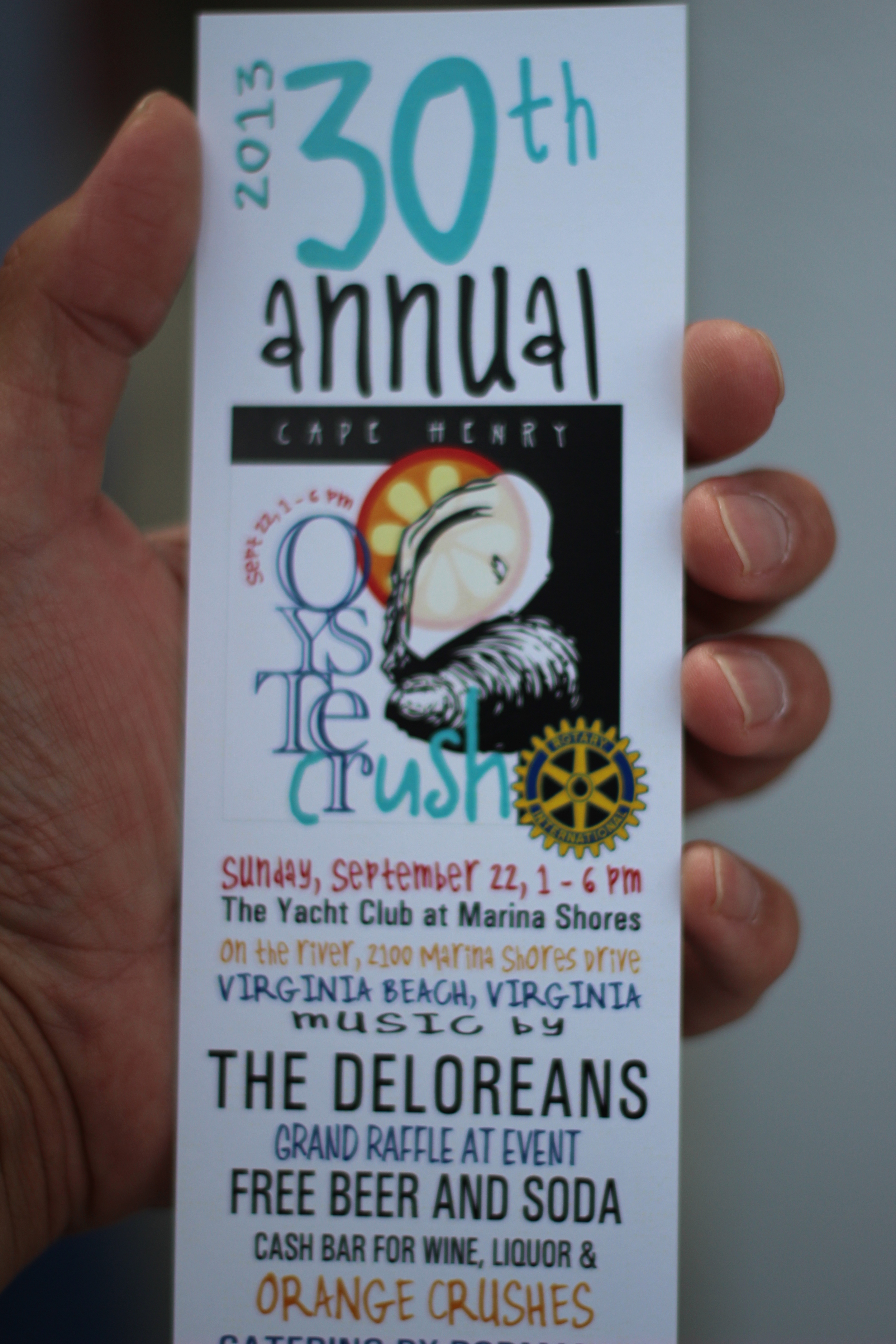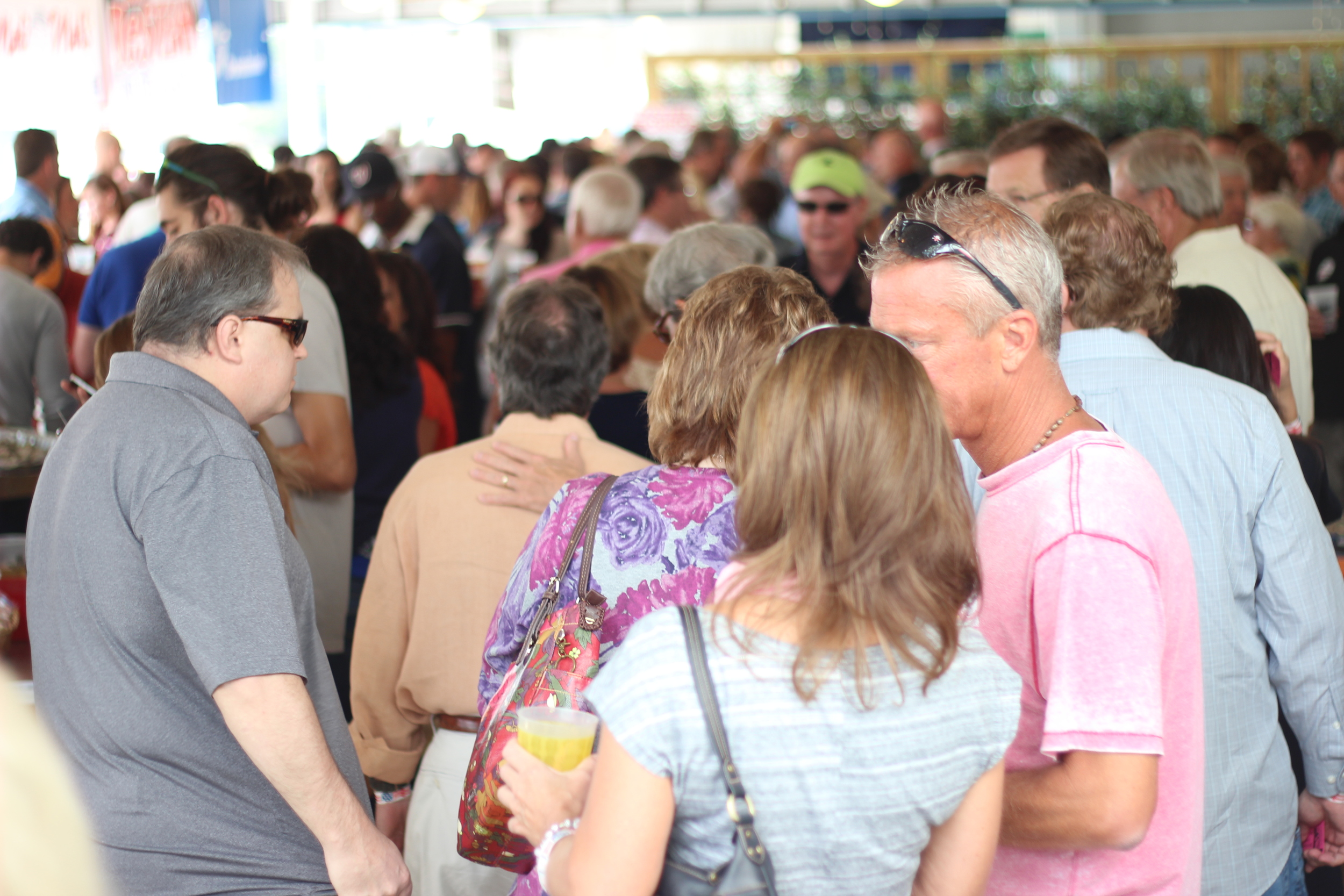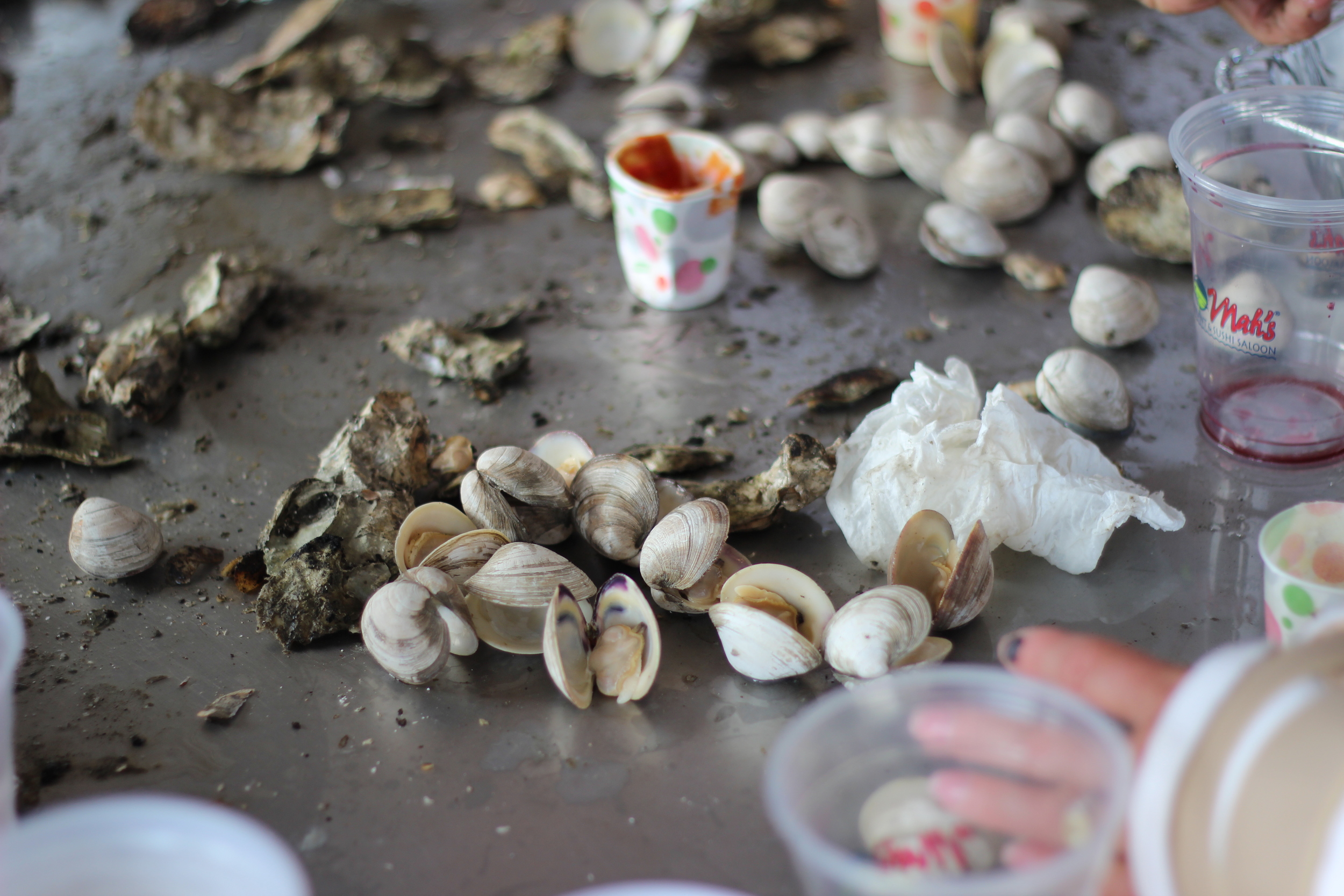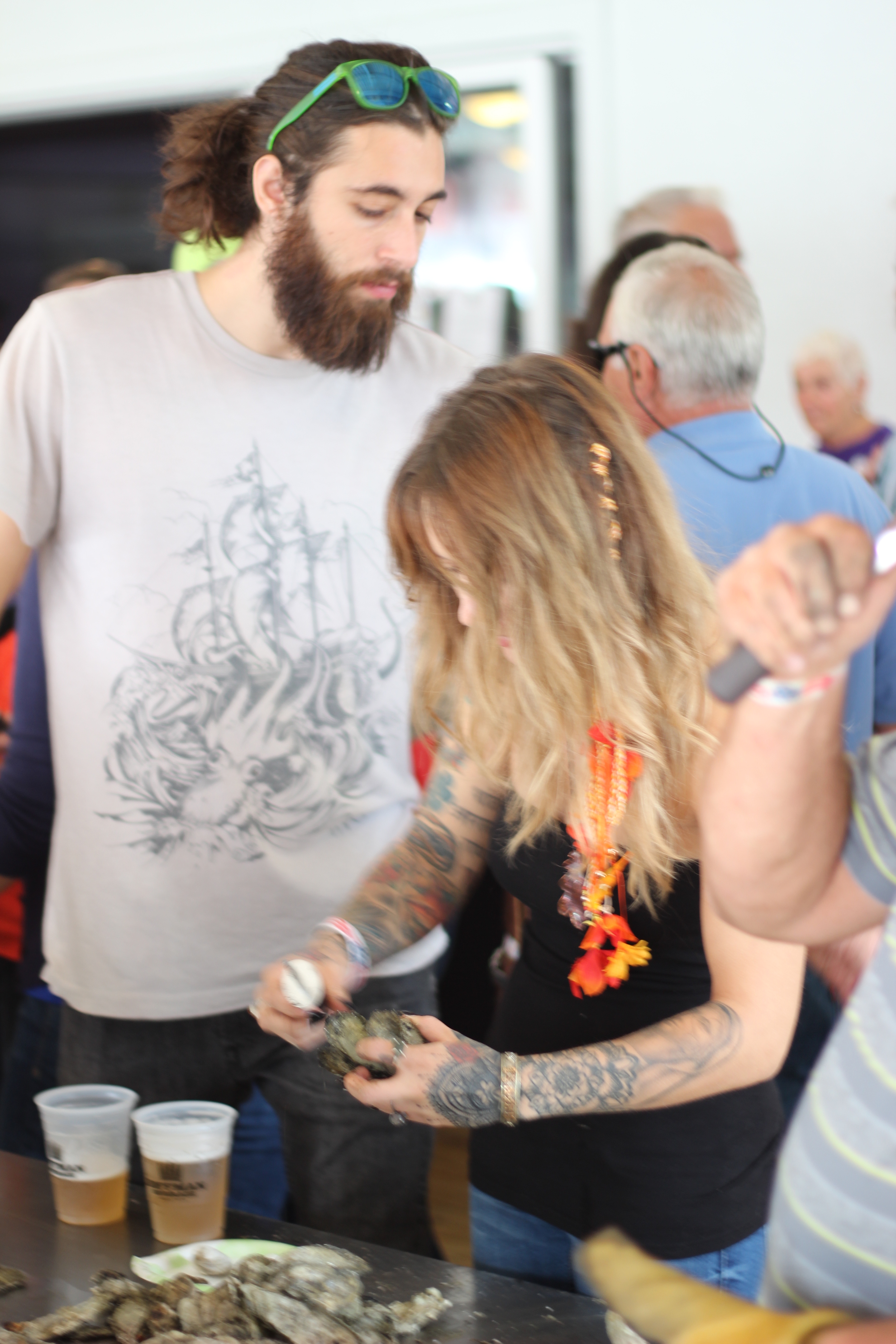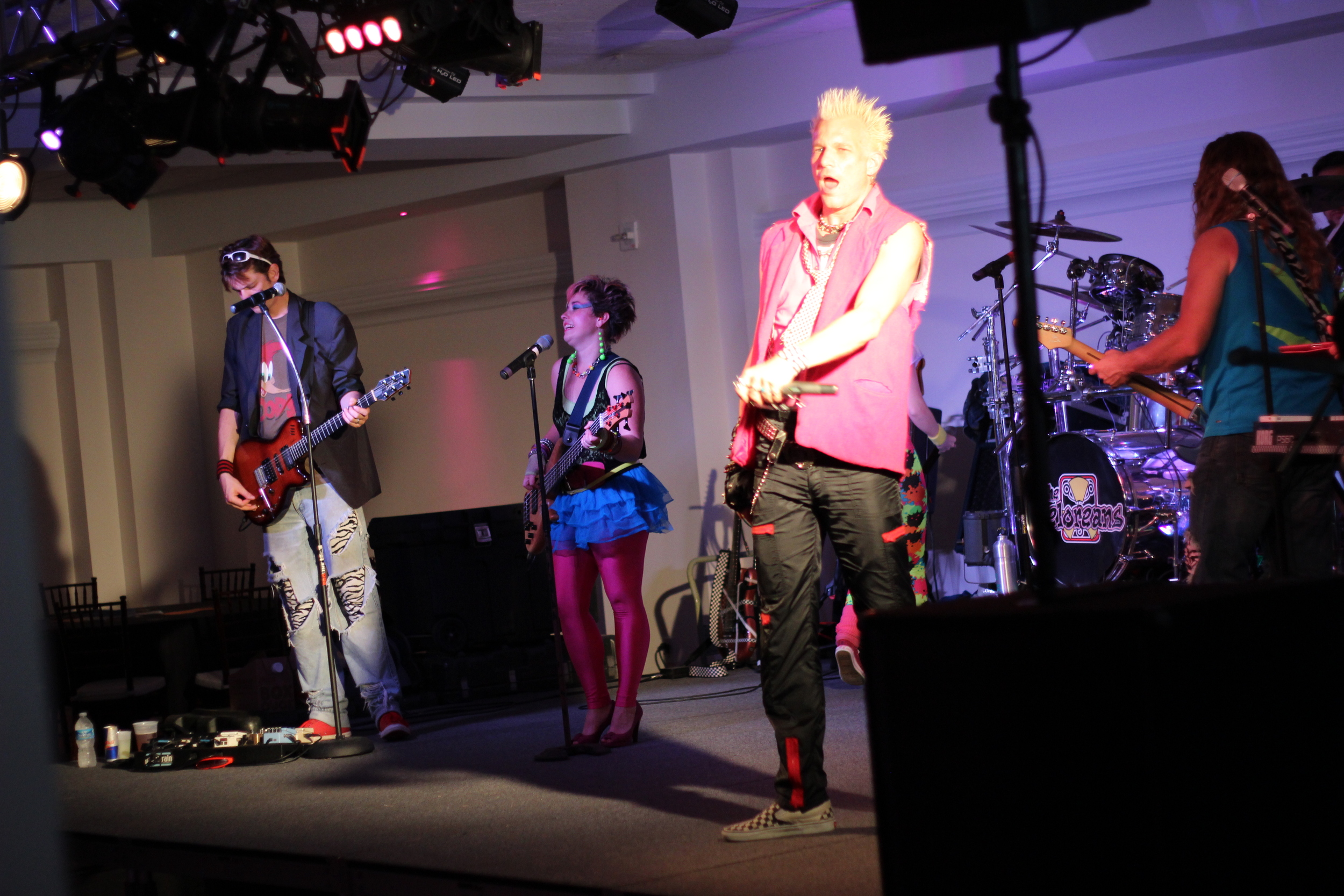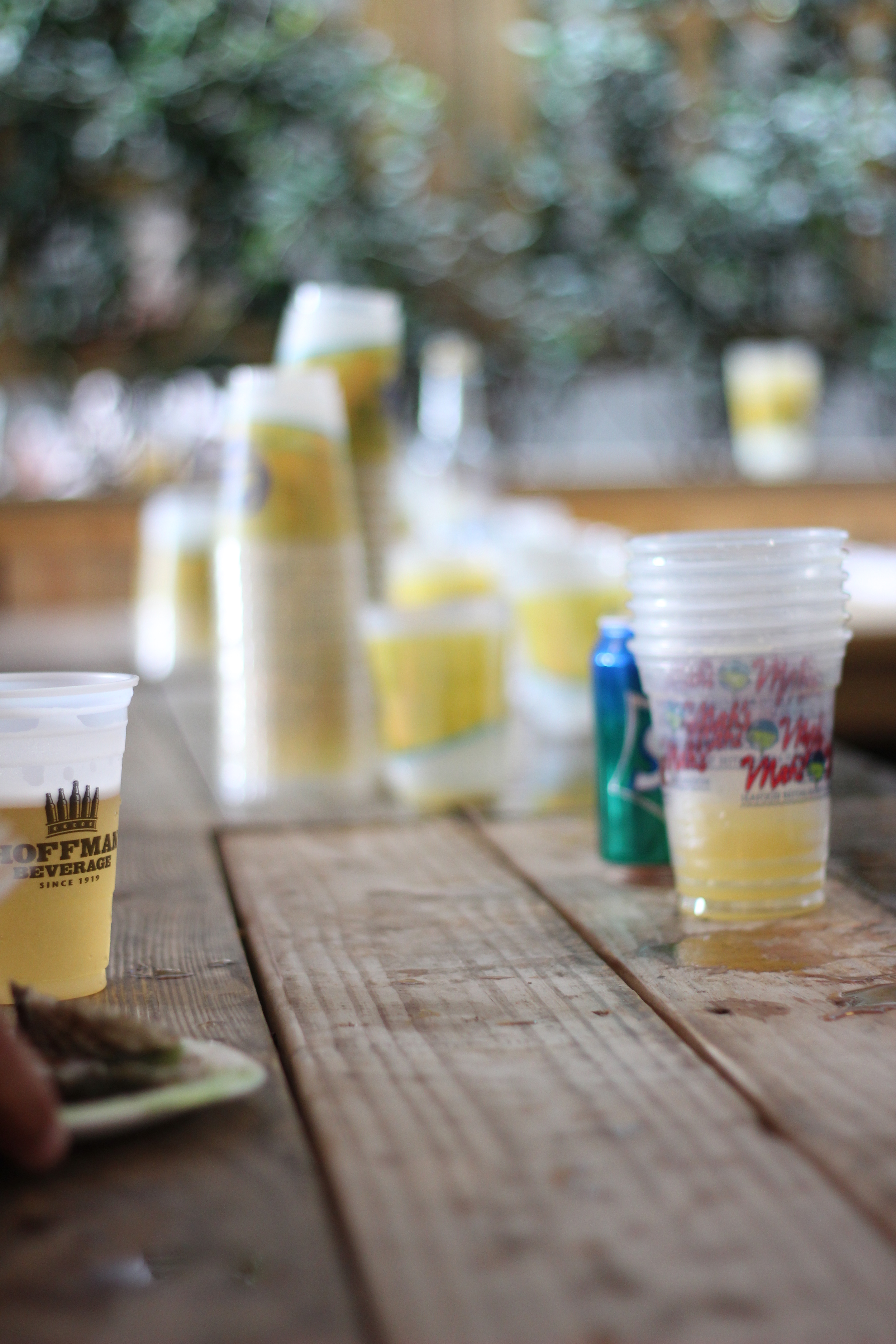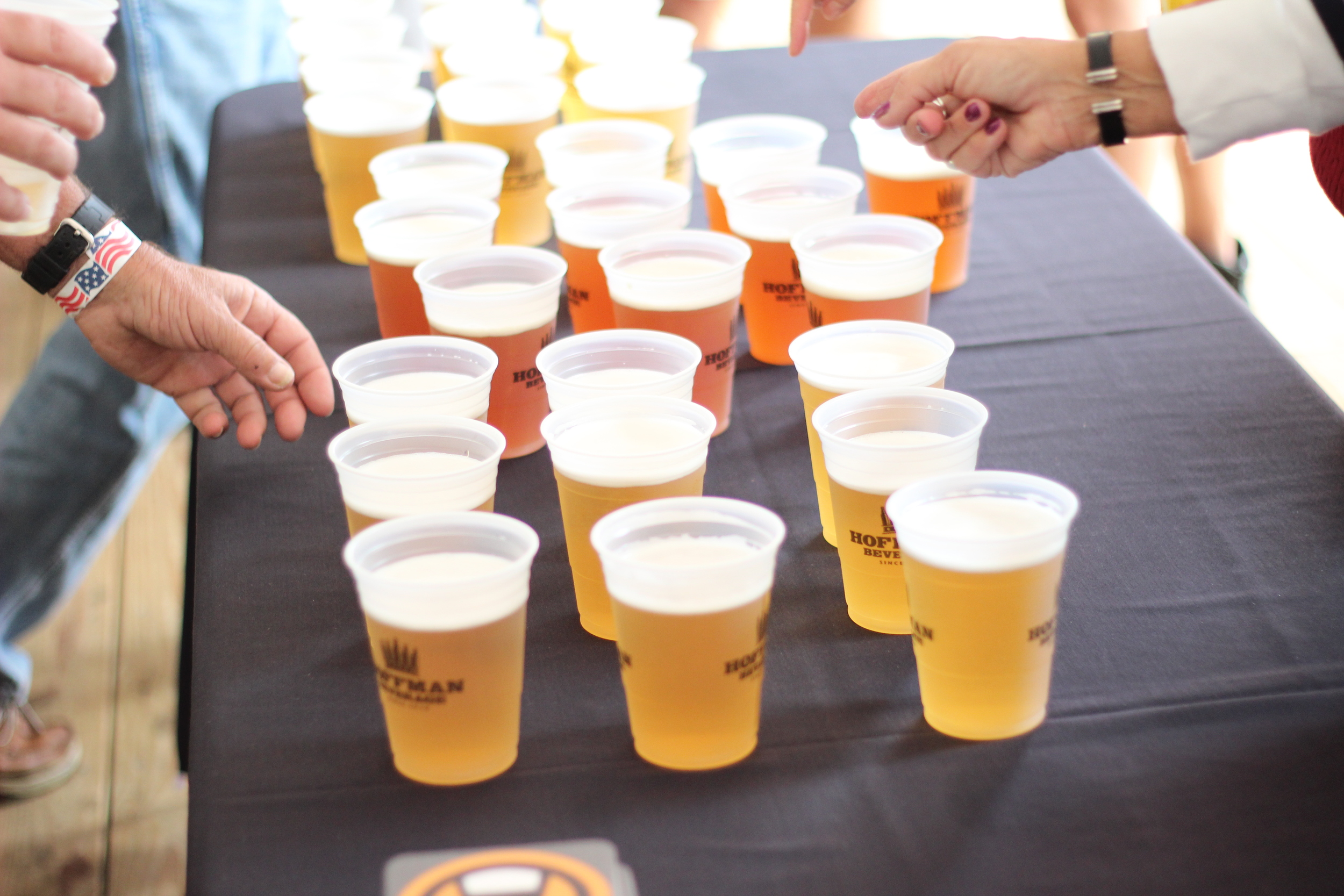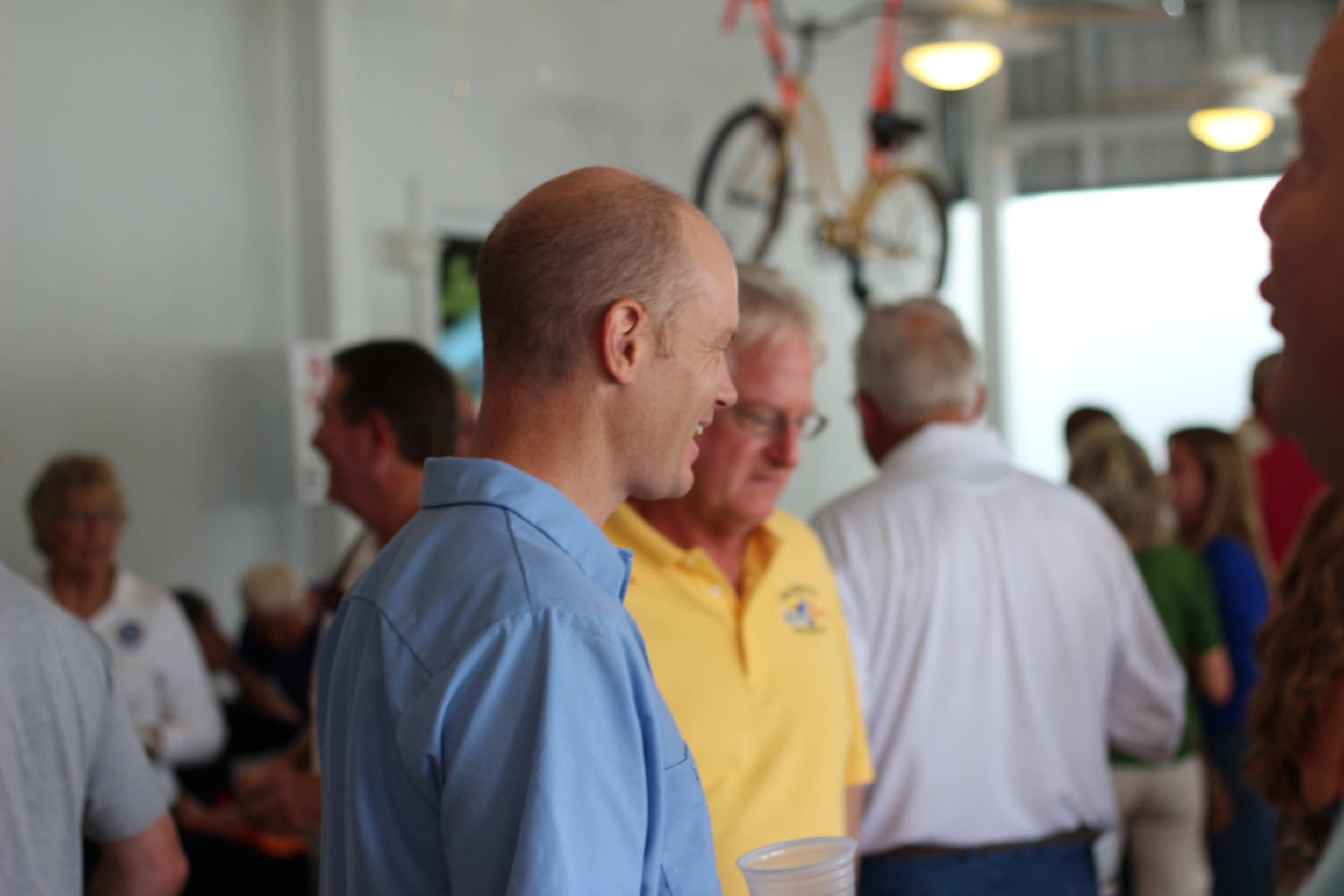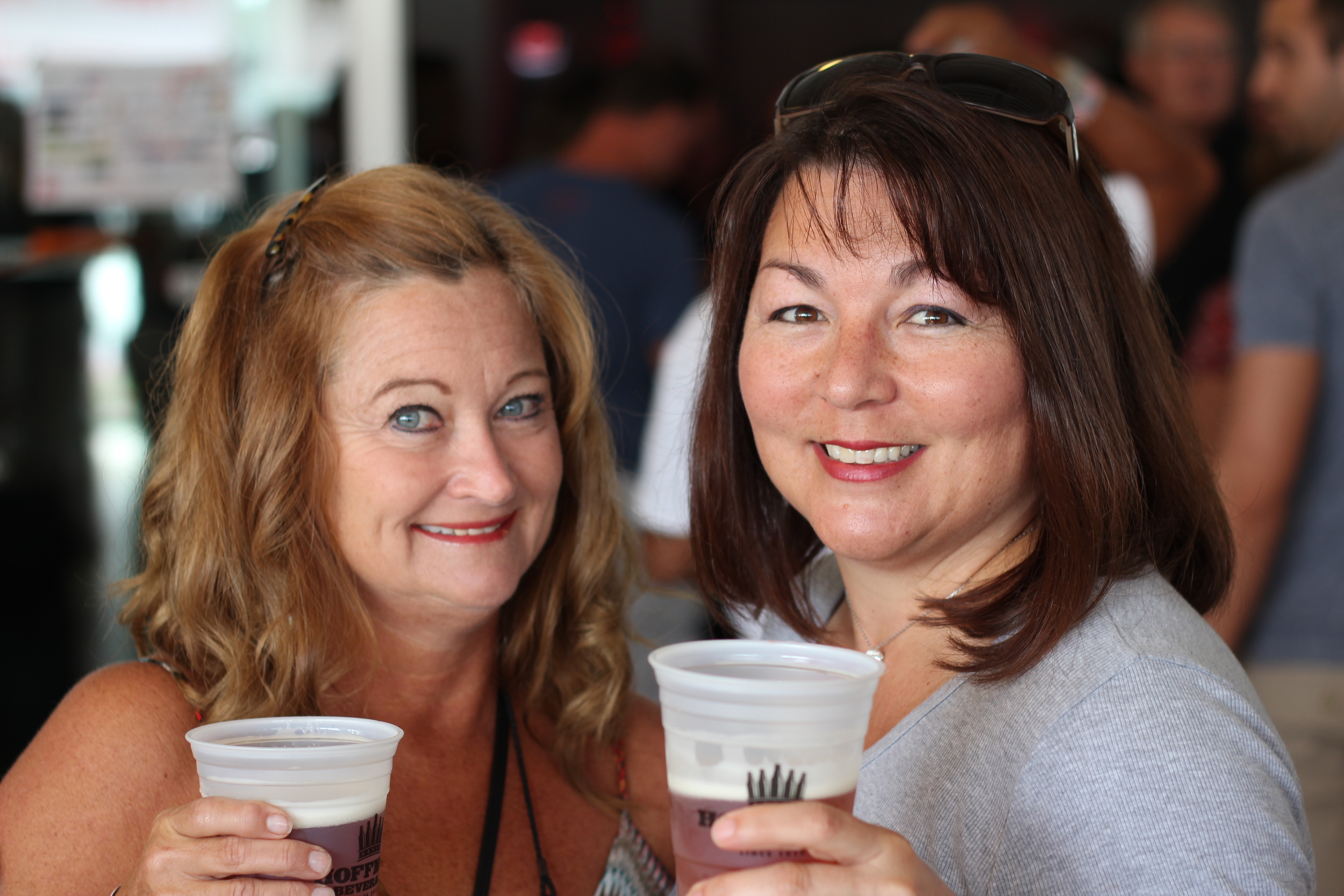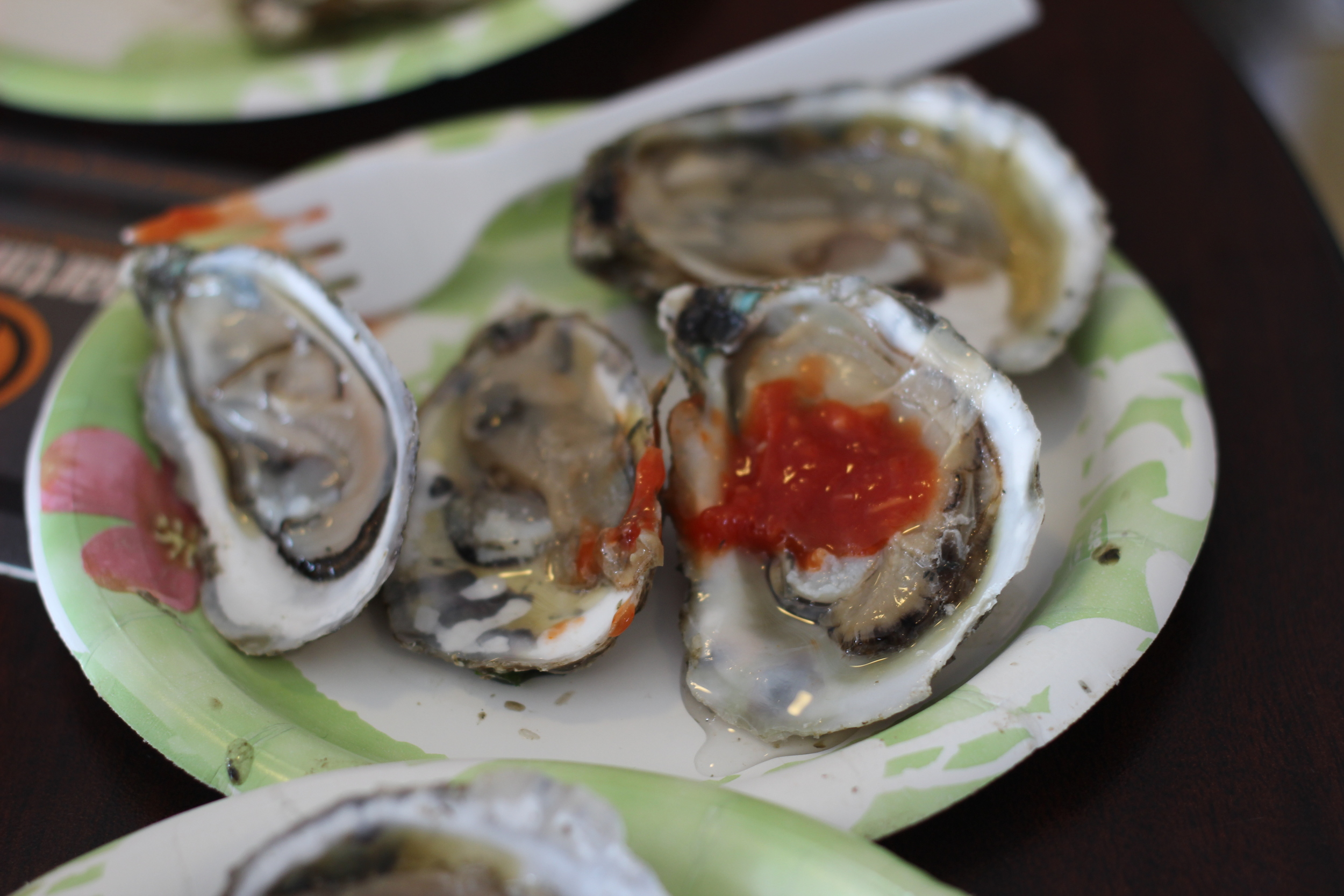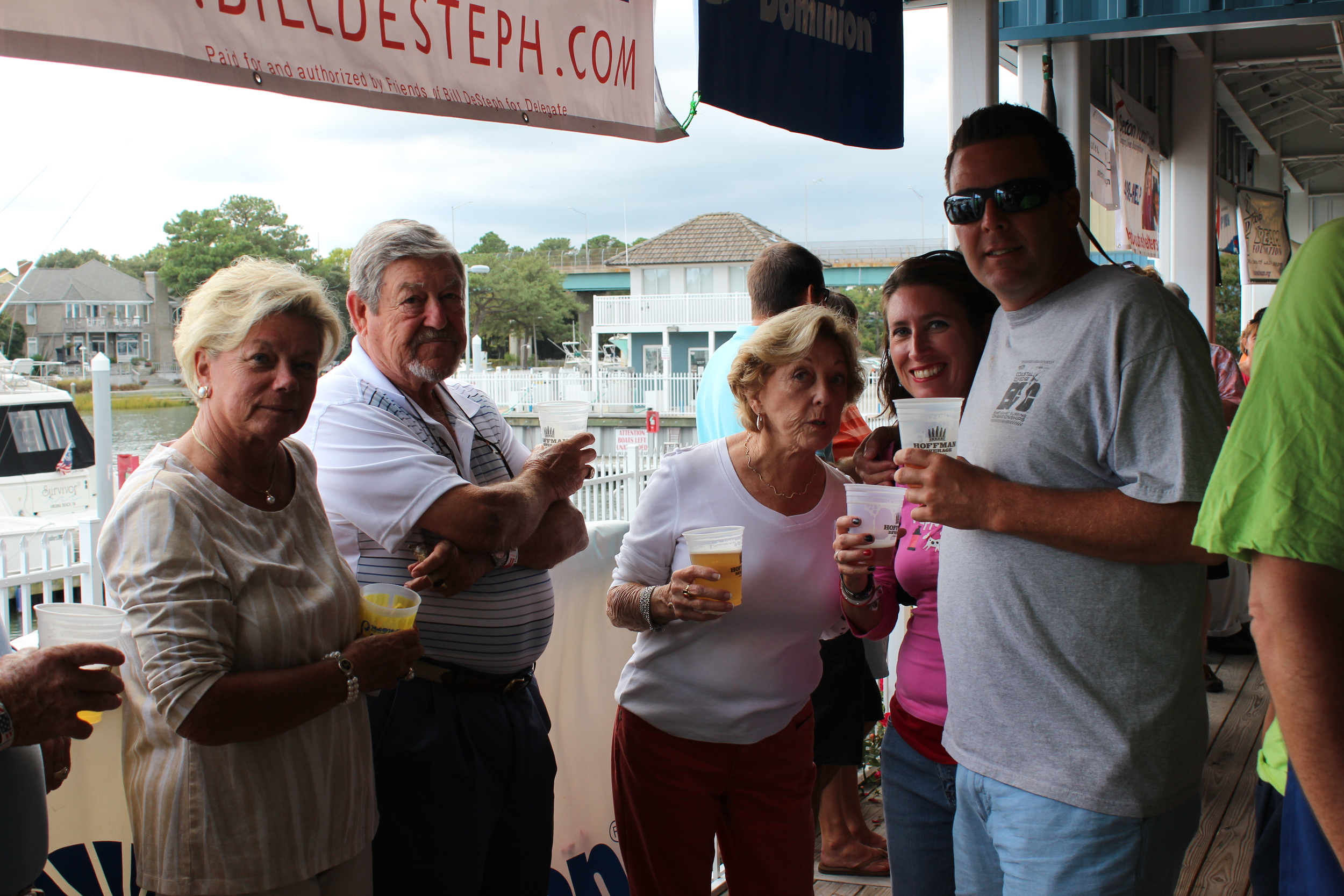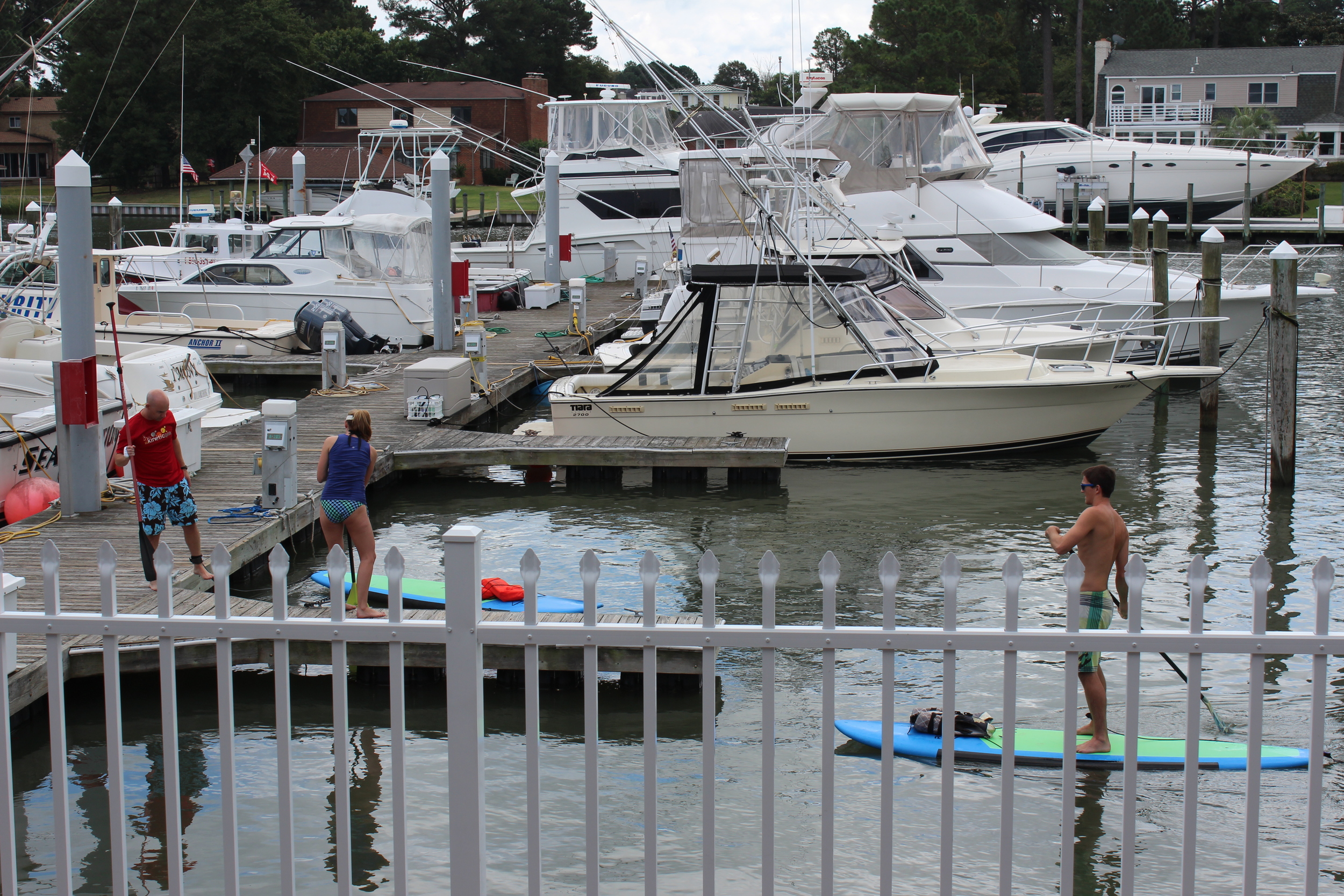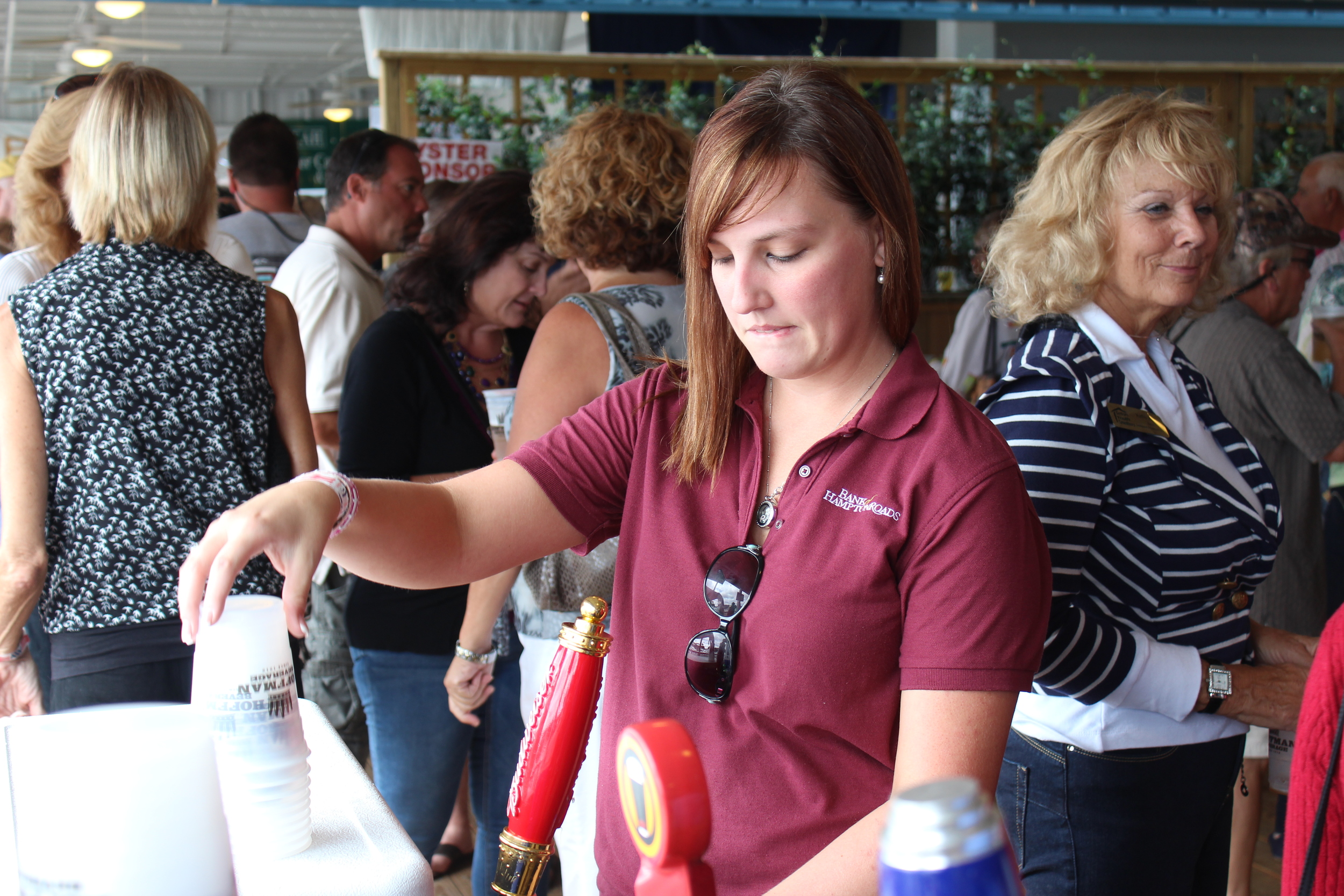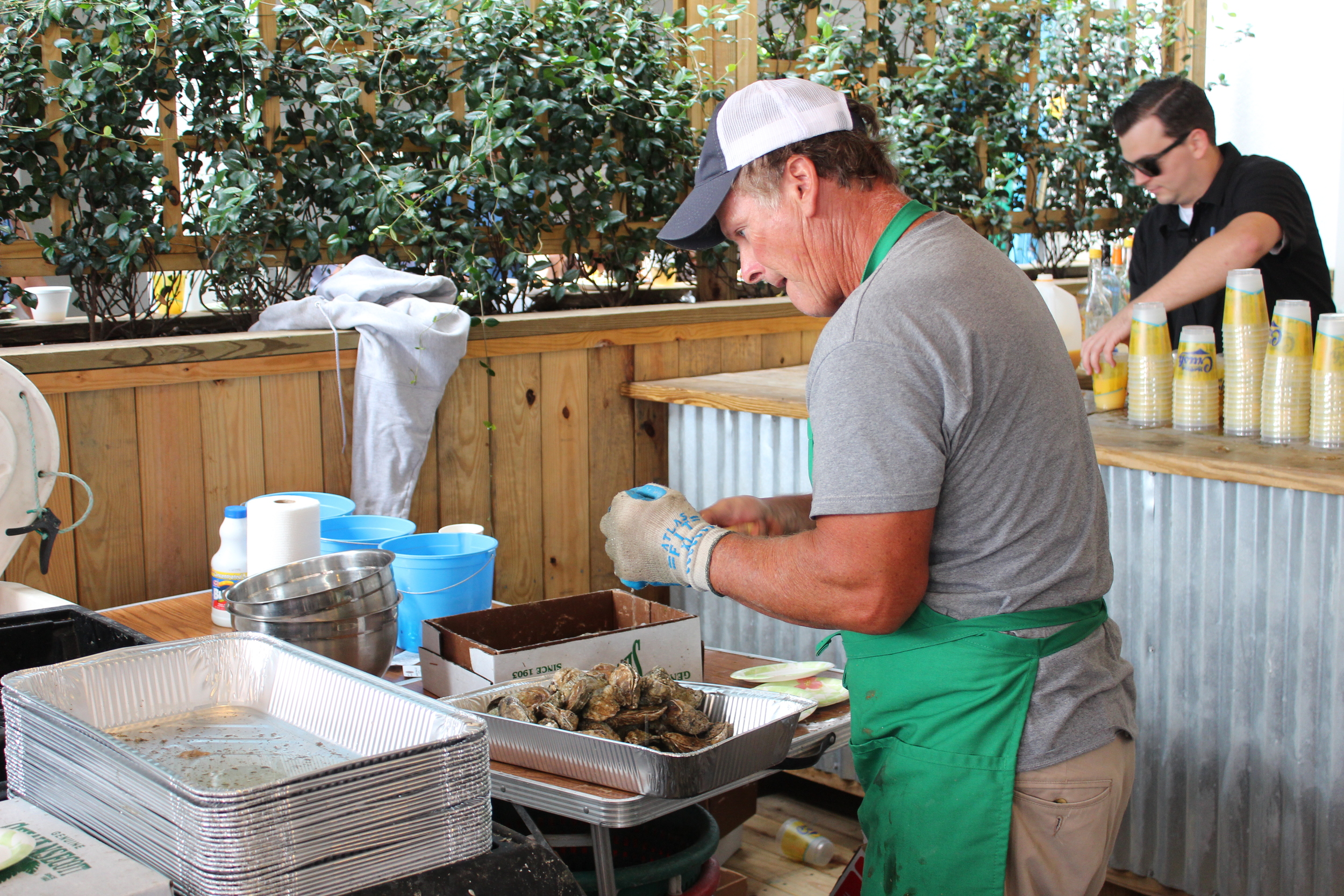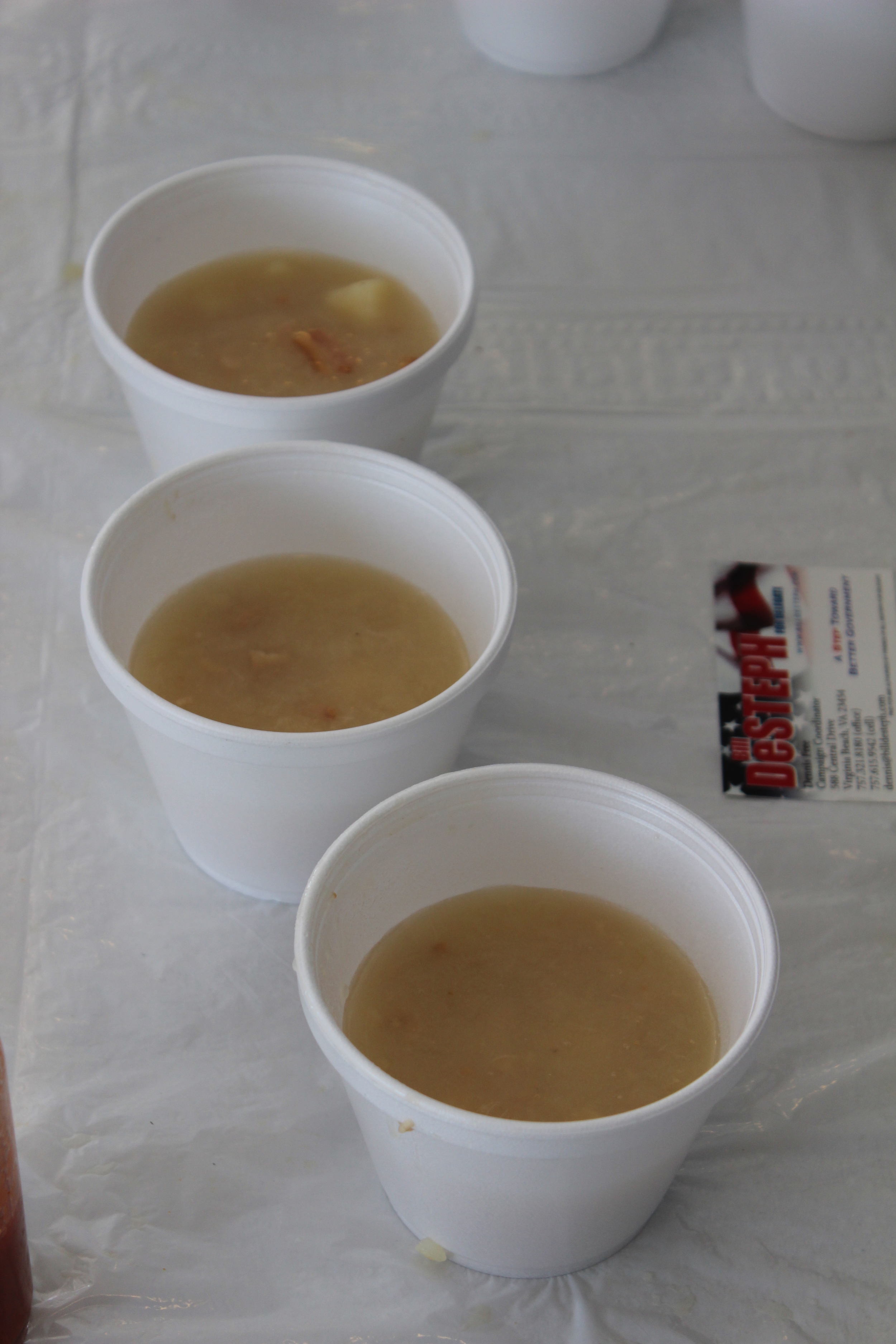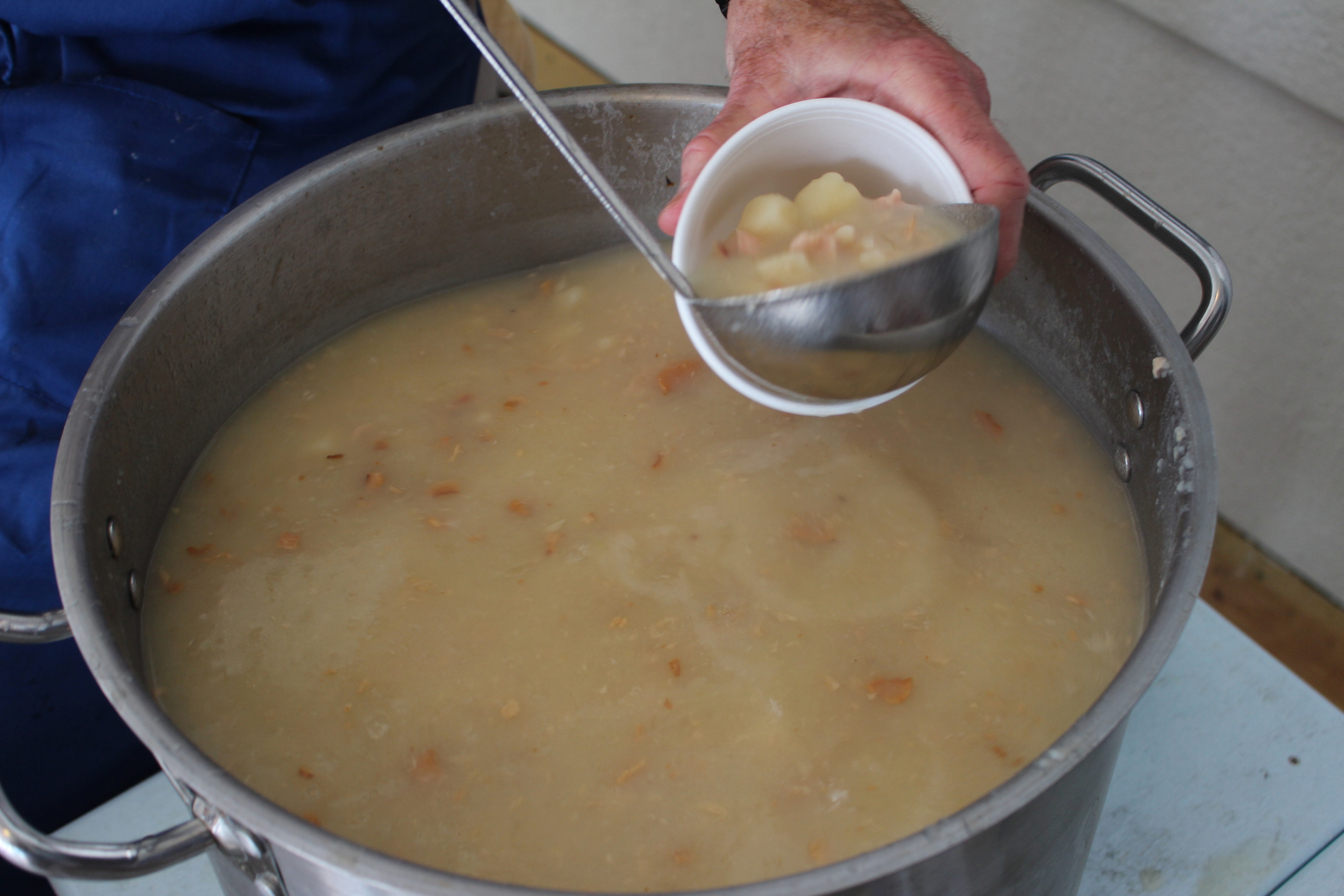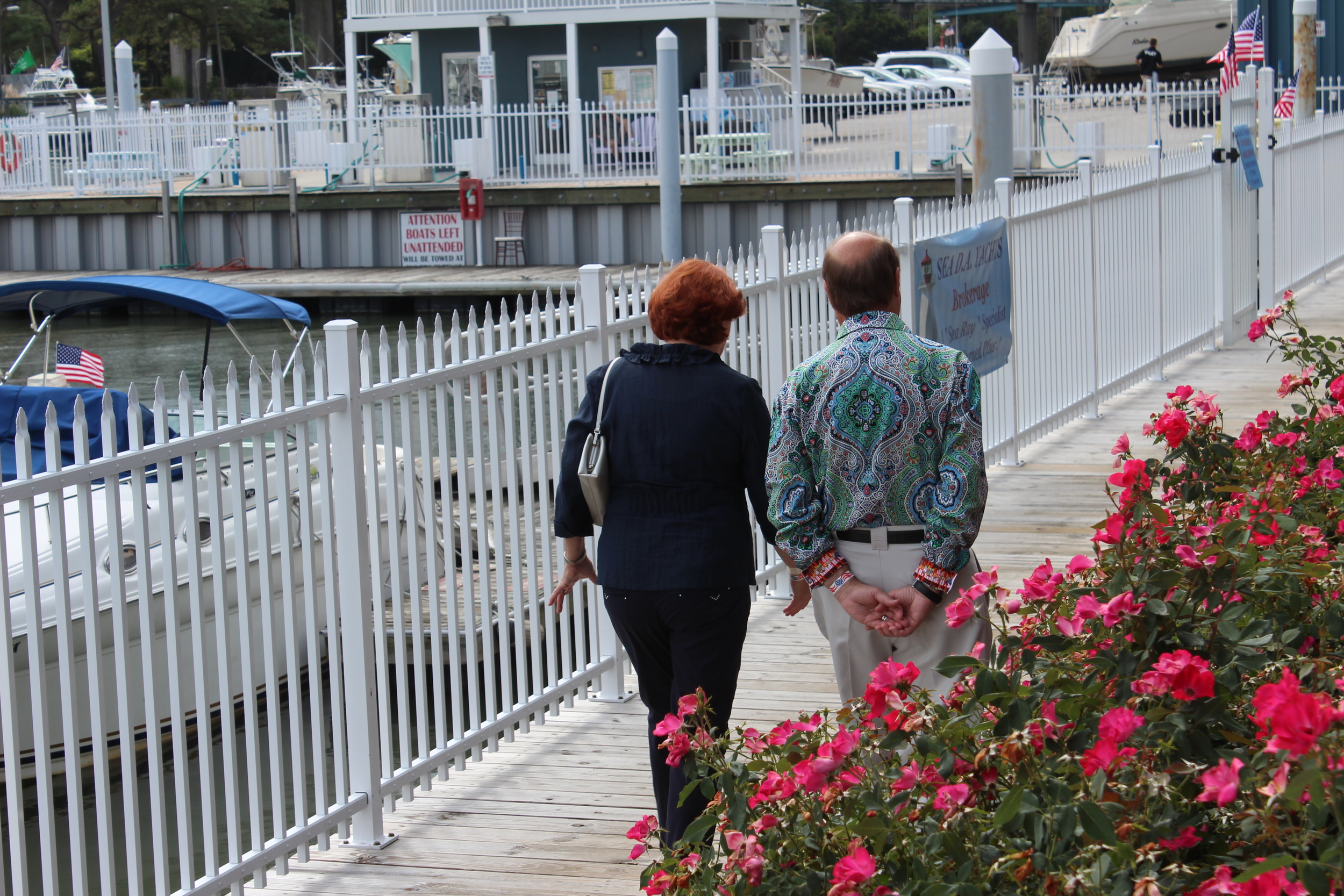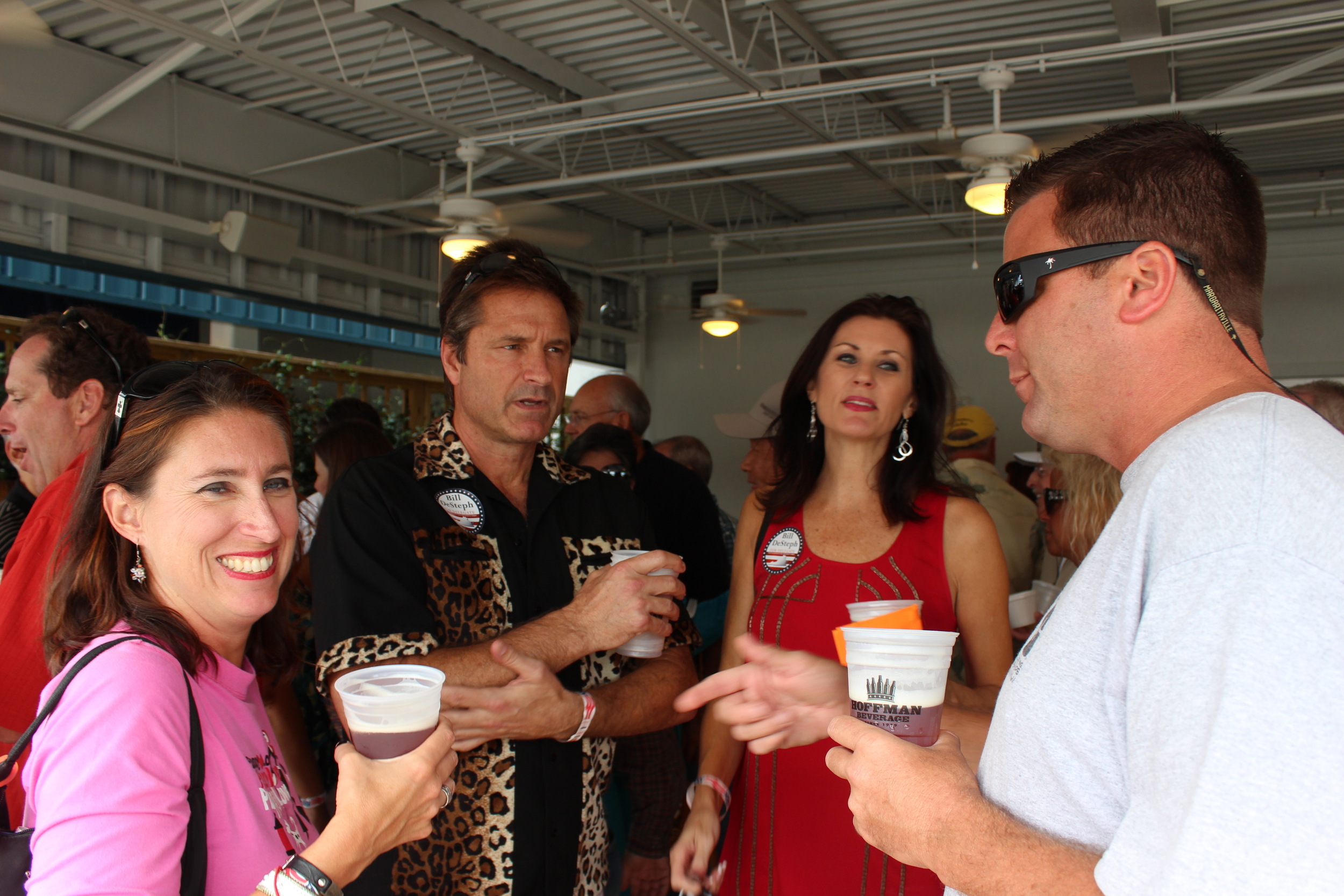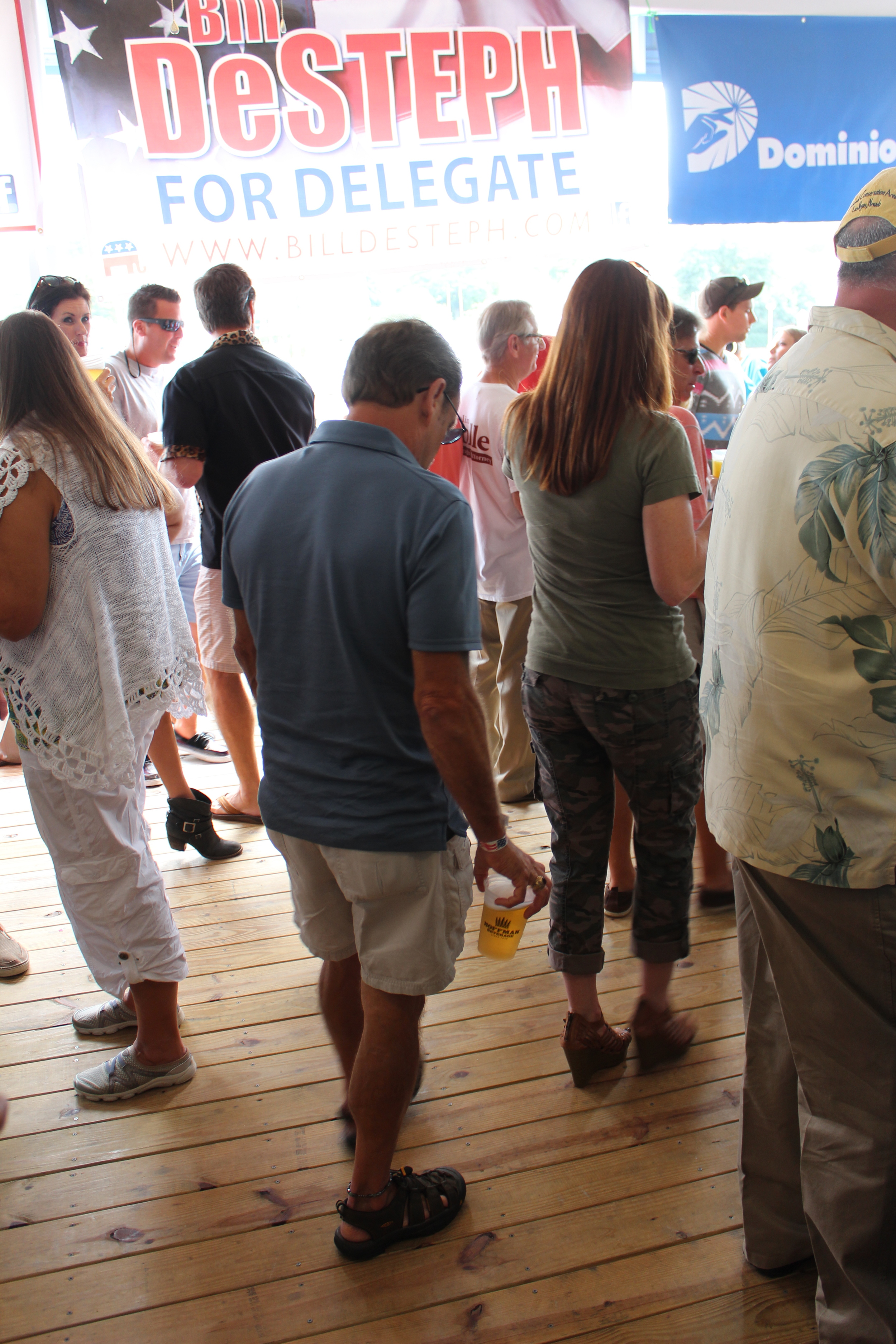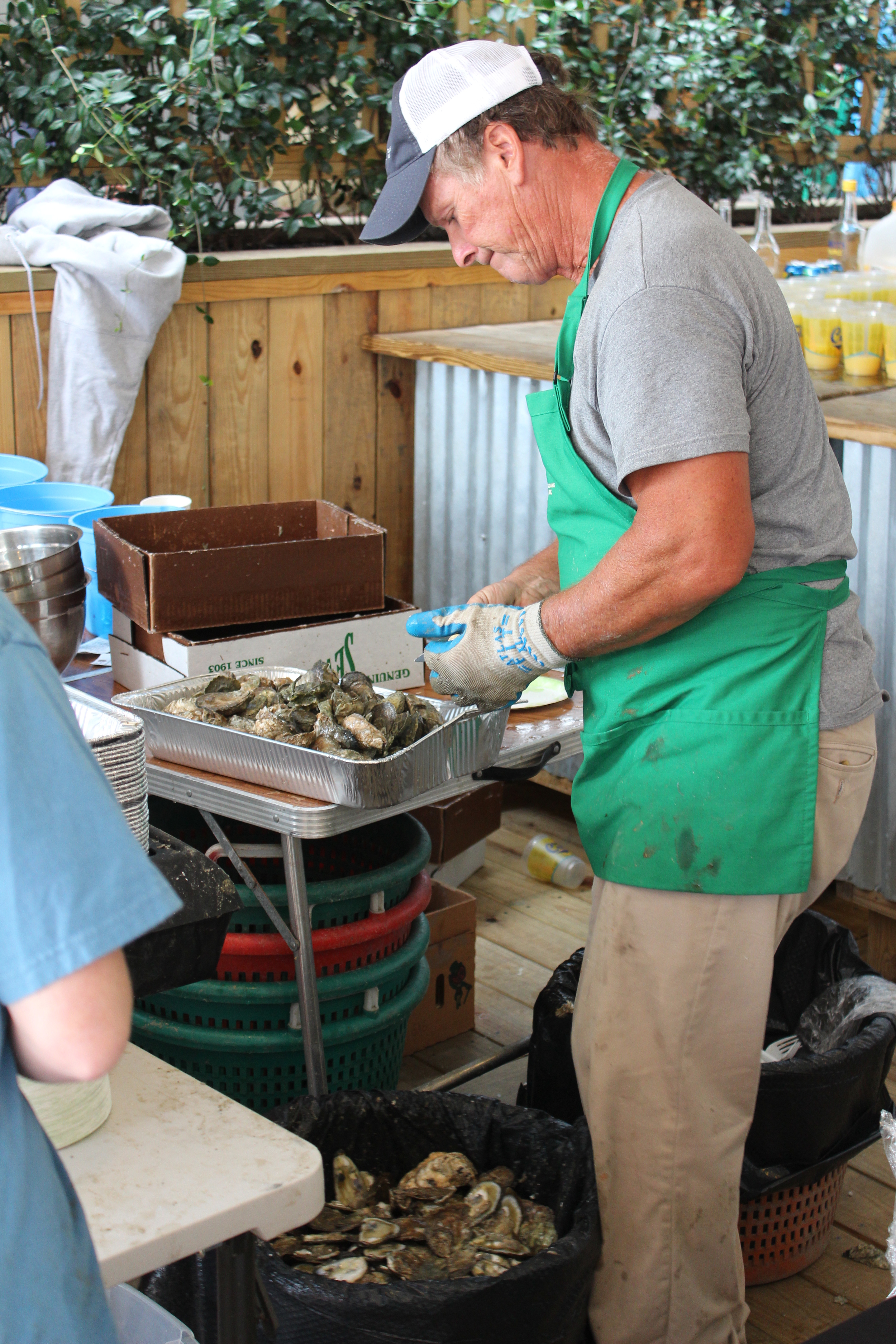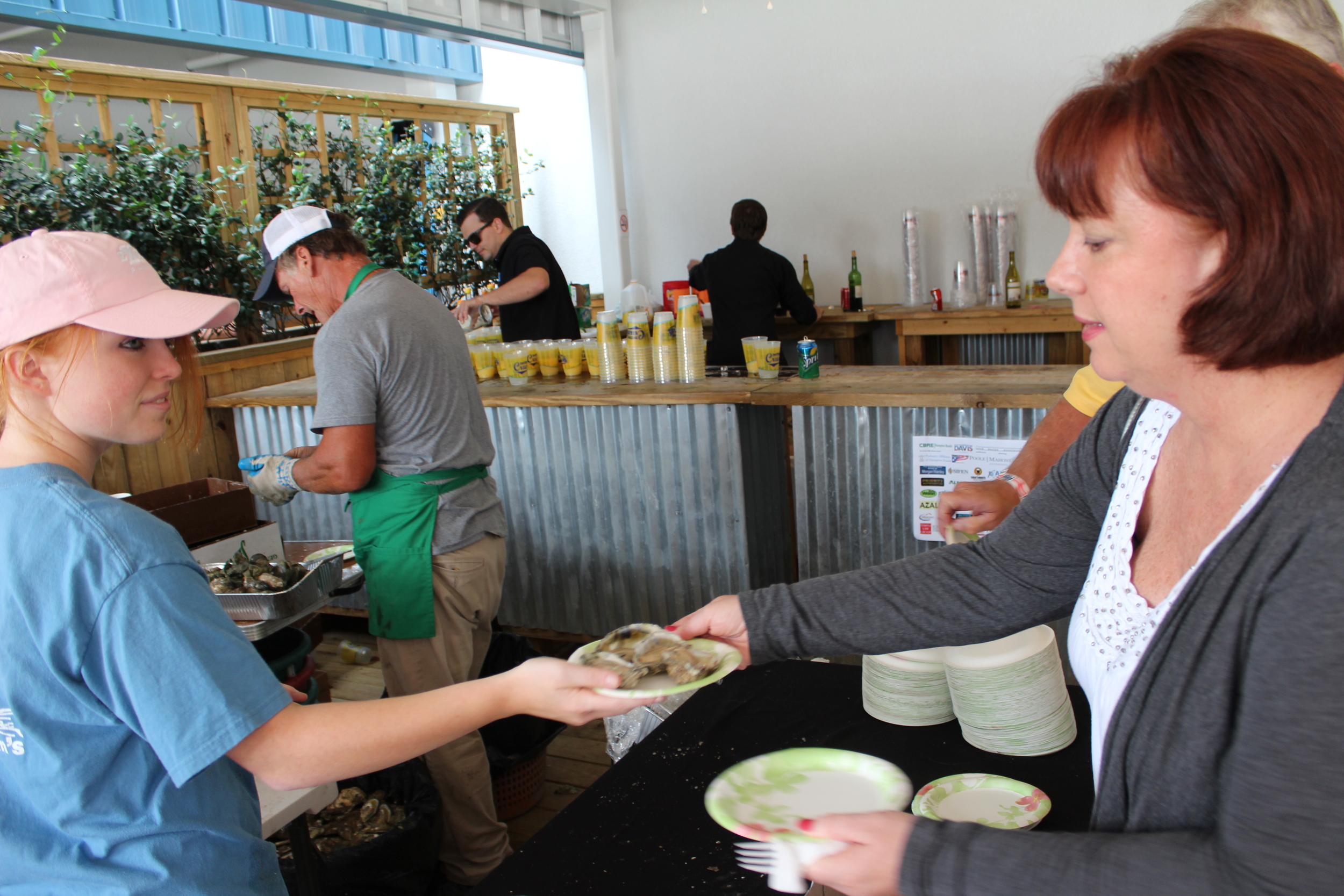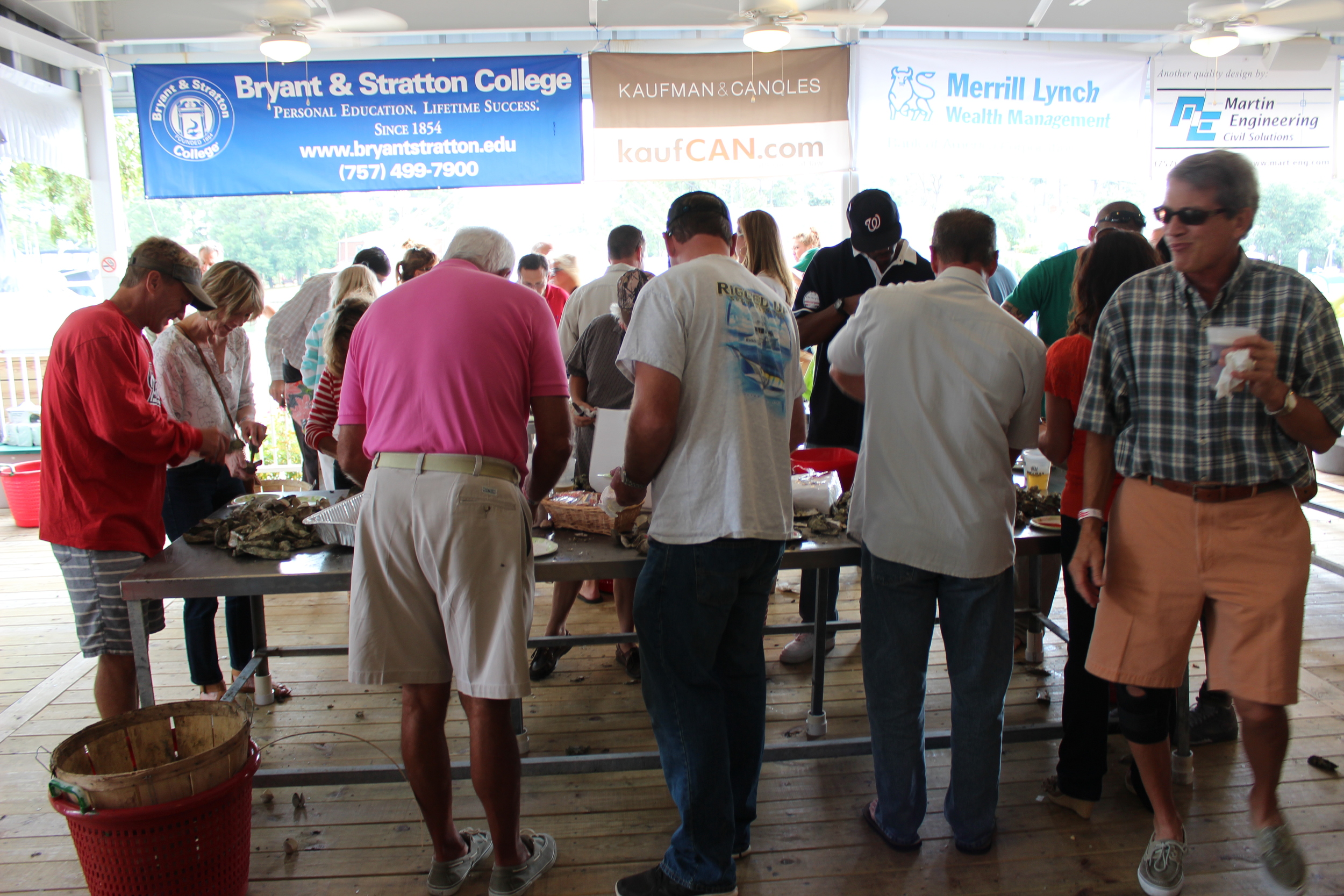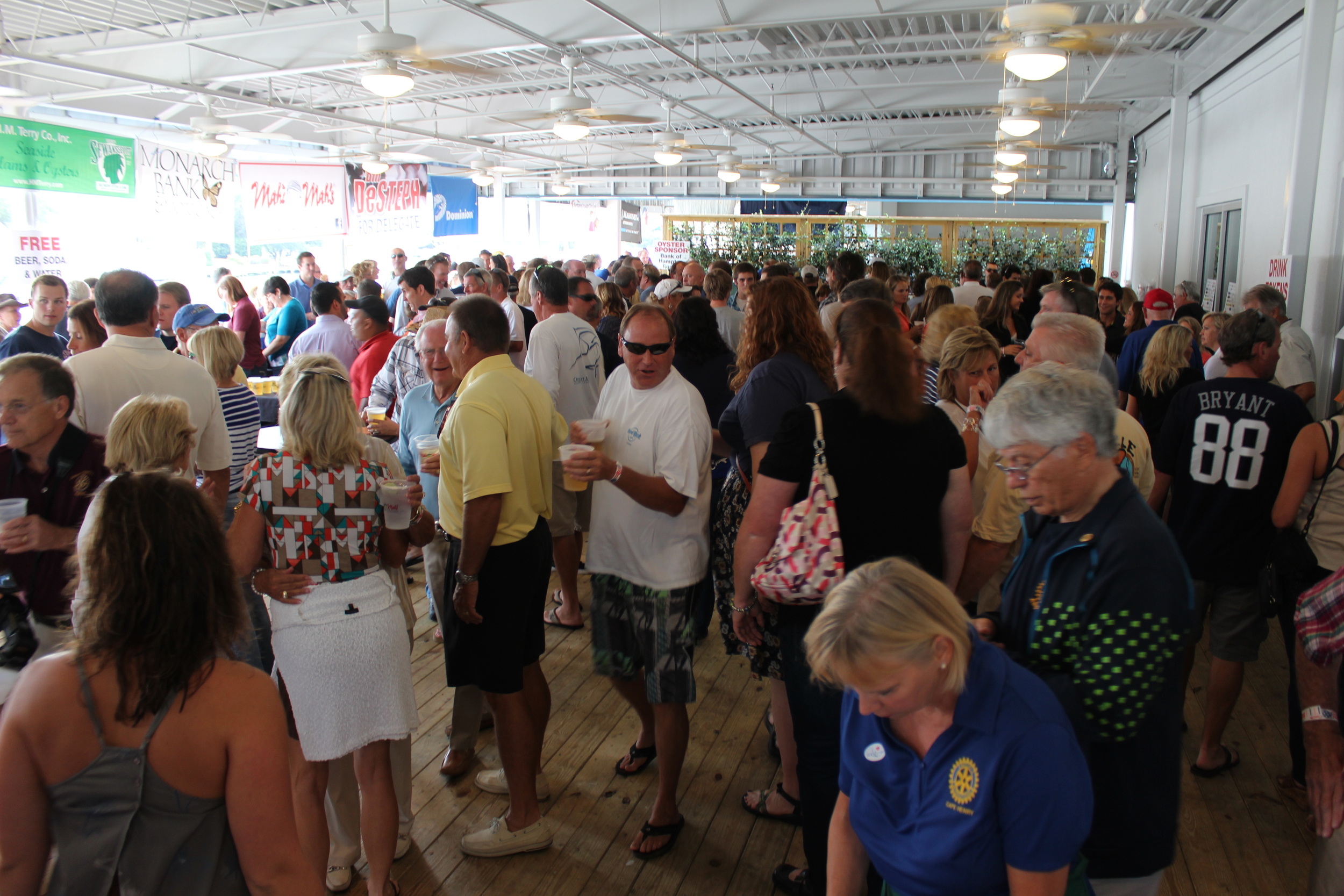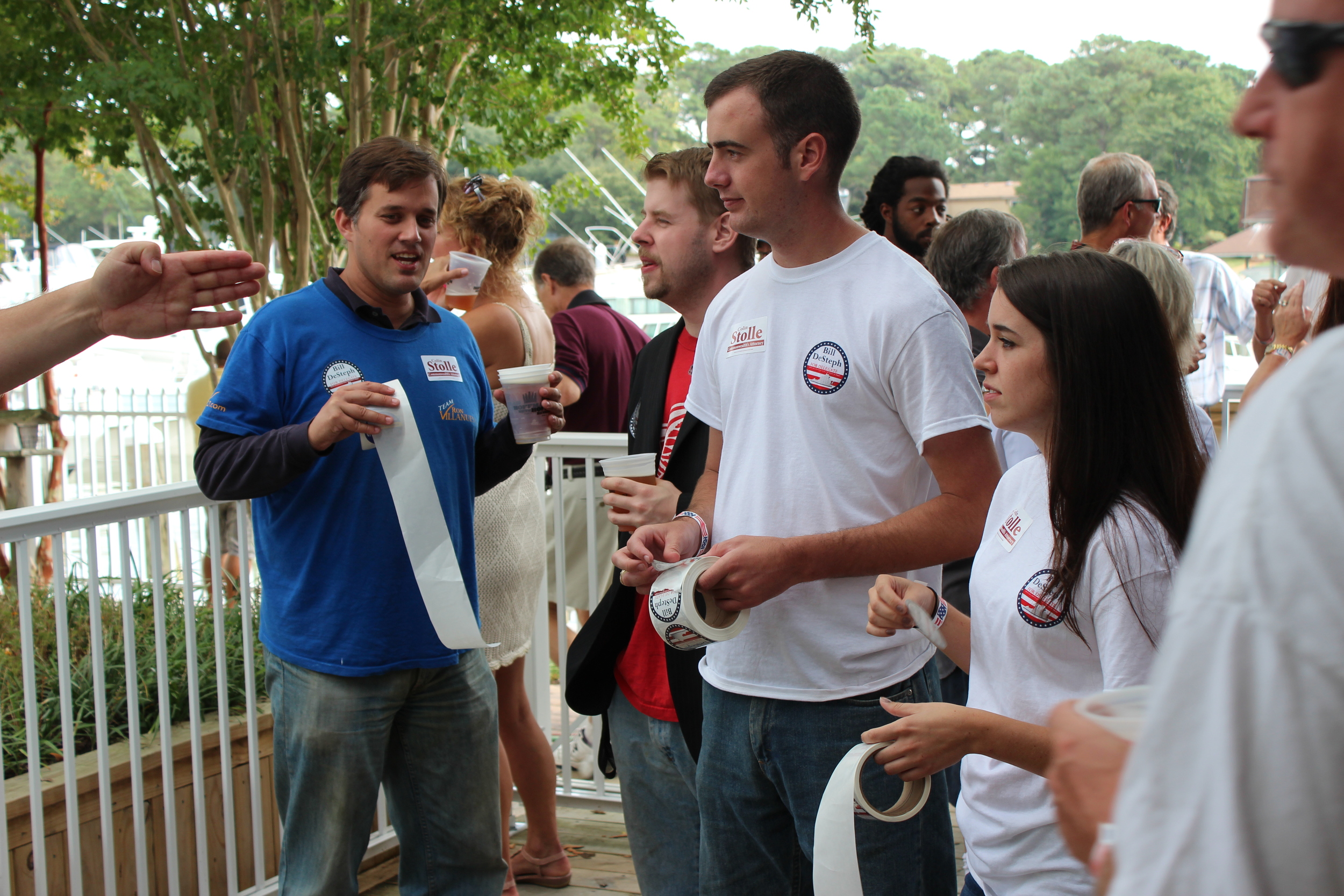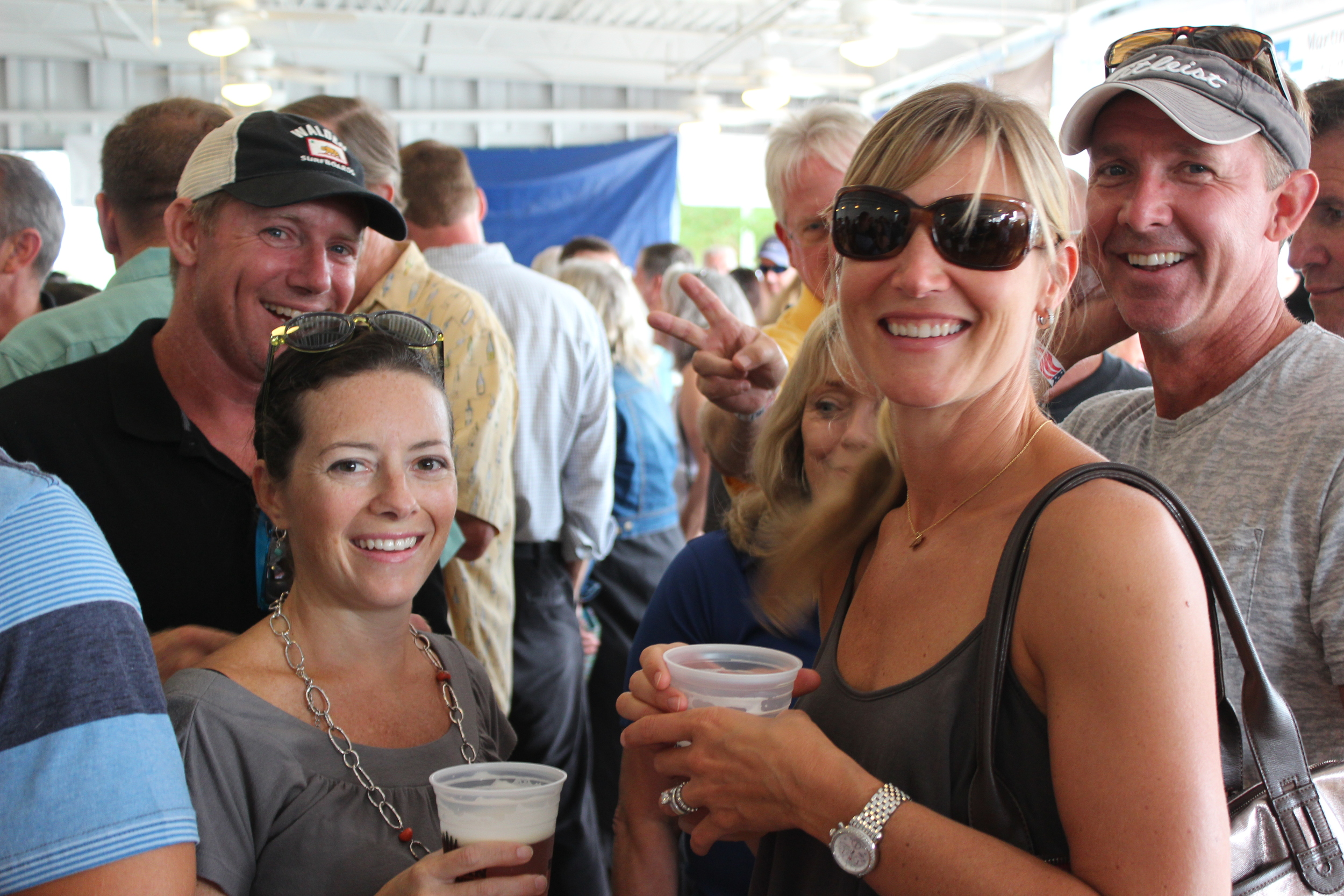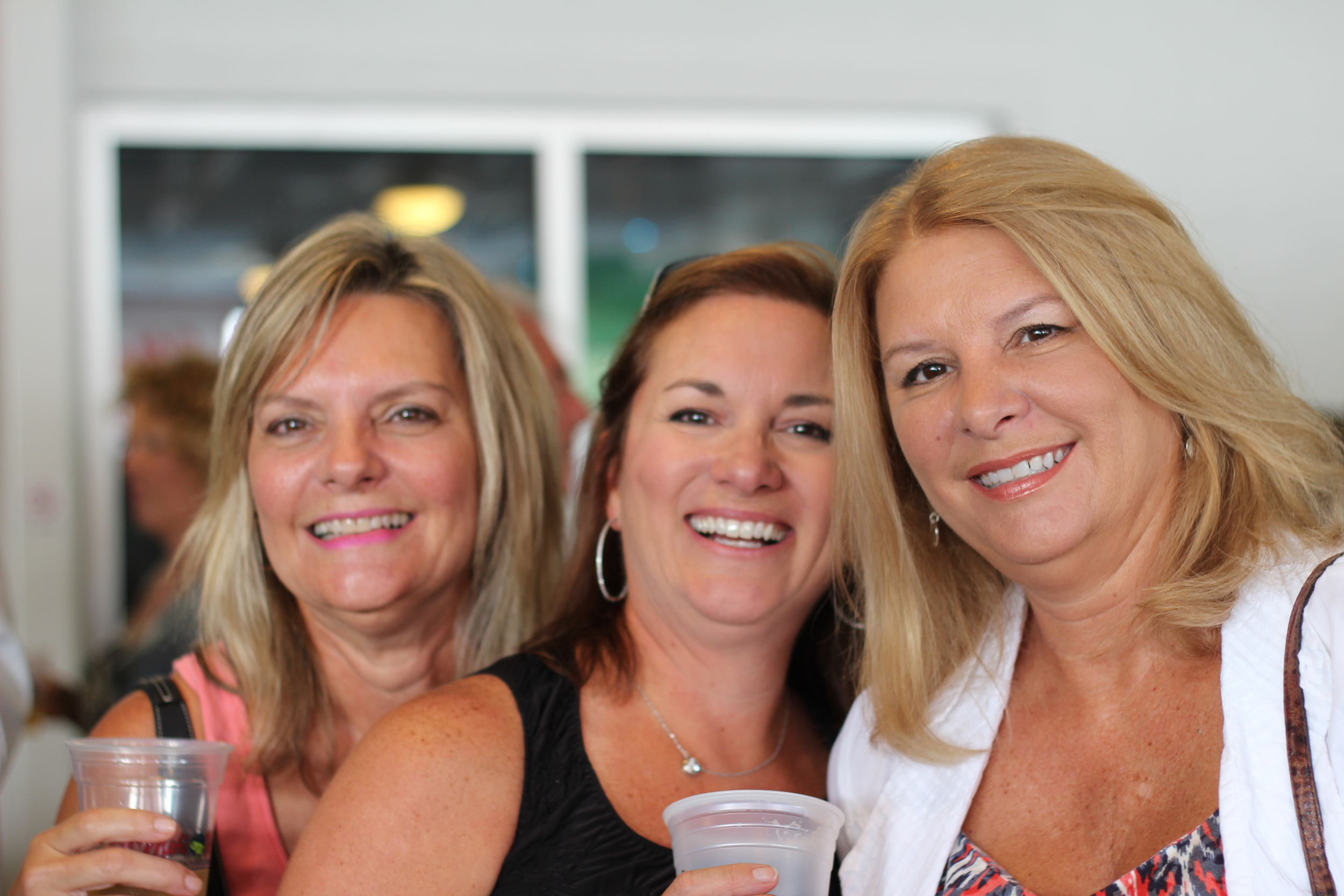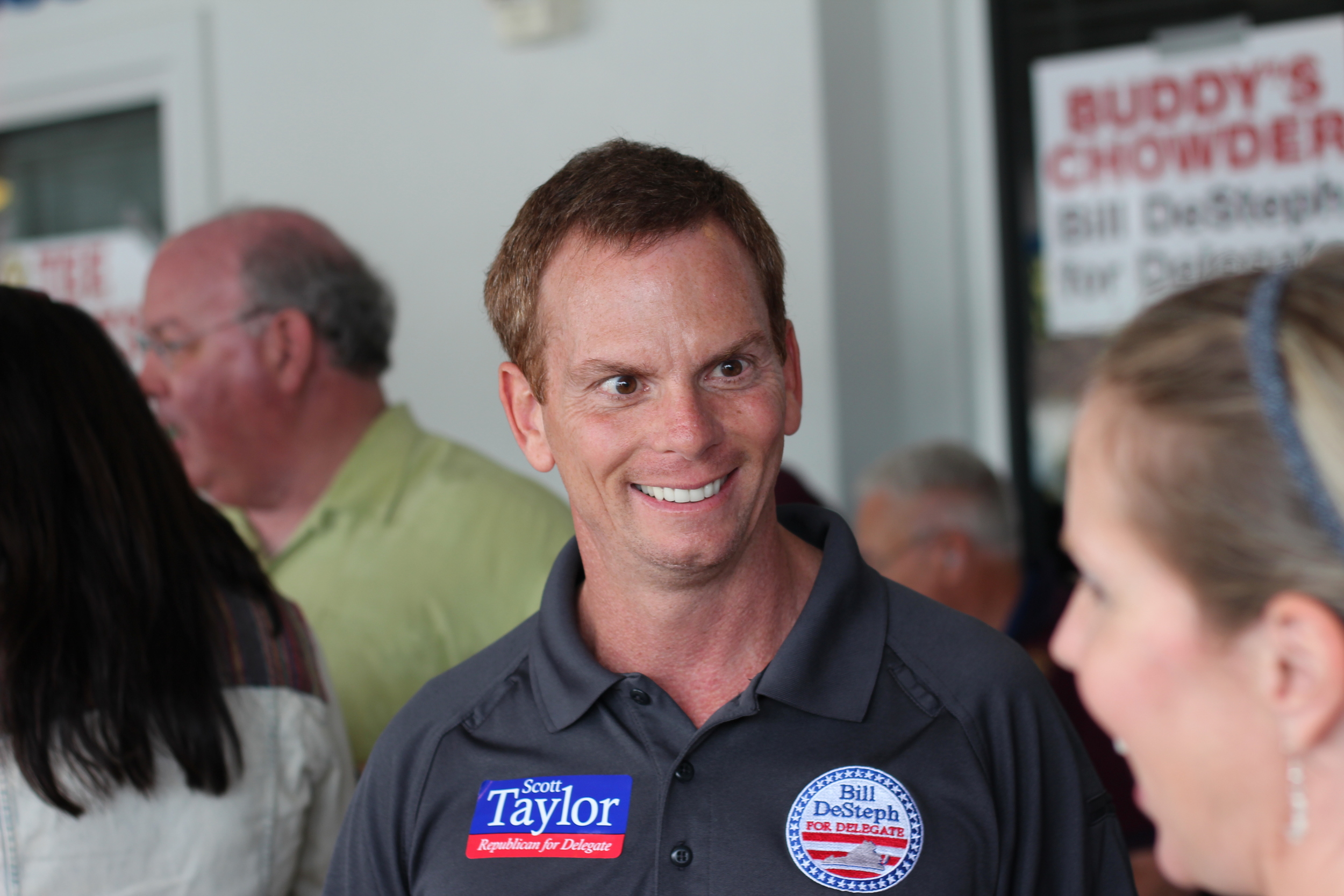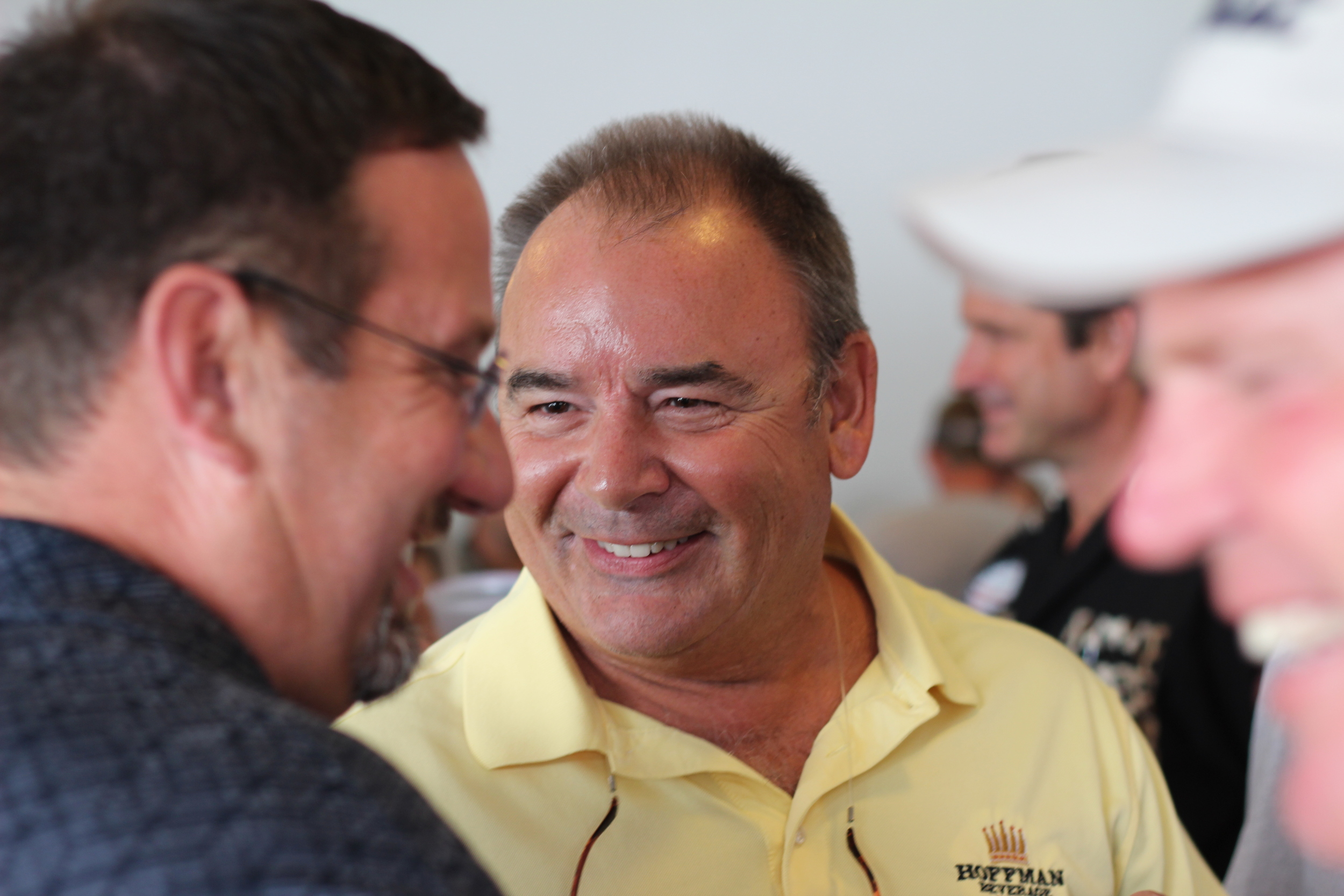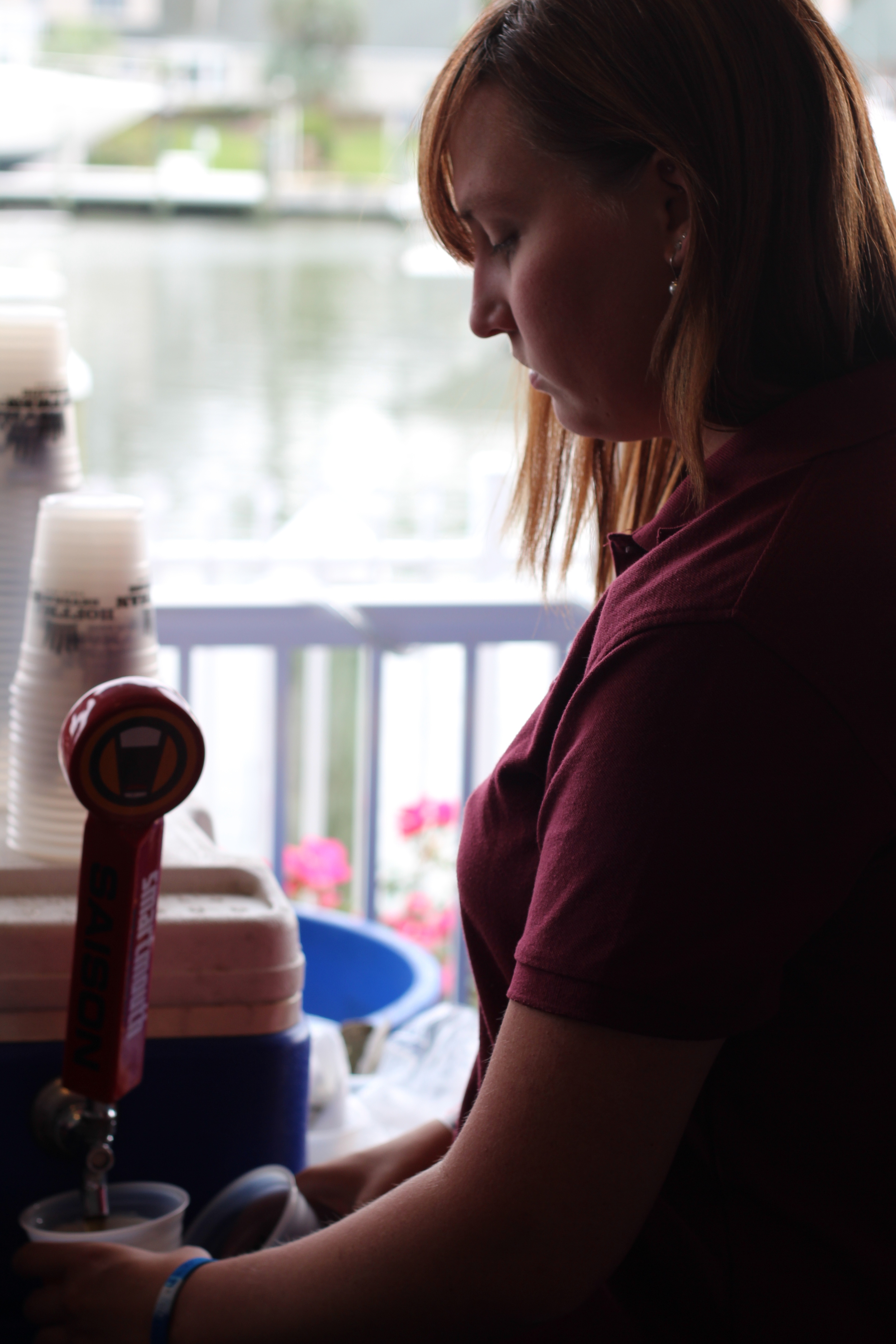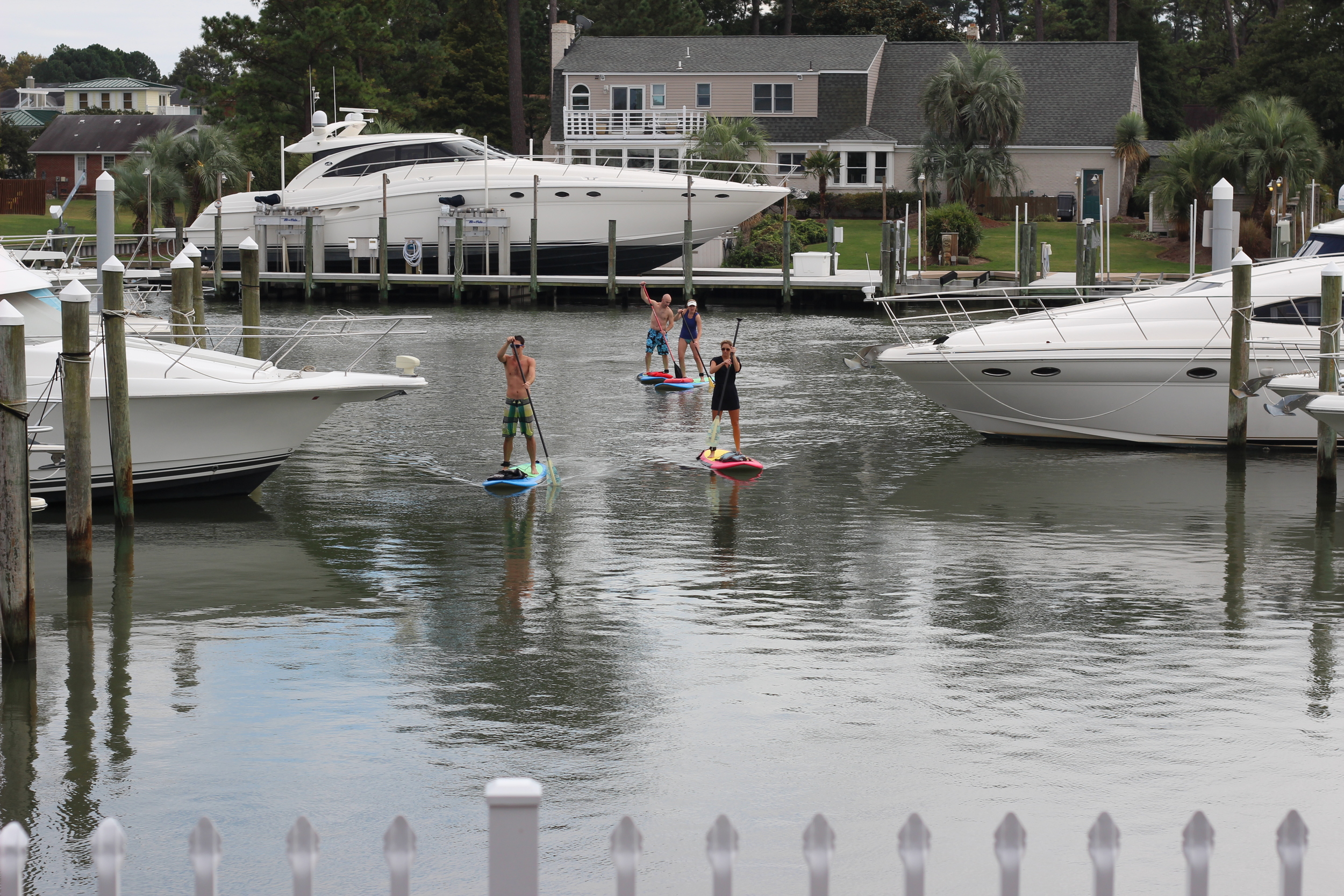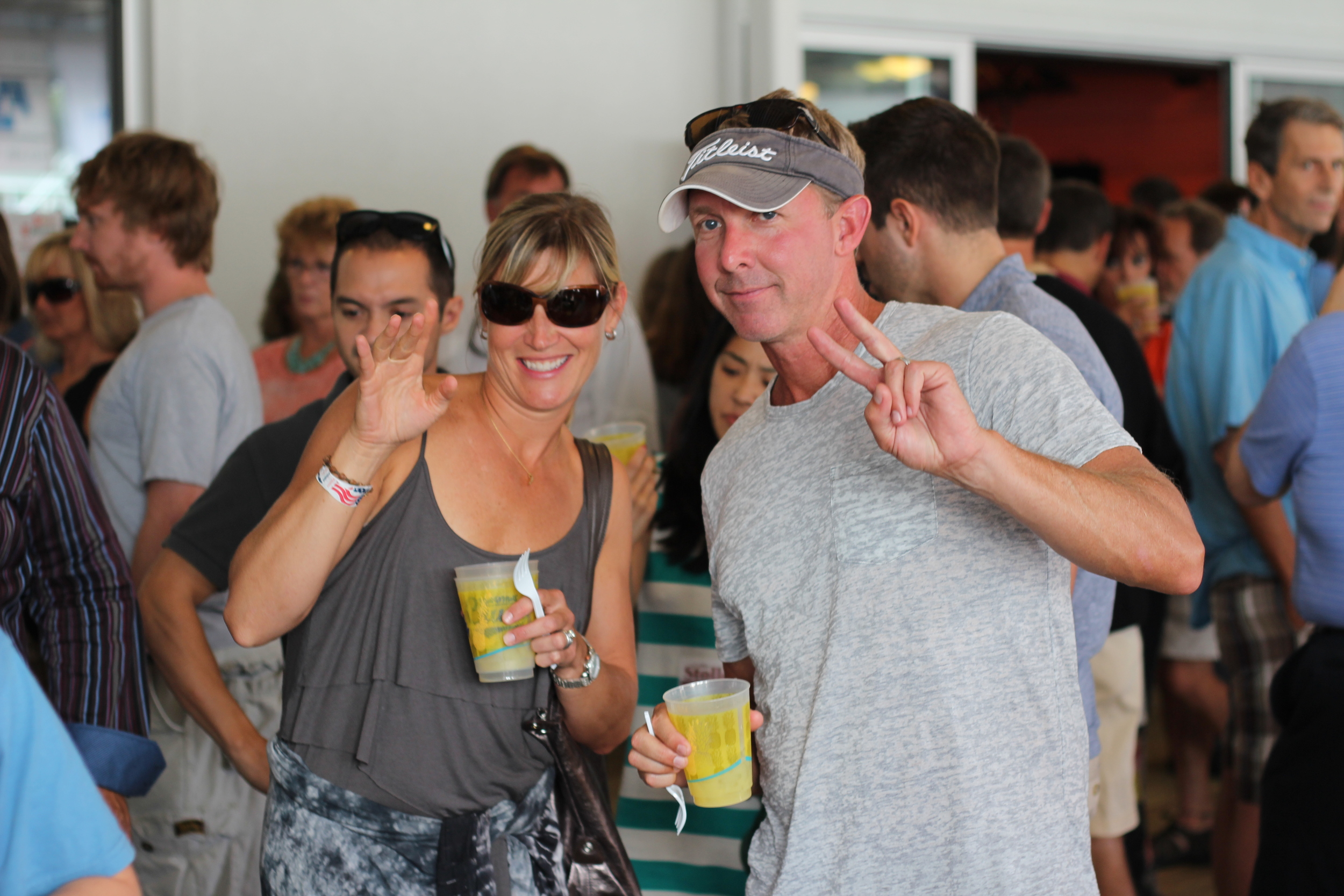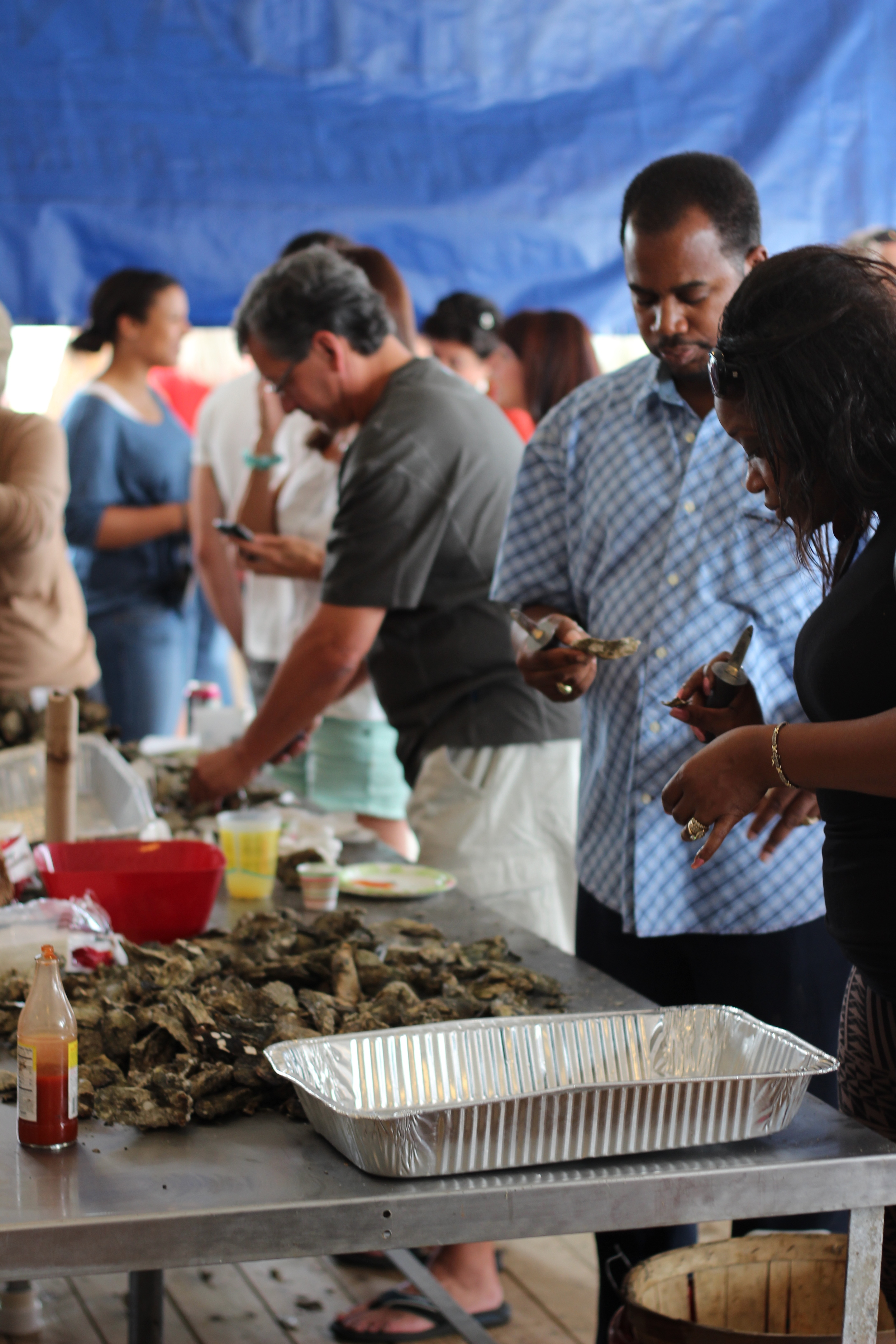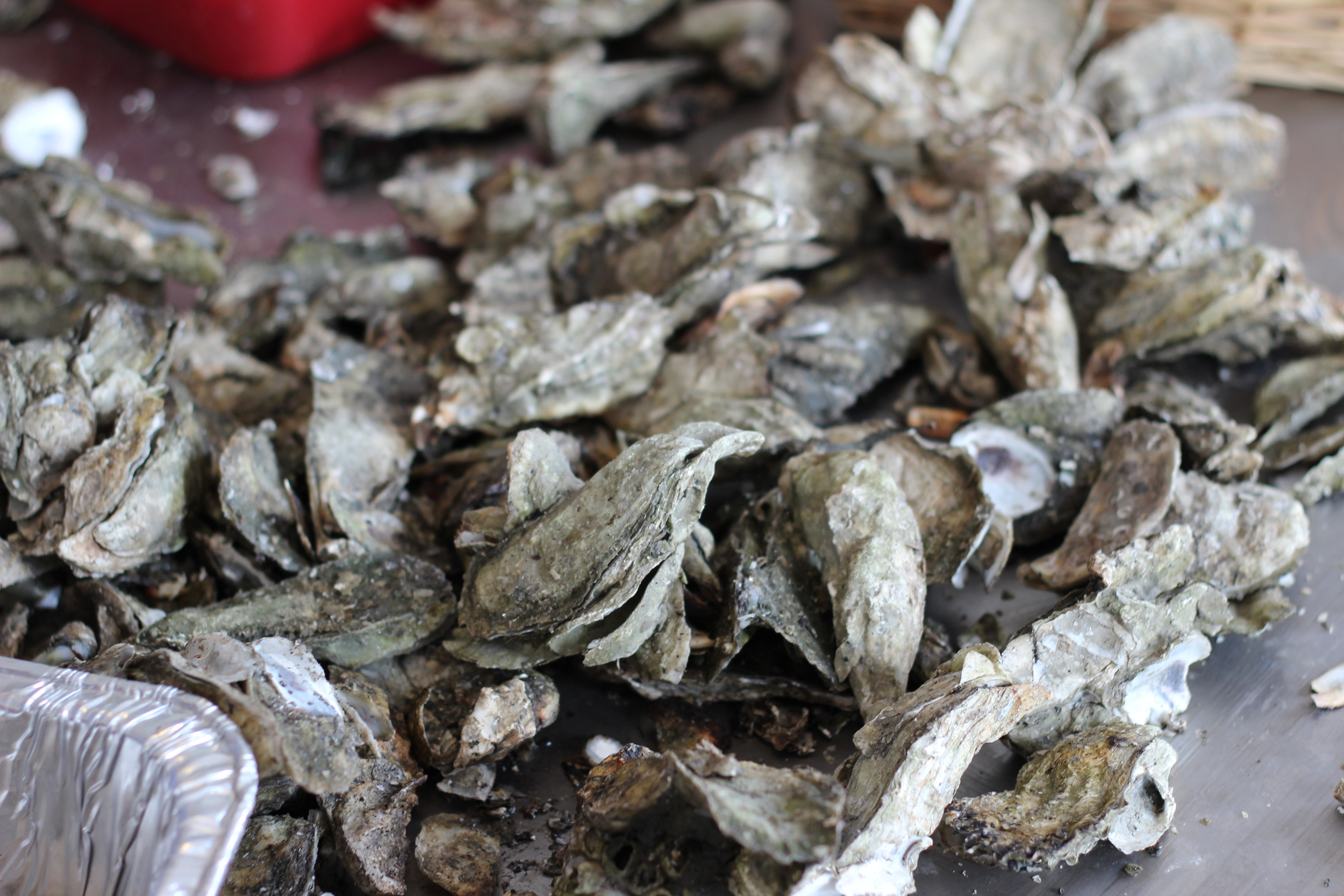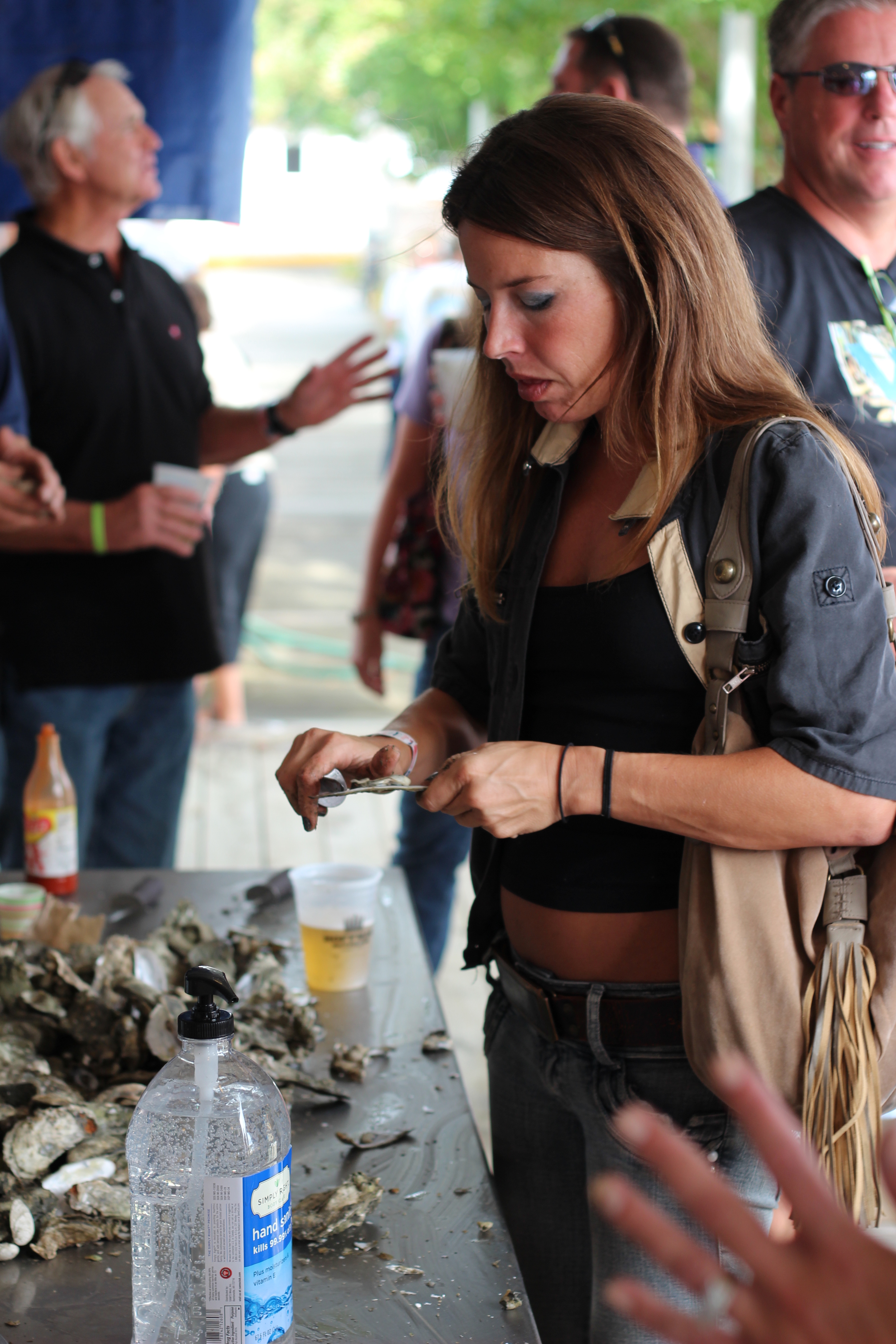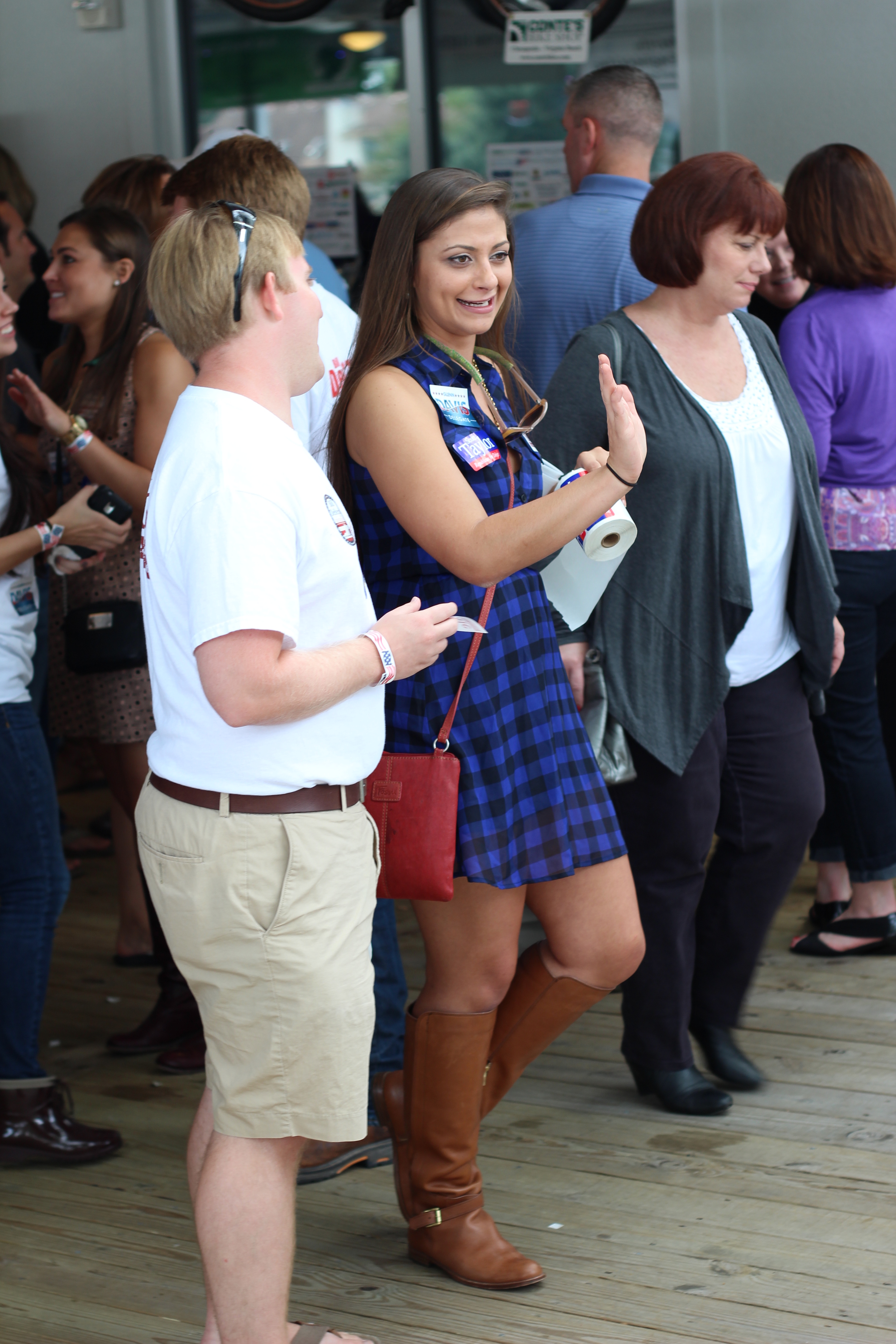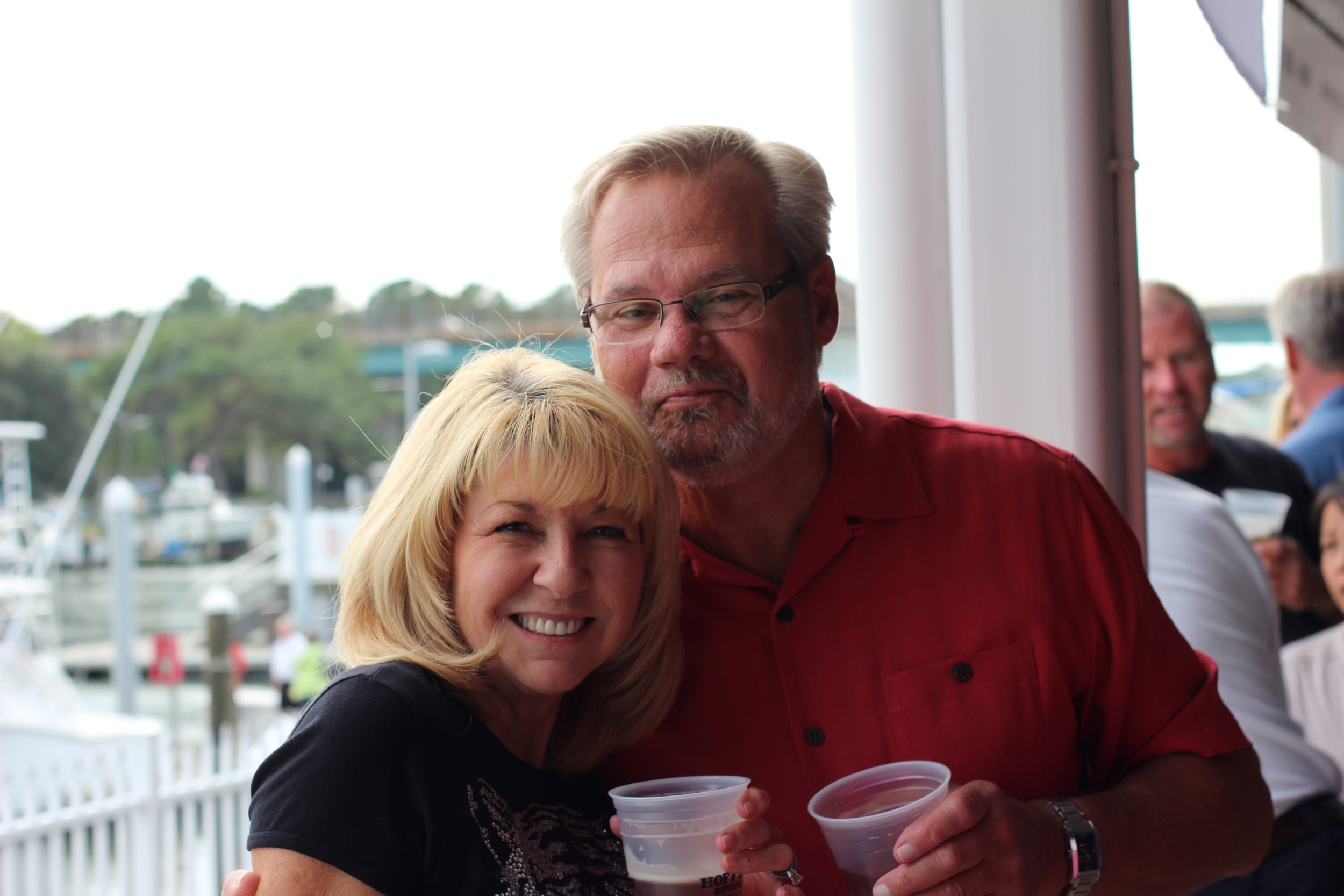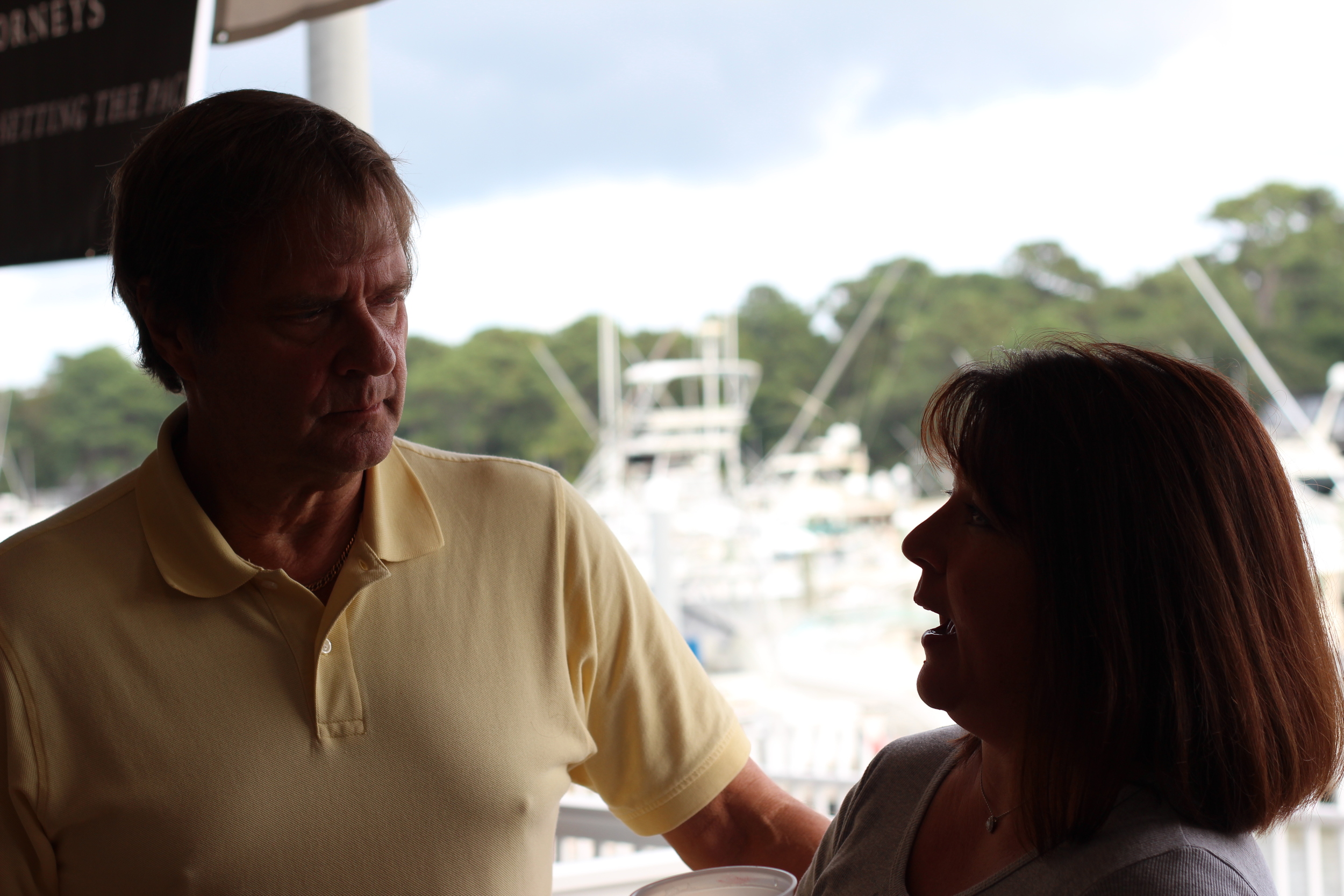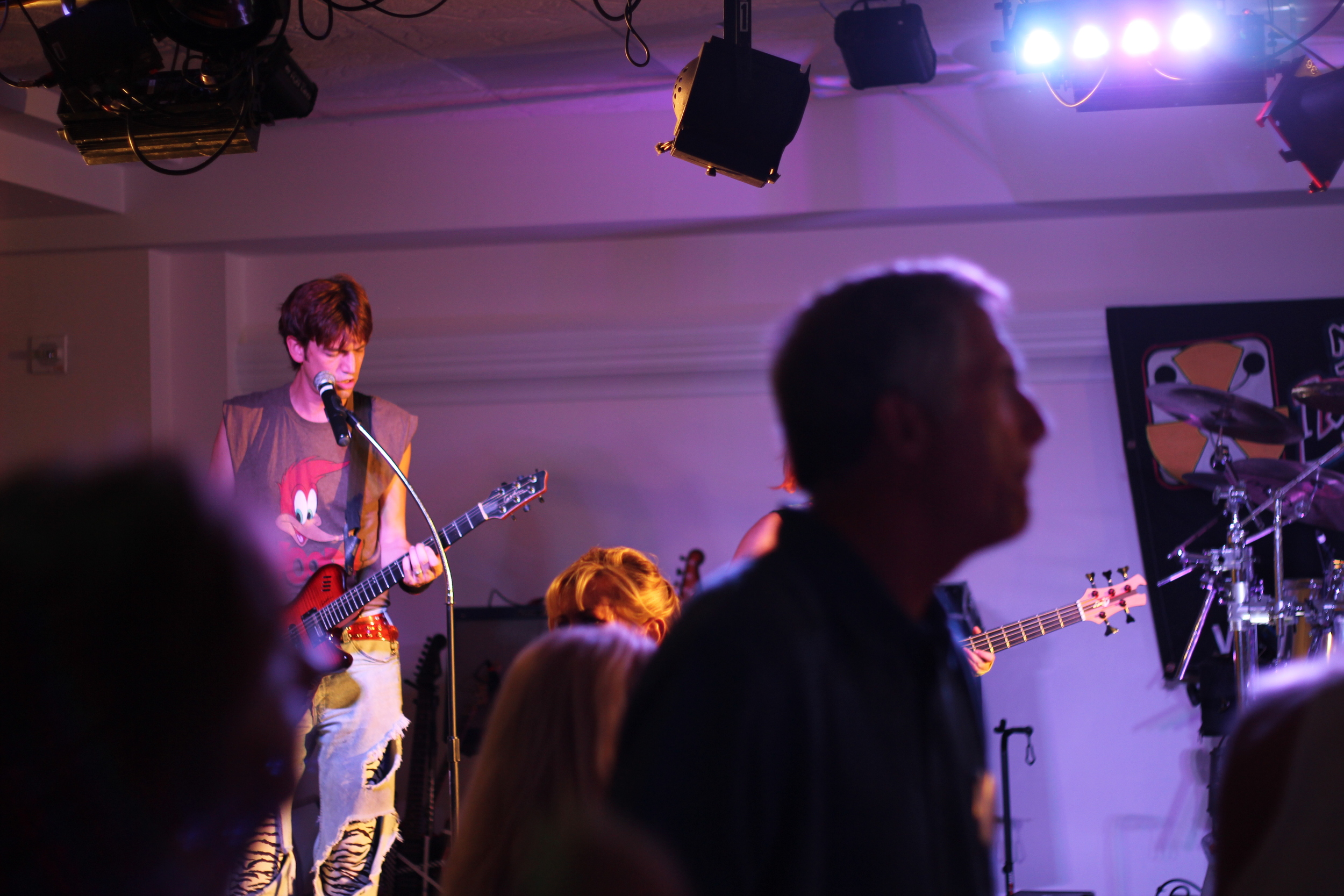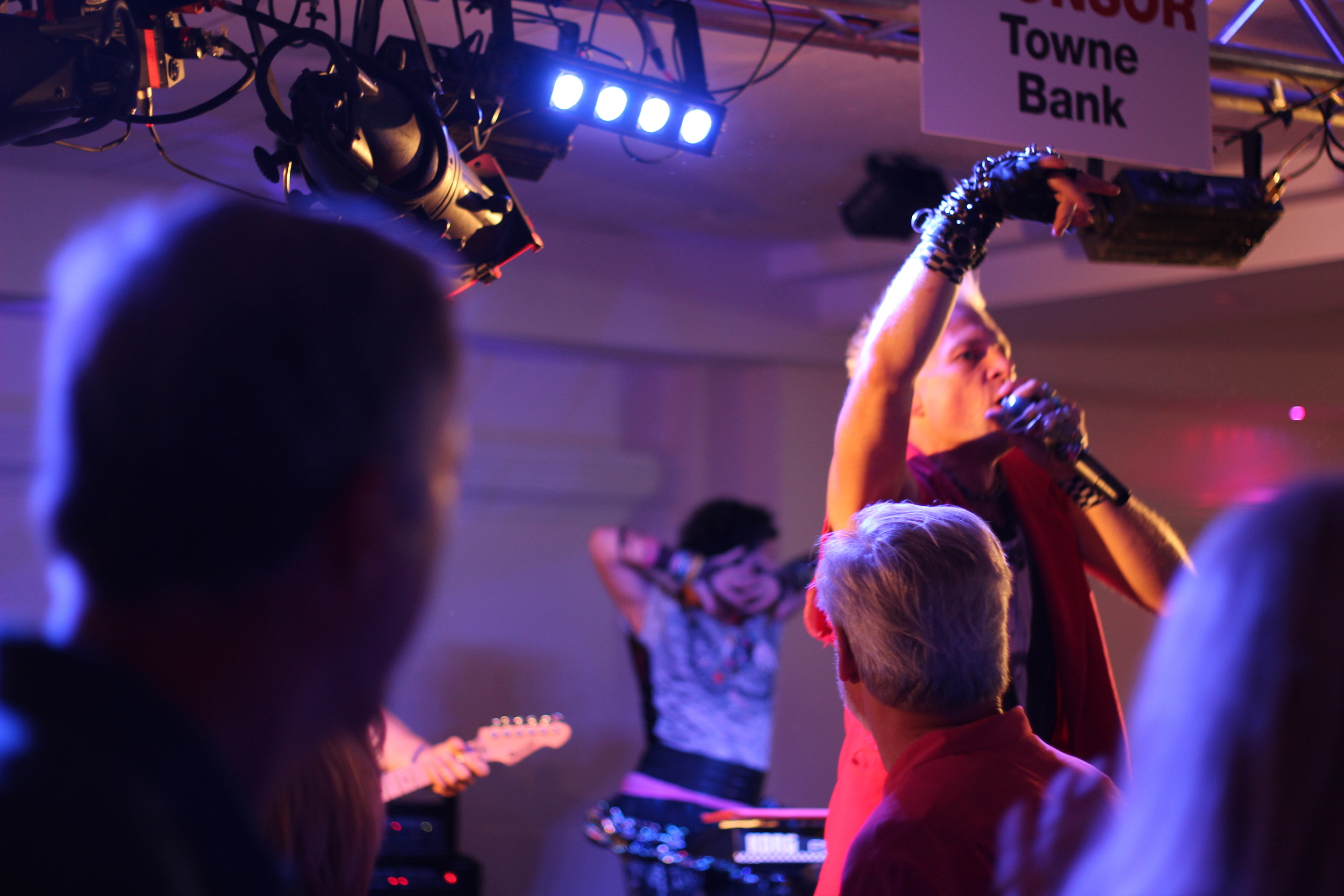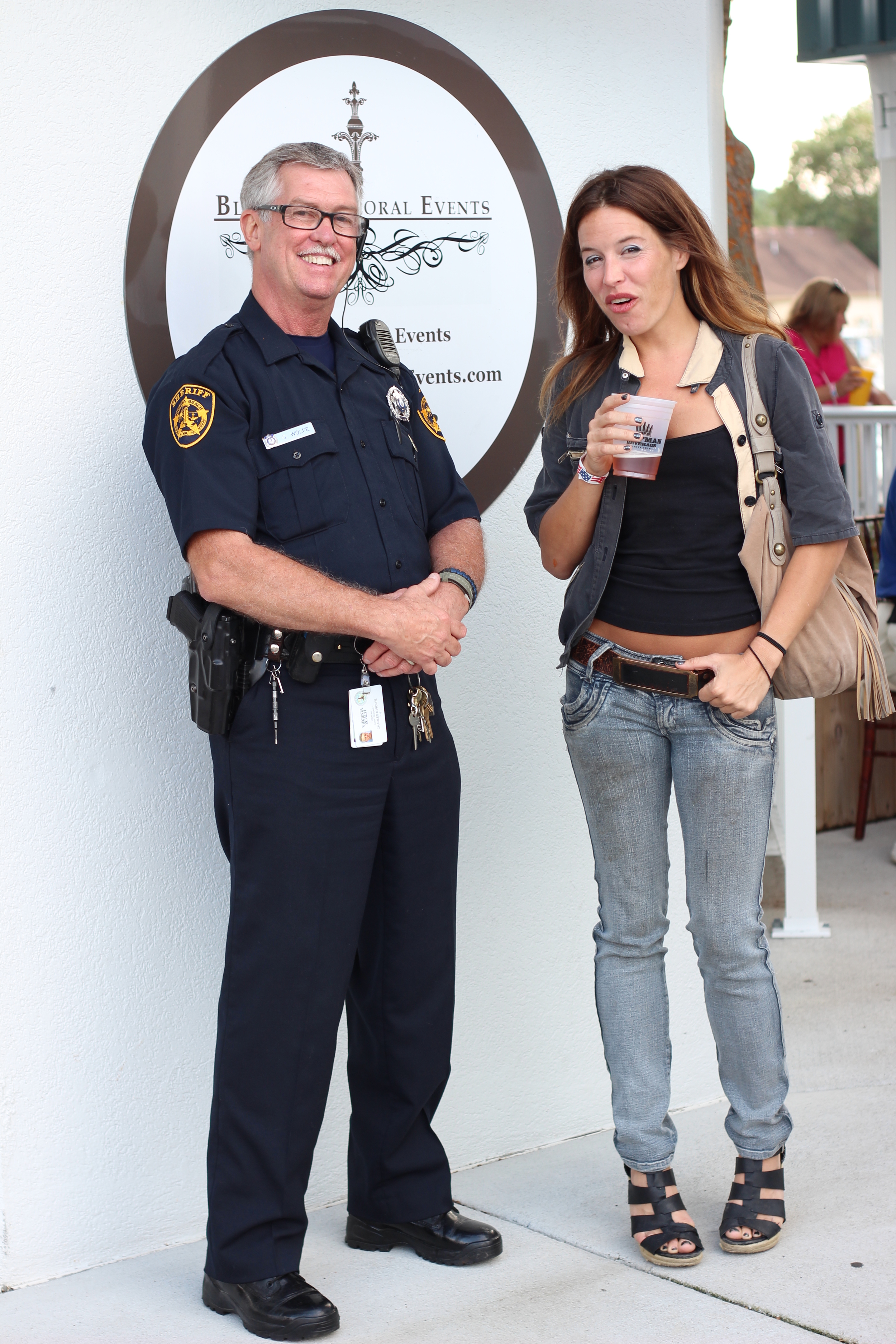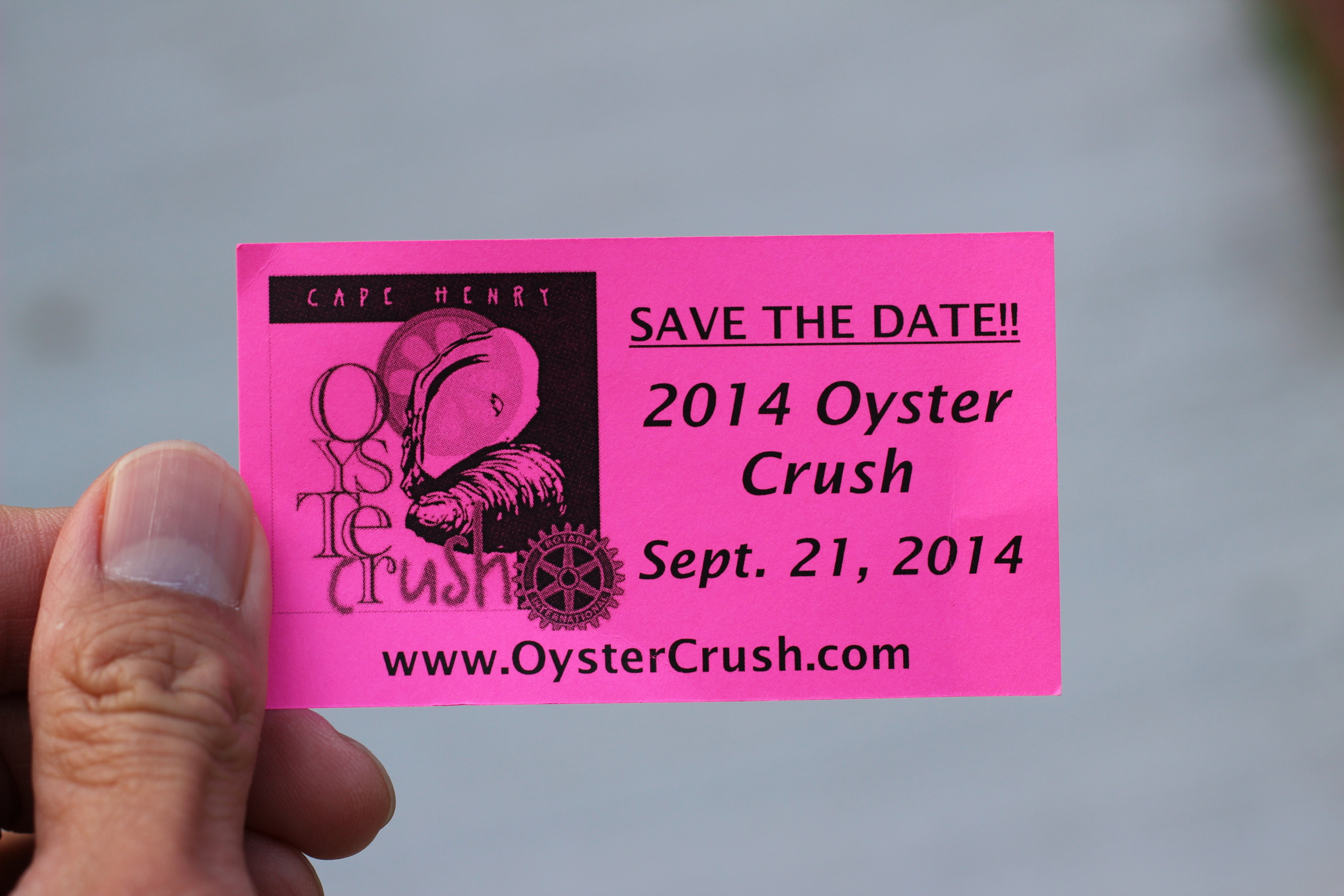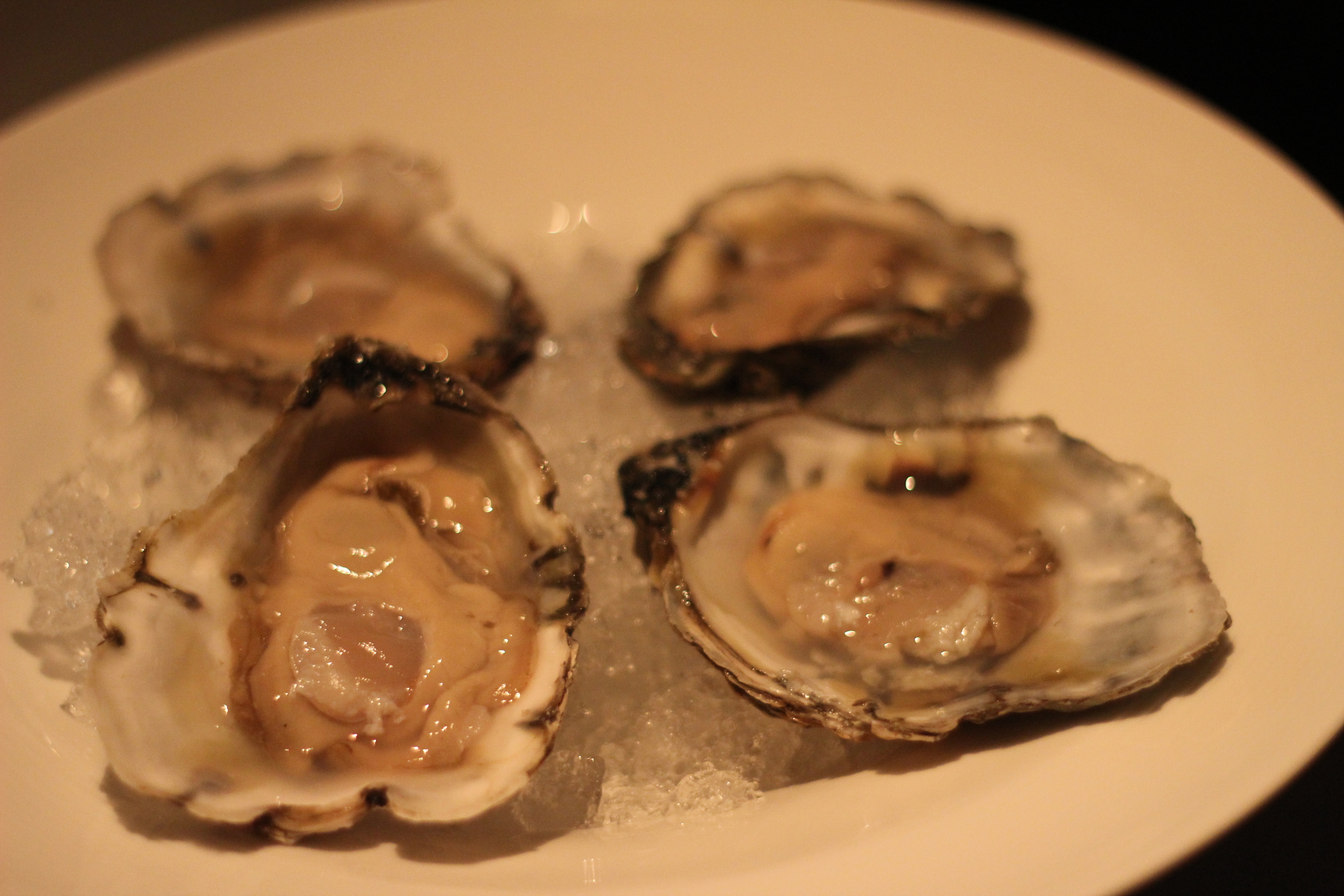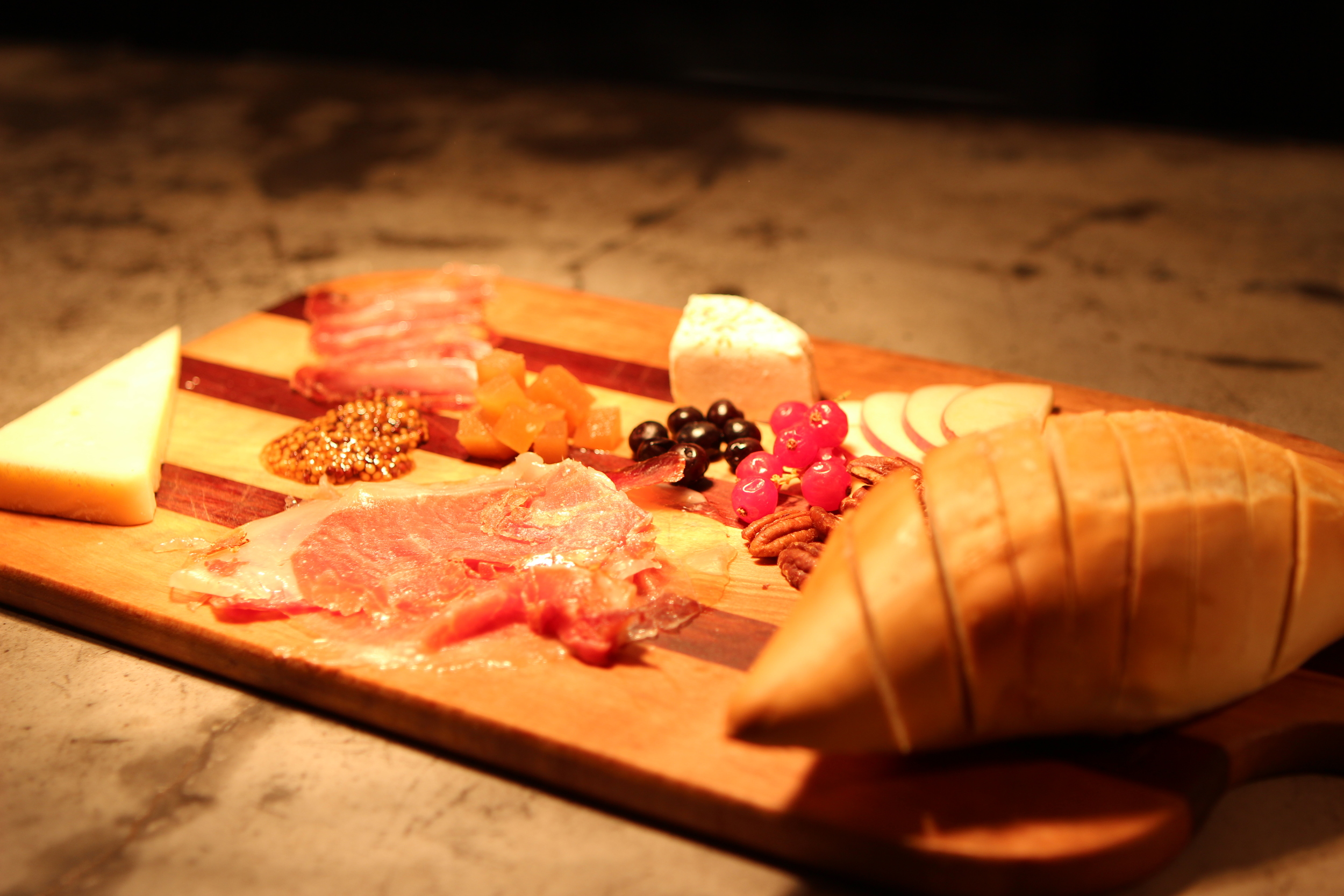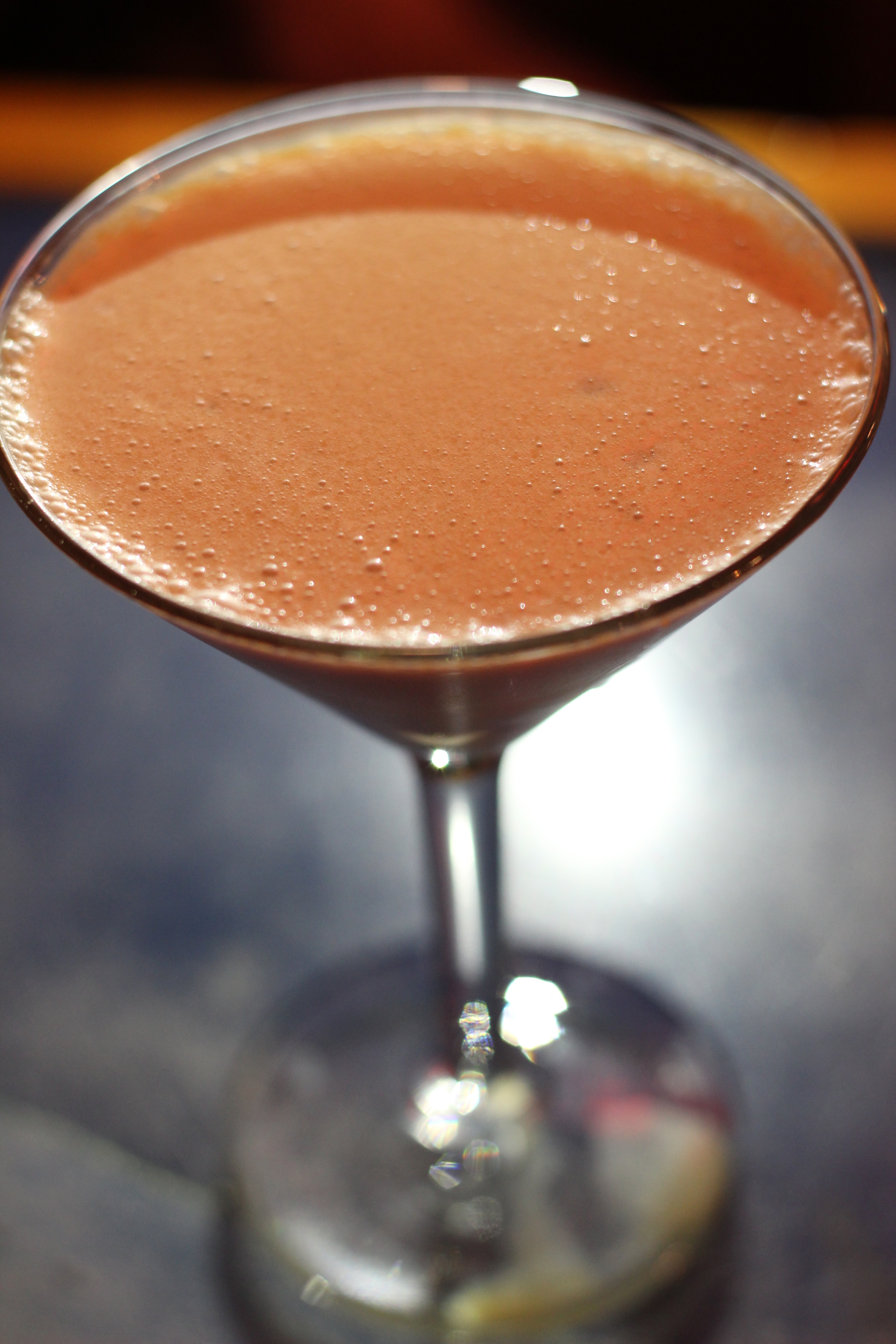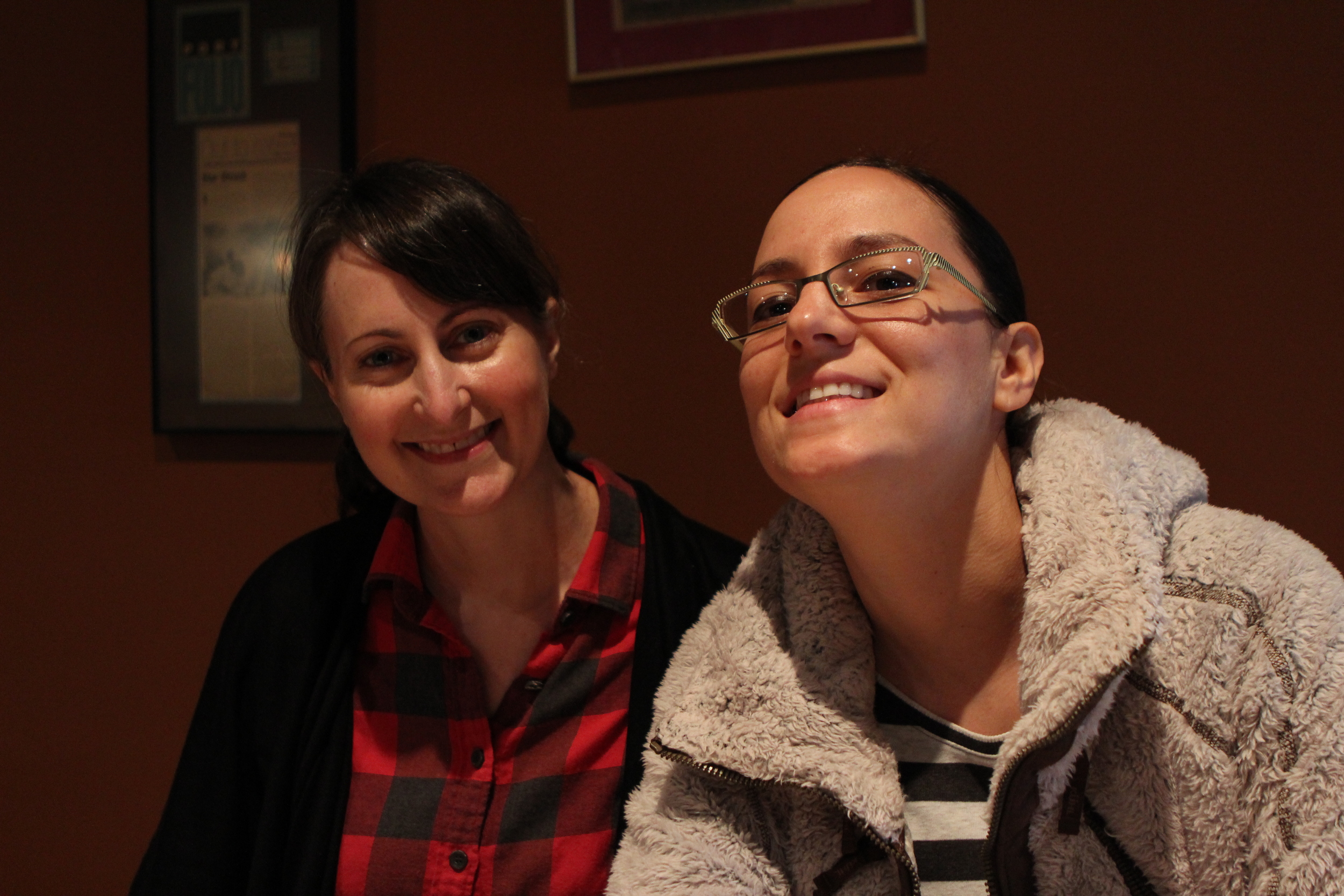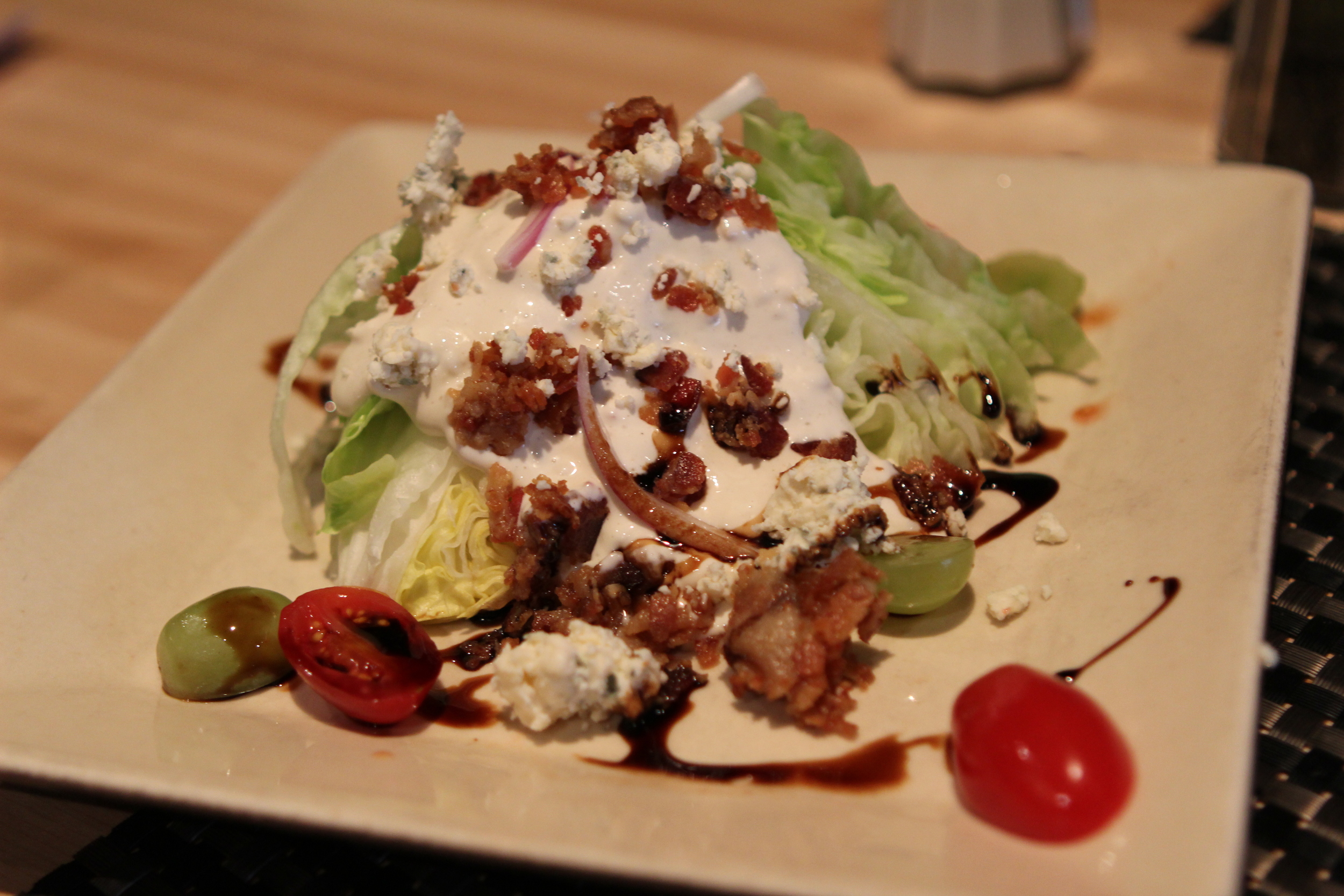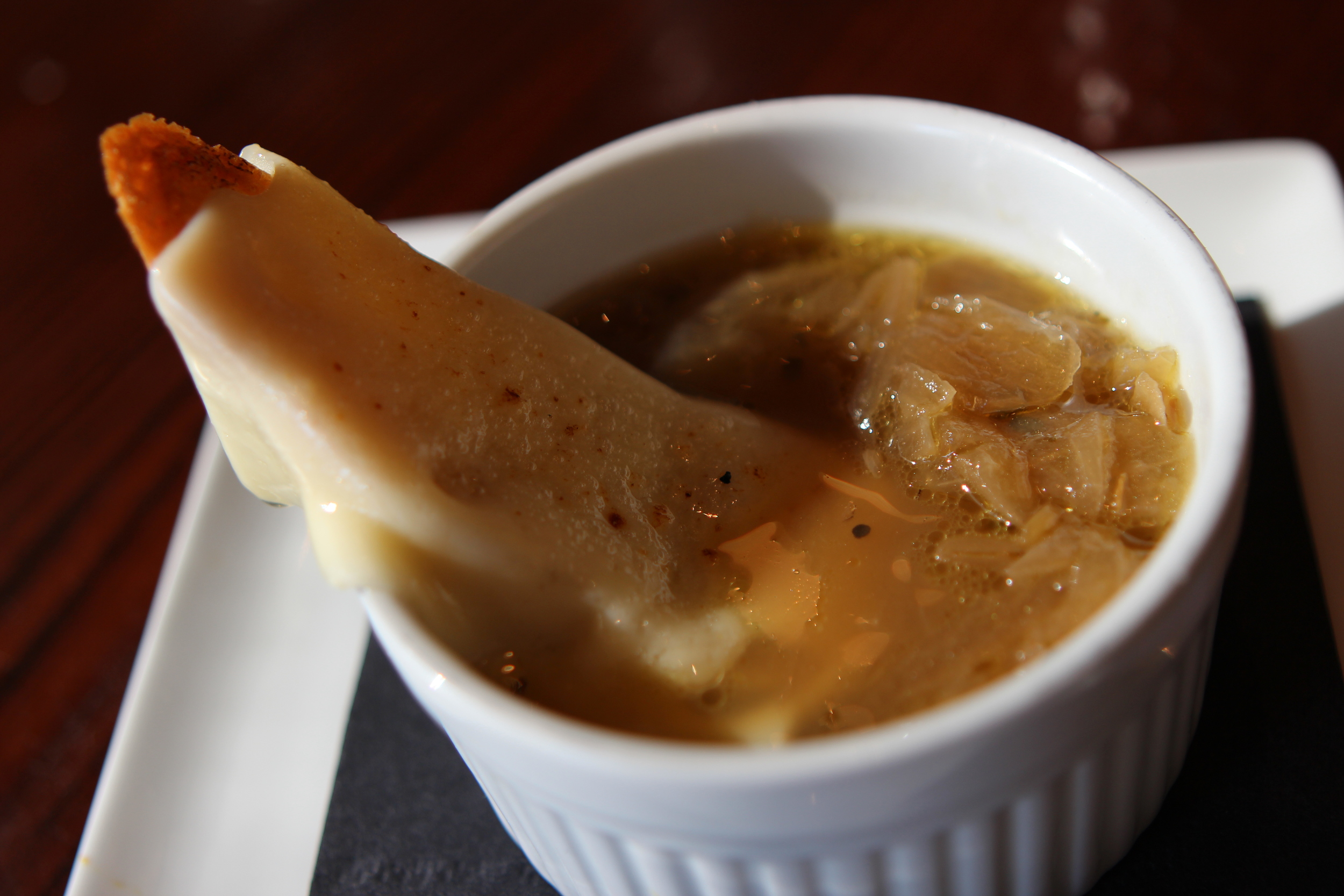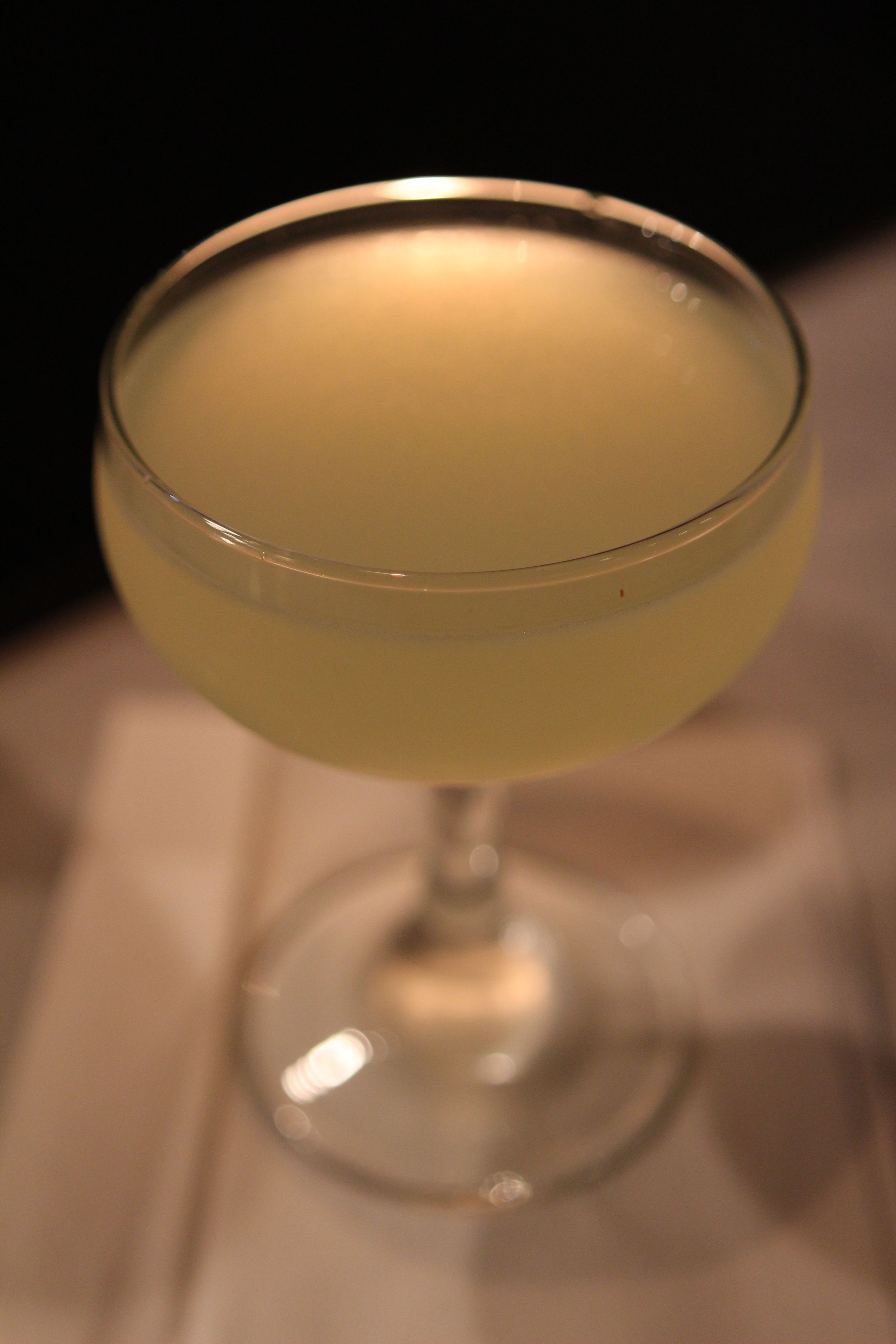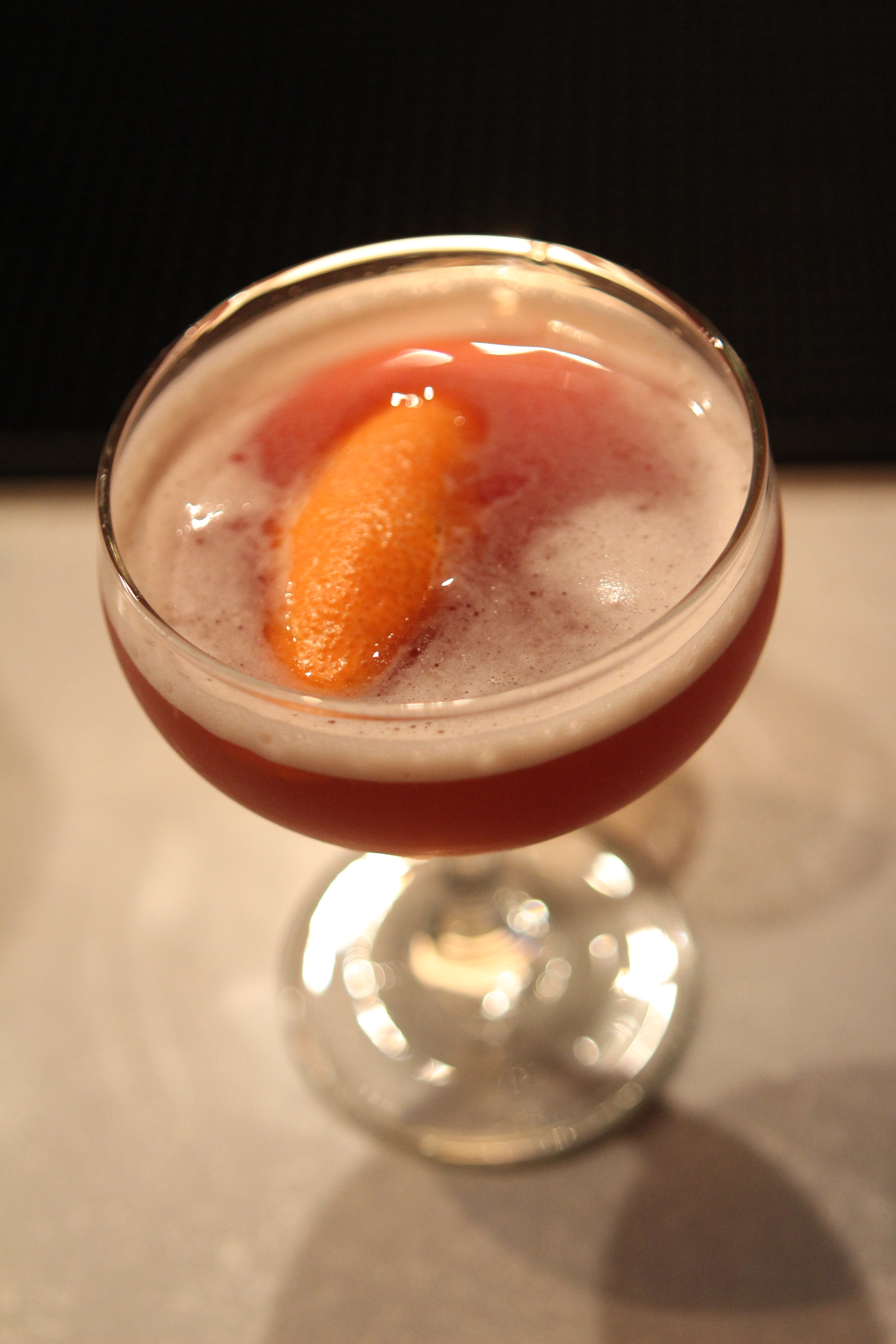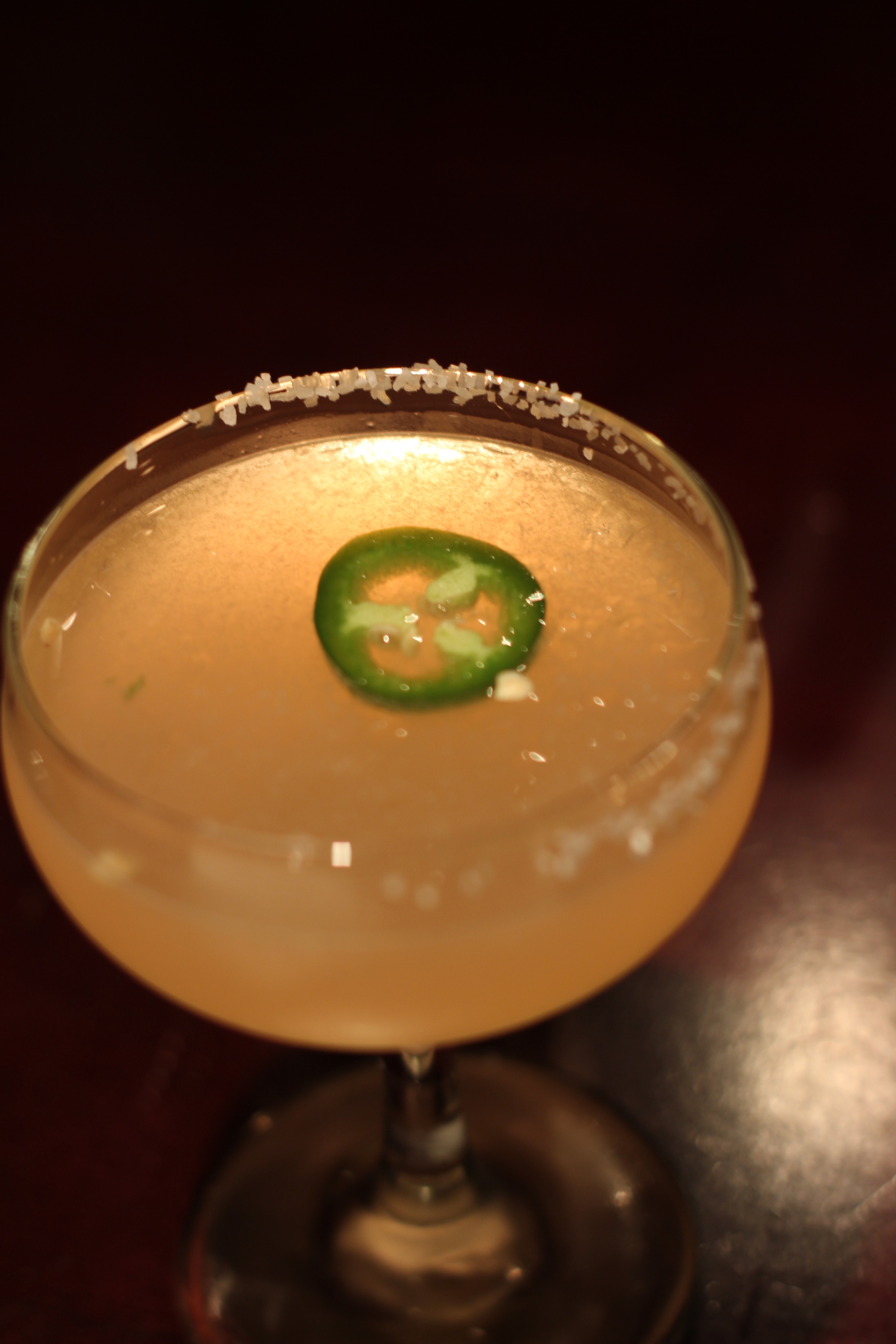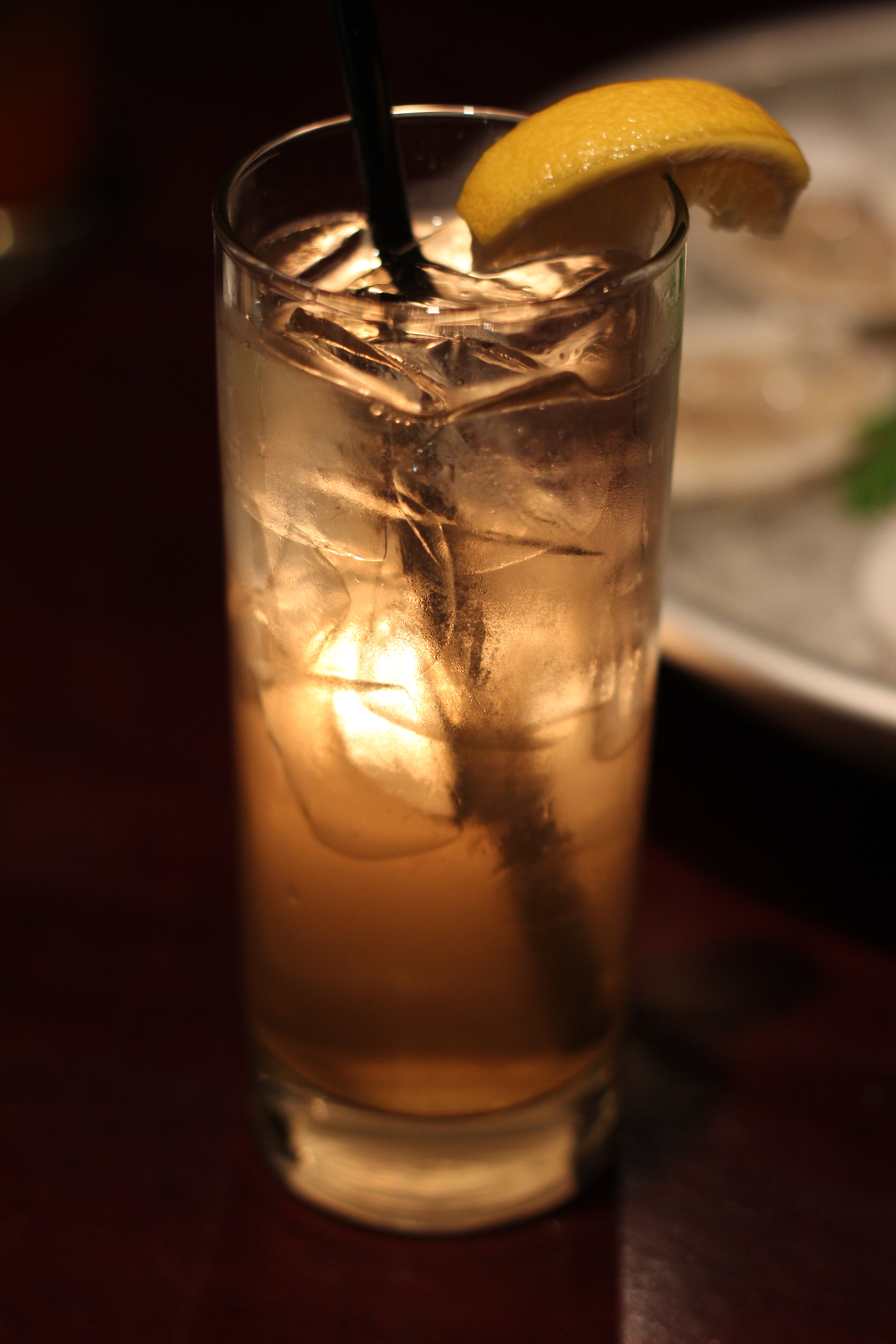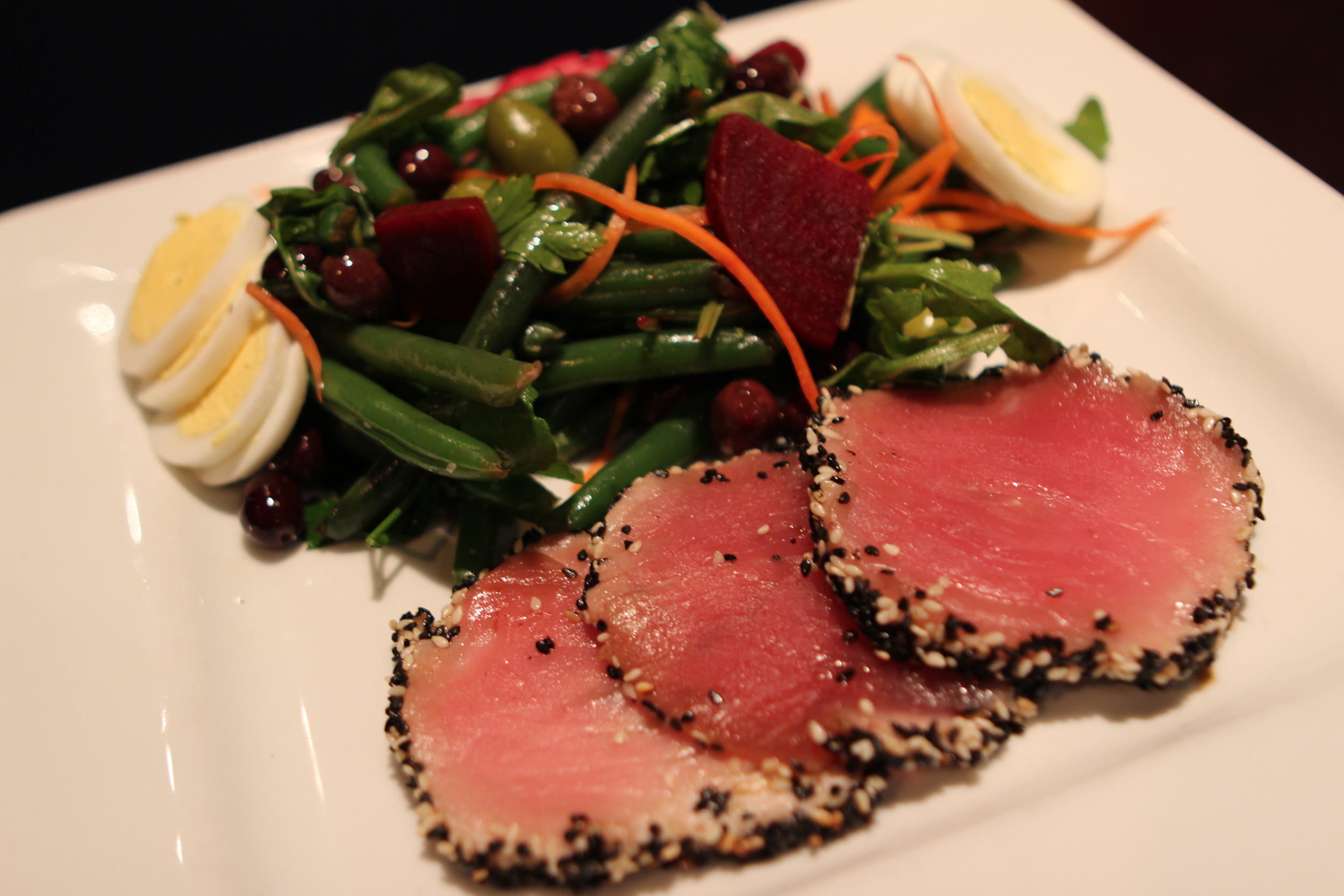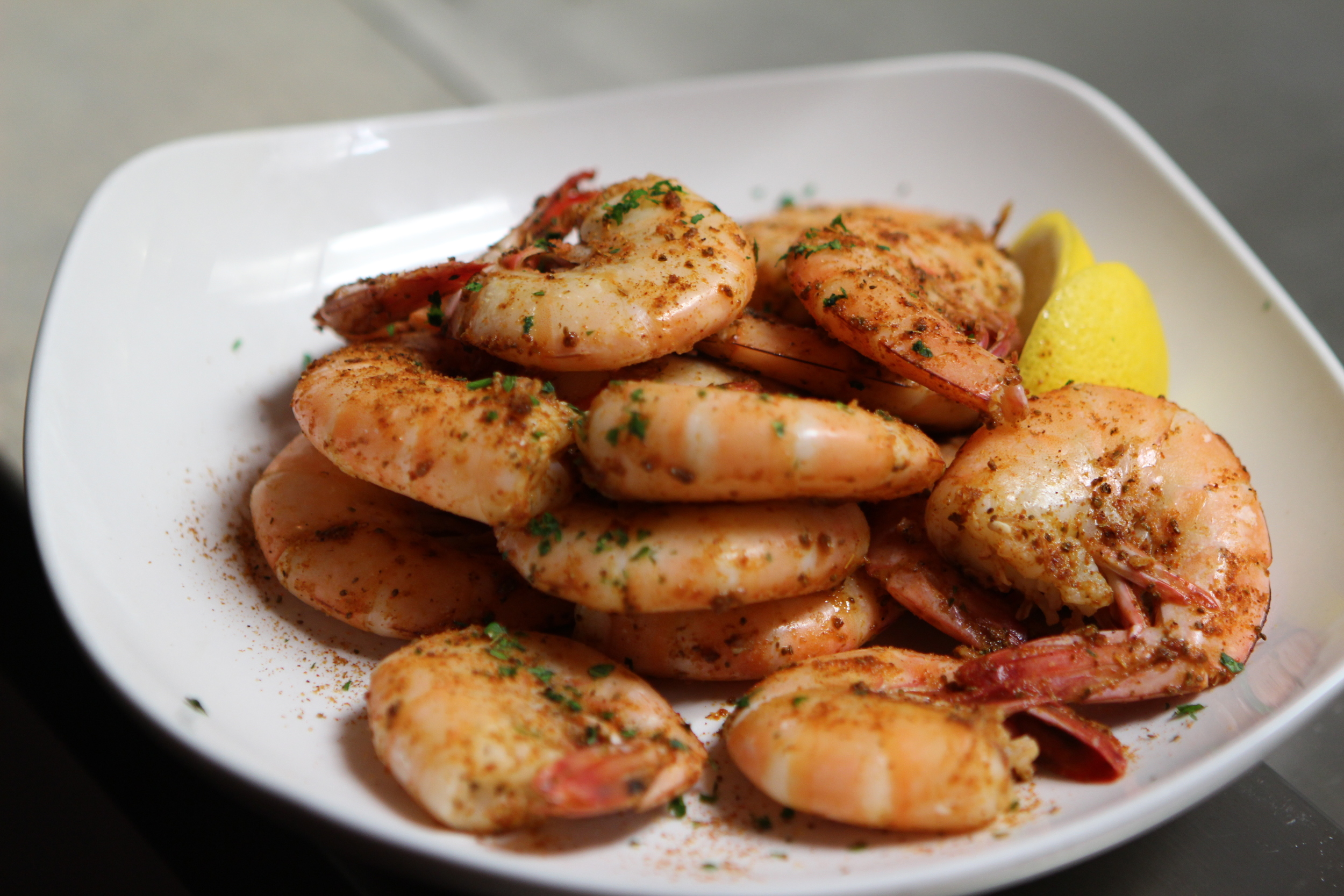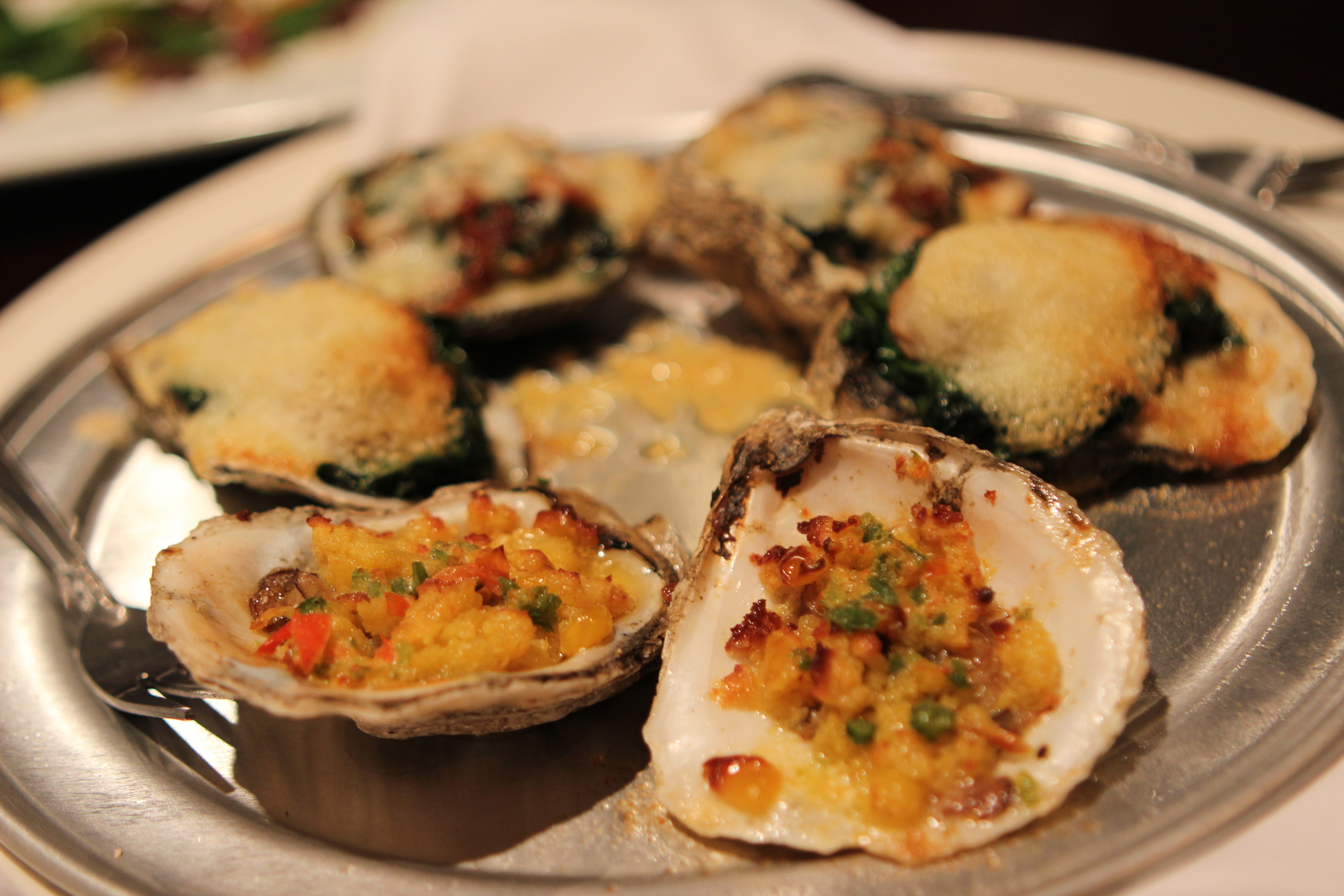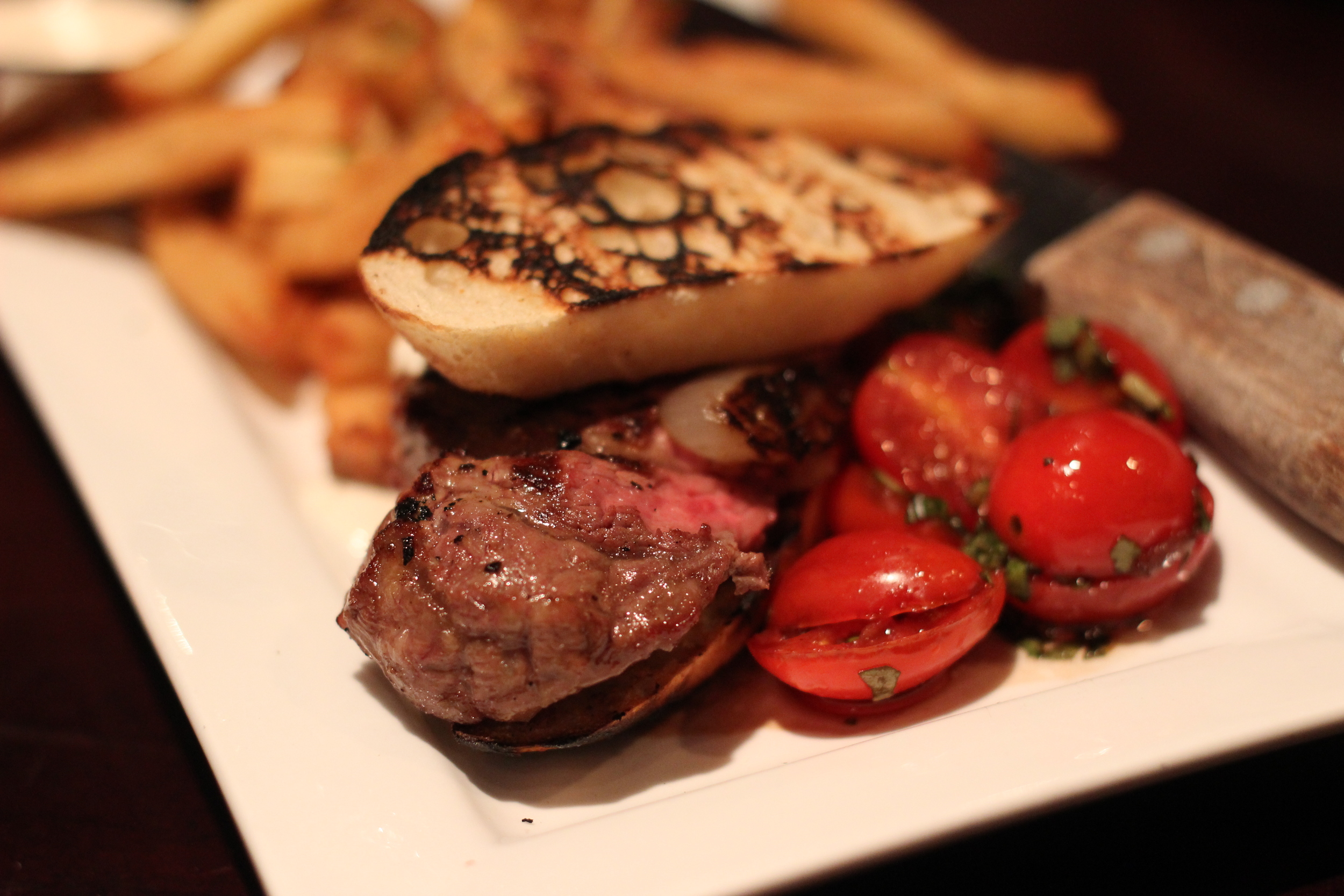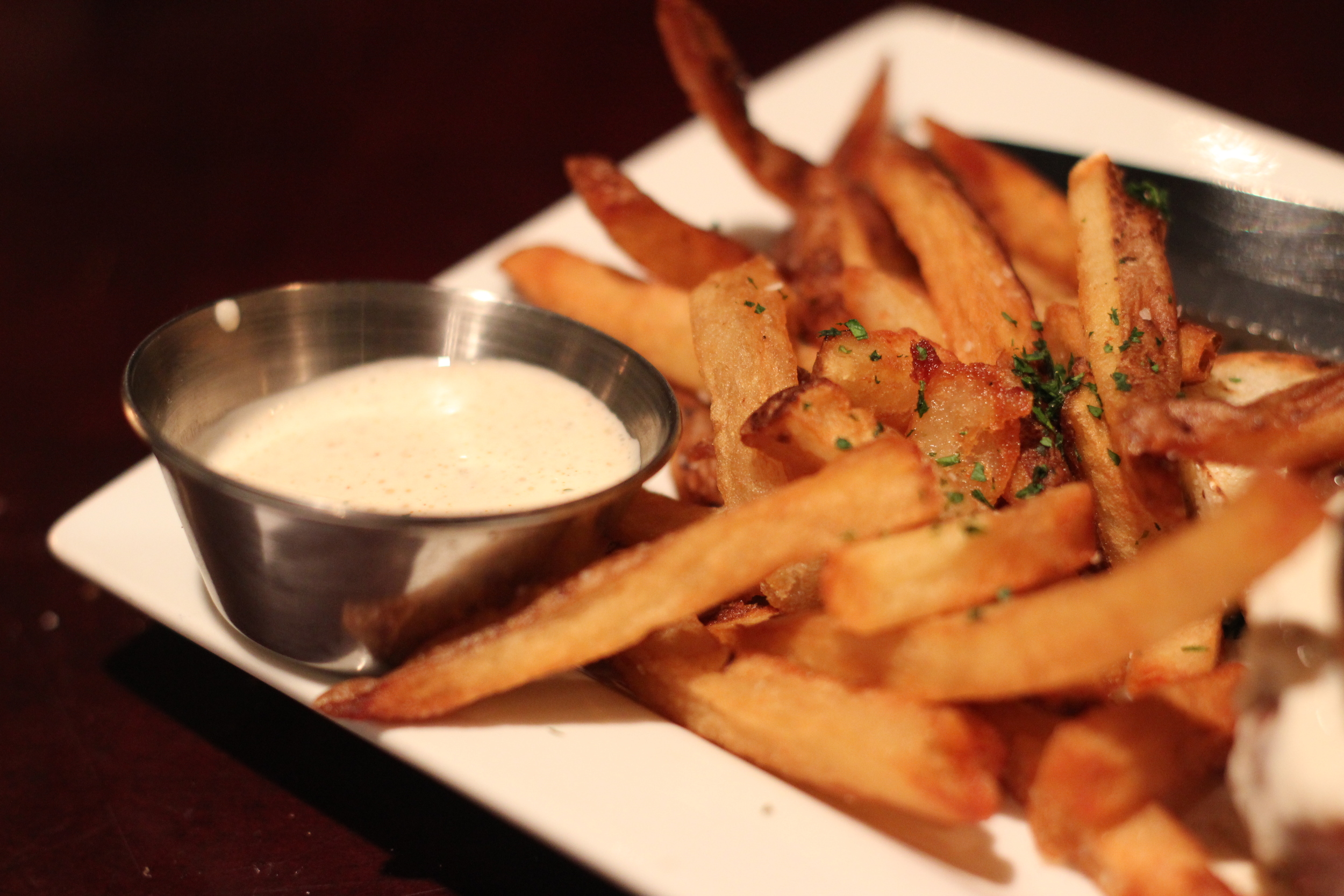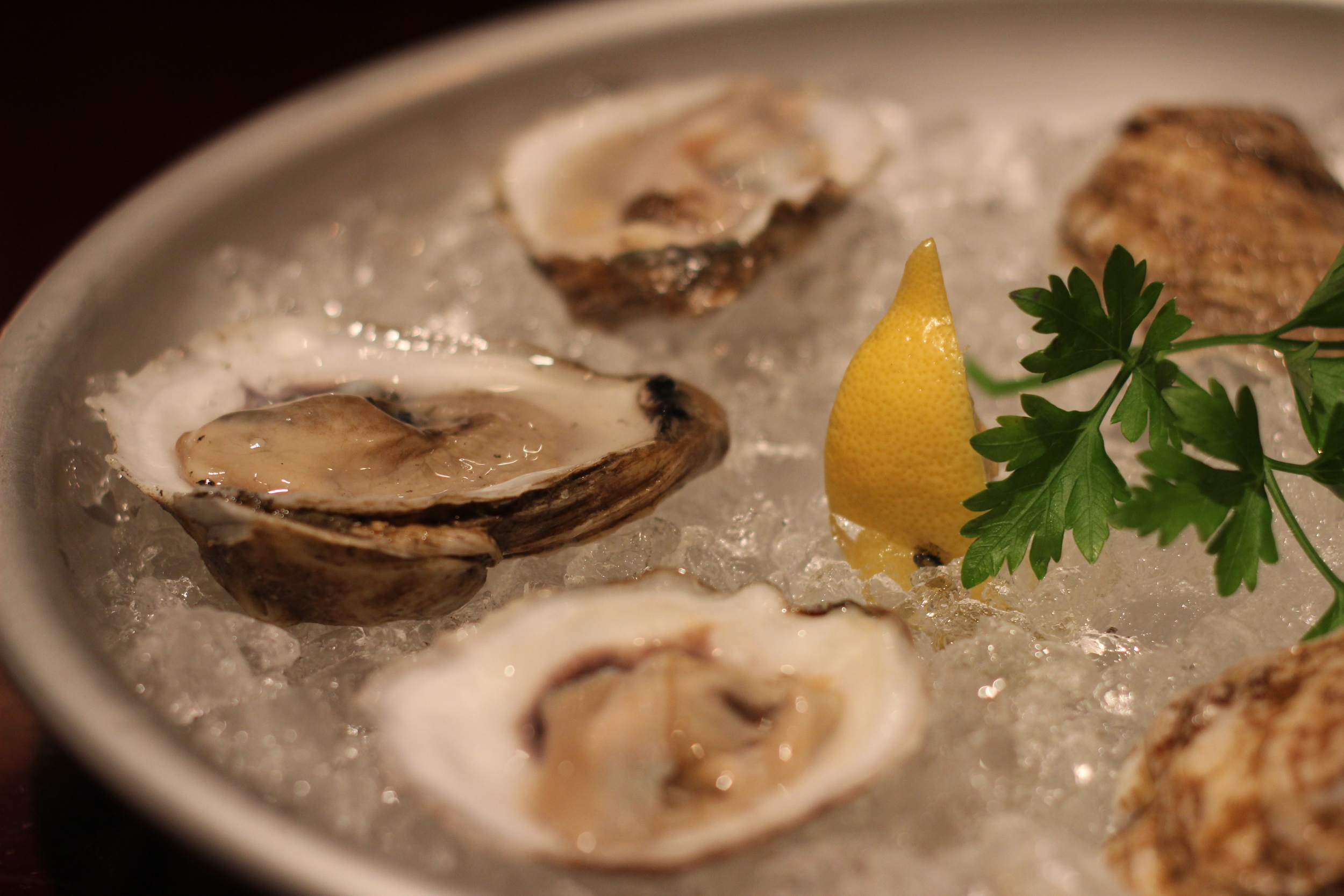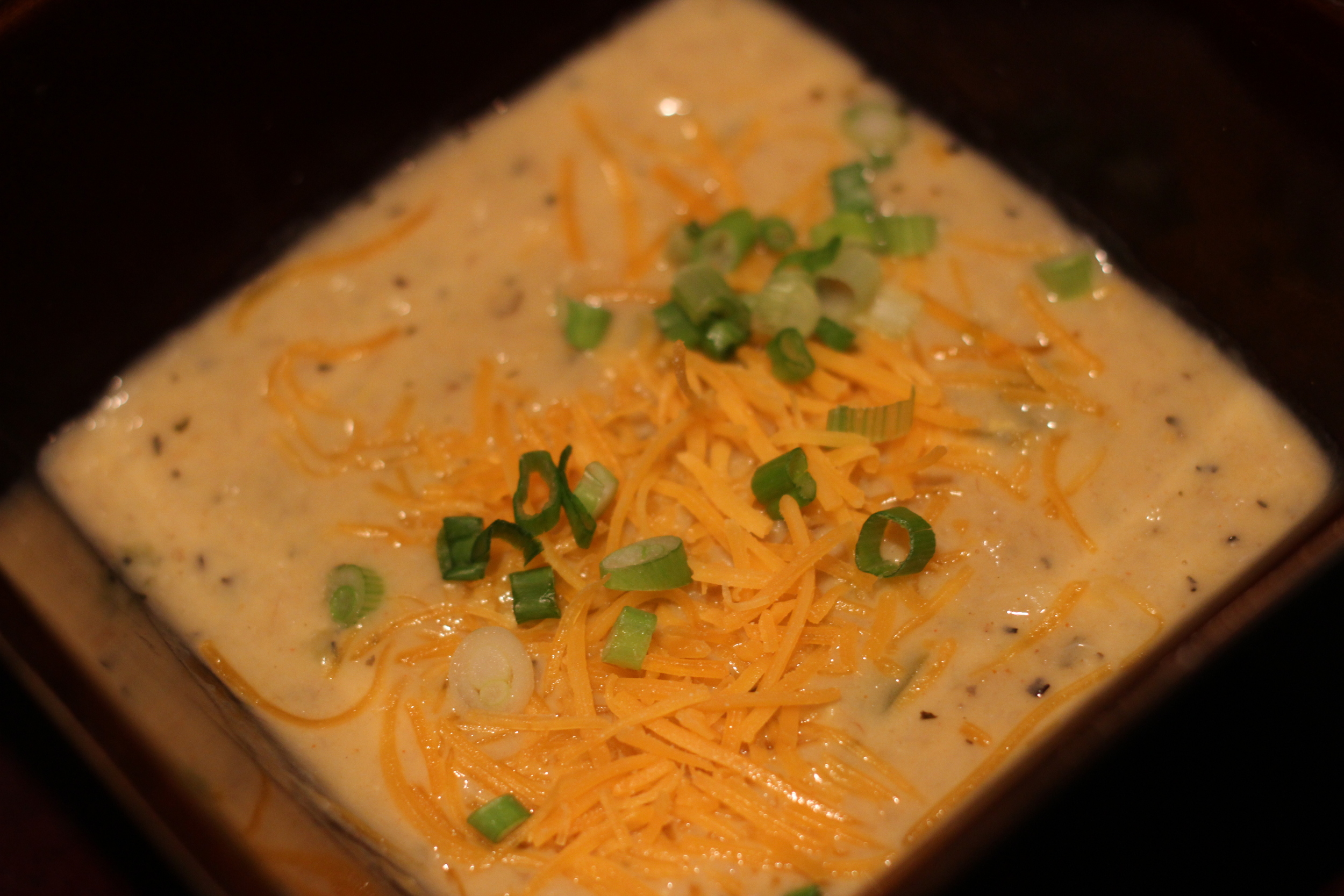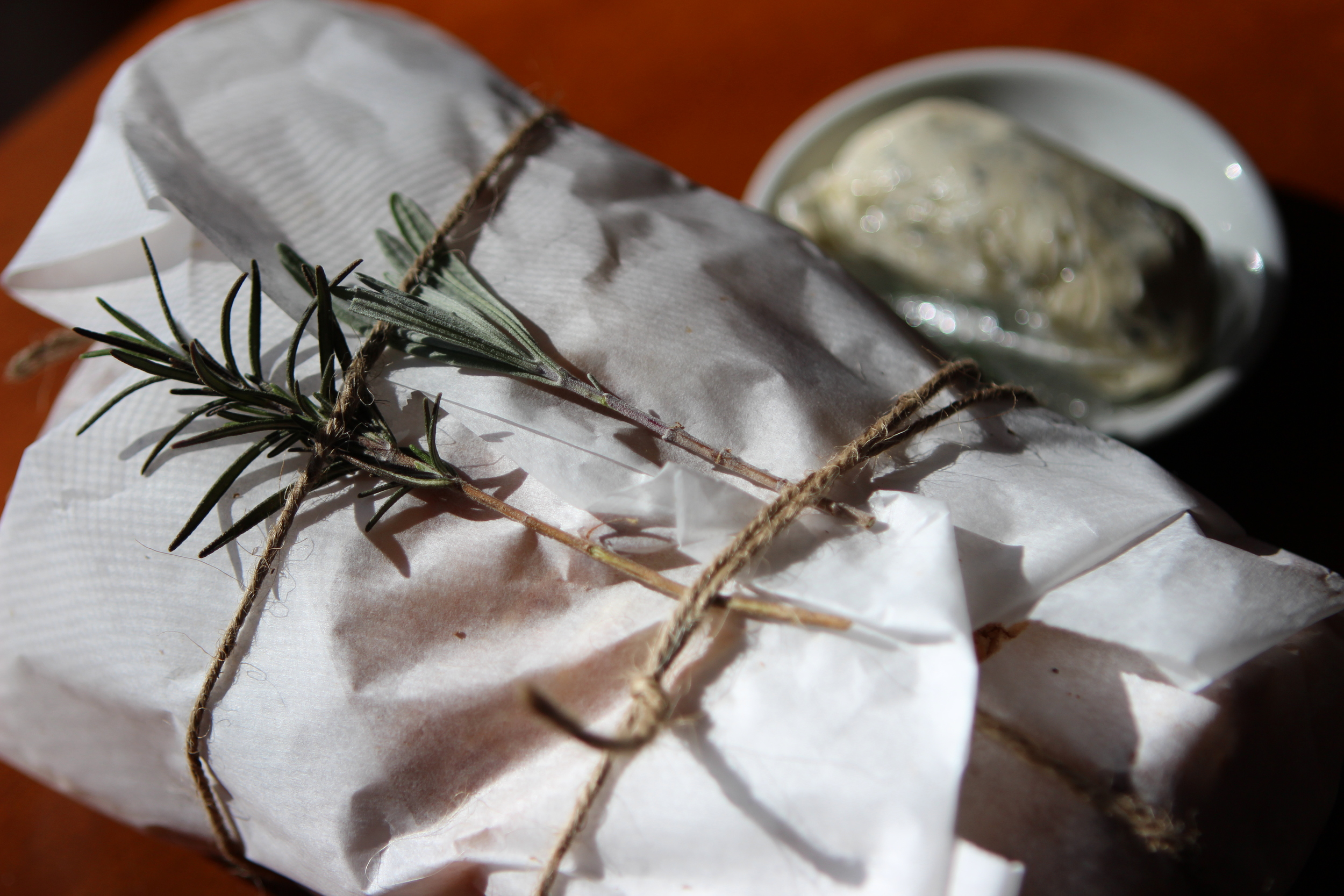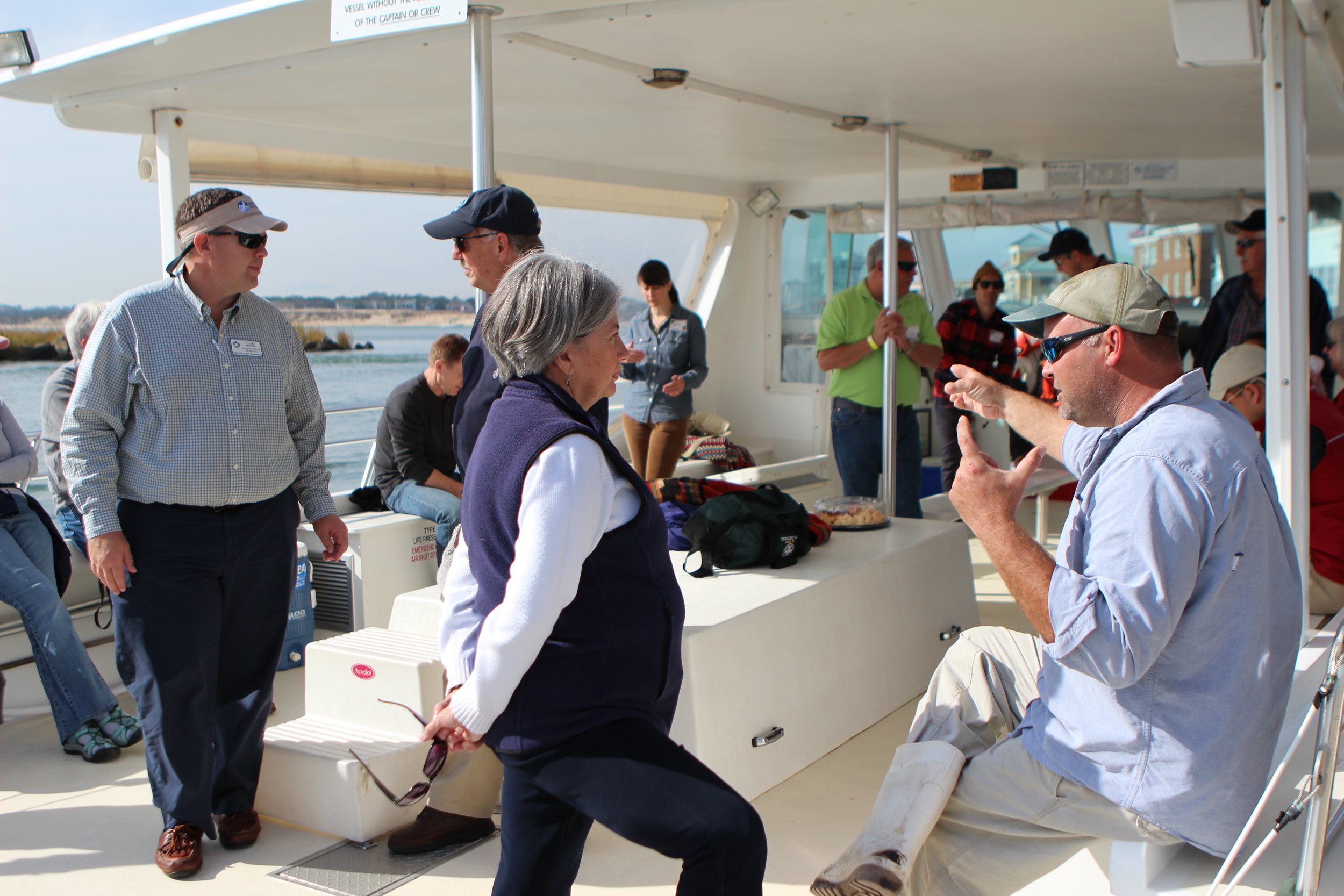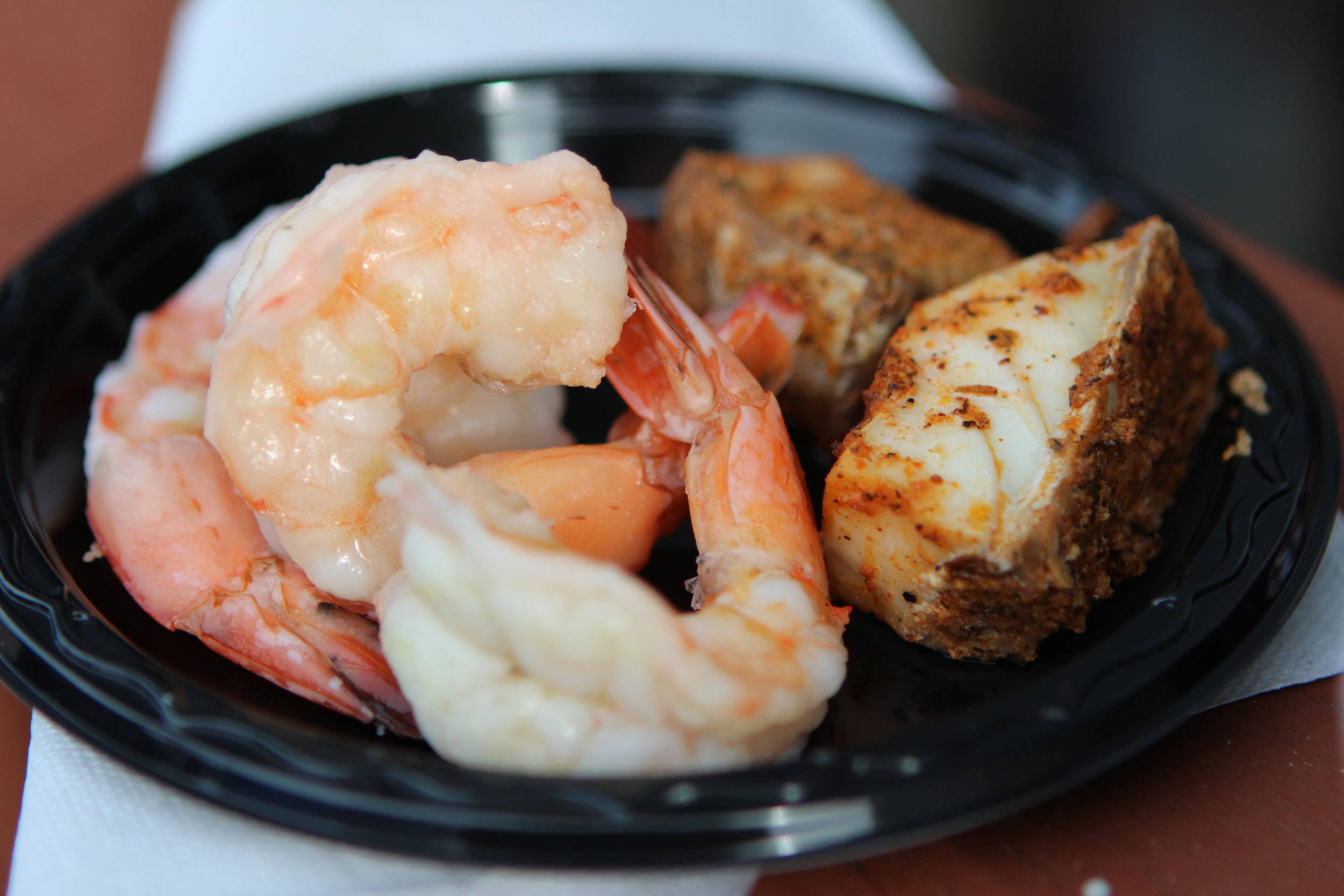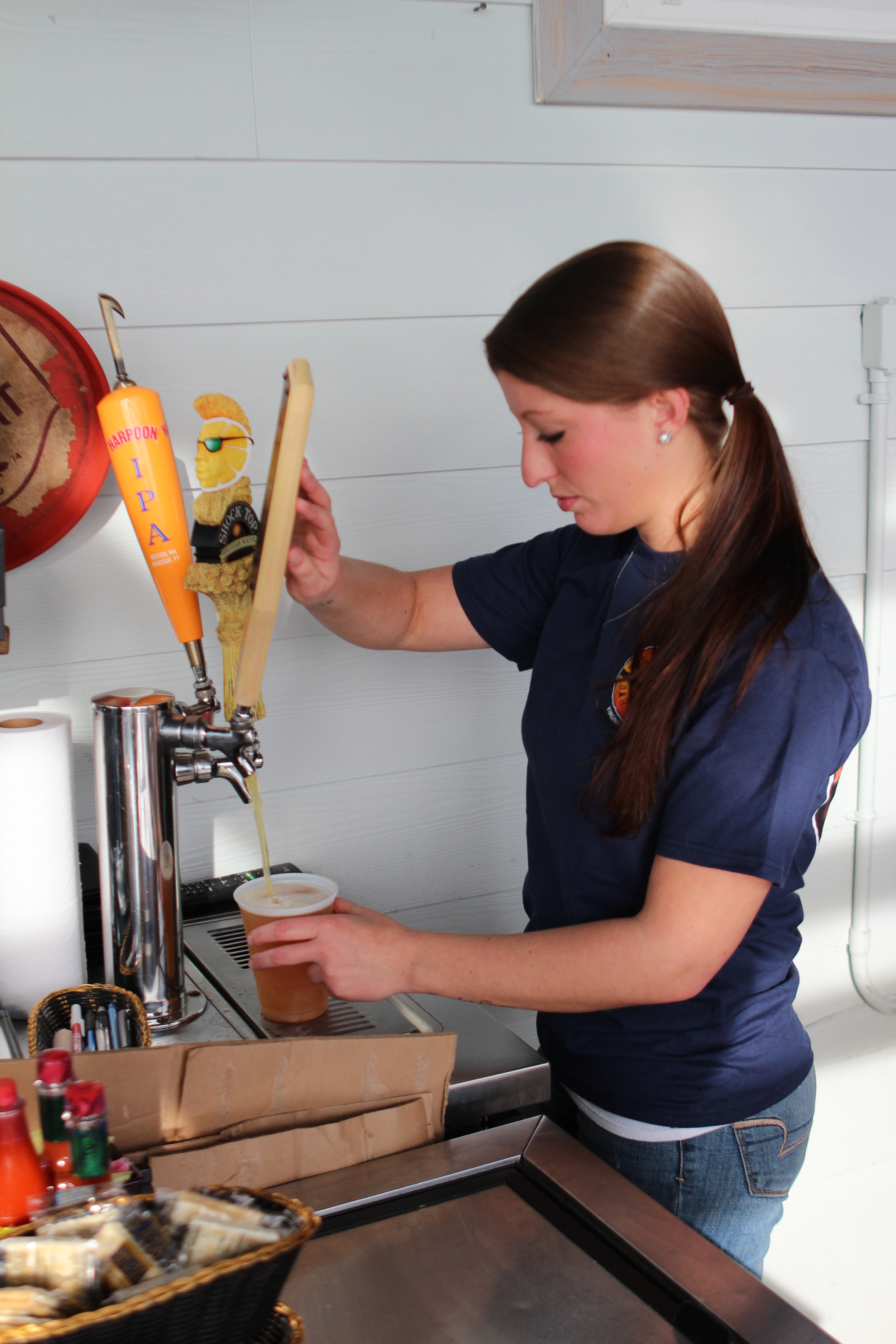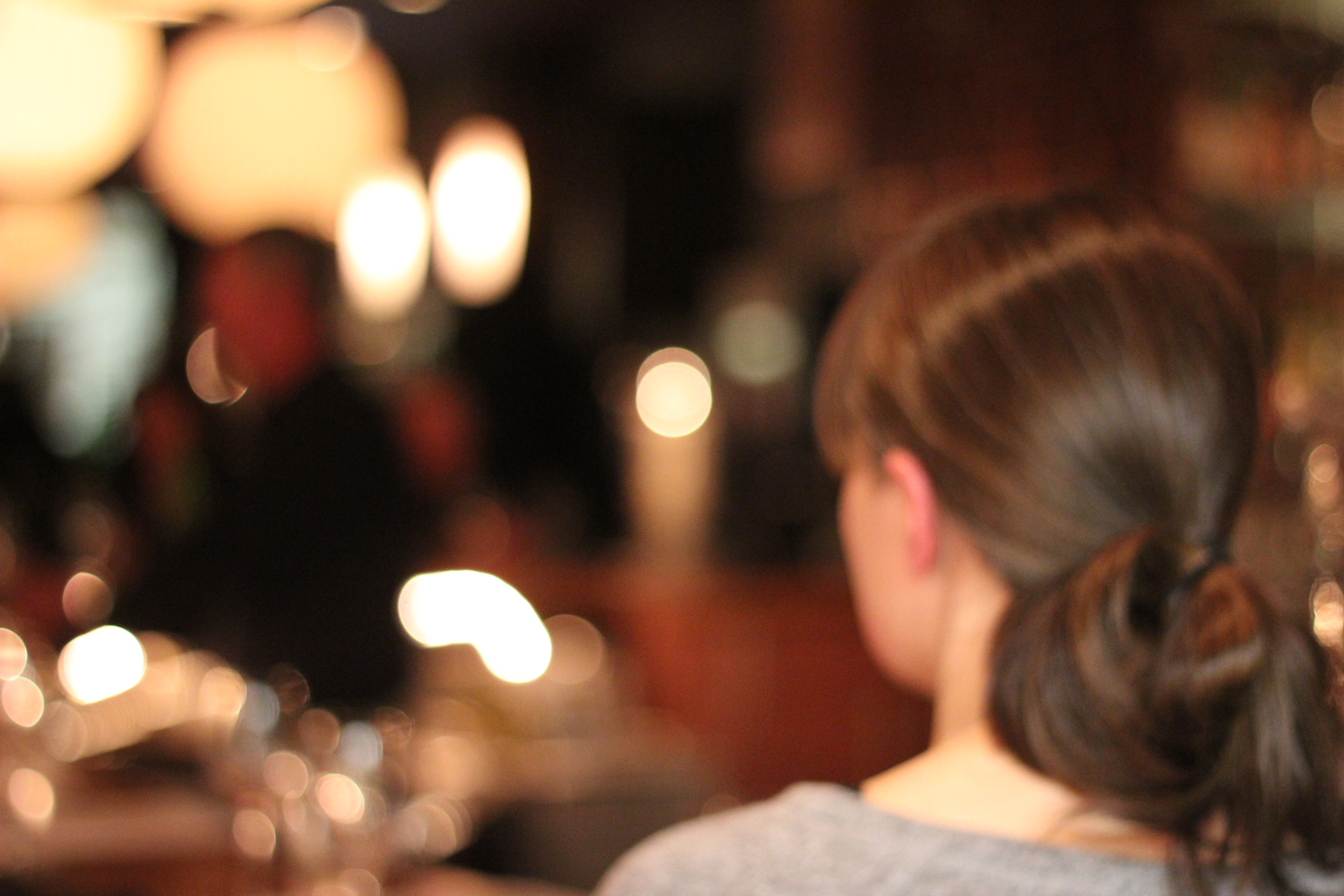When the first Europeans arrived on the shores of the Chesapeake they had an unfortunate skirmish with a group of Native Americans in which both sides retreated a little worse for wear in the end. The Chesapeake natives were on the beach again the next day and when they saw the Europeans heading to shore again they took off to the woods. As the landing party checked out the Indian camp they found large oysters roasting in the fire. Here is a first hand account of settlers getting a taste of the local delicacy recounted in "The Beach: A History of Virginia Beach, Virginia. Virginia Beach Public Library":
"On the second day, another party went ashore and penetrated about eight miles inland without encountering any indigenous settlements. This landing was probably east of Lynnhaven Bay (called
Morton's Bay after their wounded comrade), as the Chesapeakes' principal town was located near the mouth of the Lynnhaven River. Although no Indians were found, the Englishmen did find a fire where
oysters were being roasted. The natives had fled, or at least withdrawn, leaving the oysters in the fire. According to Captain Percy, "We ate some of the oysters which were very large and delicate in
taste." These oysters became known as Lynnhaven oysters and enjoyed an international reputation as delicacies into the twentieth century."
Chris Ludford has been running these waters for decades now and has seen big changes, good and bad, concerning the Lynnhaven. He's active in the preservation of our legacy stock and will take you out on his boat for a first hand experience in oyster farming. Here are his own words on how all of us can help.
"For the last 20 years the Lynnhaven River has either been closed or severely restricted to harvest due to water quality mainly but also due to lack of harvest effort. Fortunately both factors have improved and the latter mainly focused on highly sustainable aquaculture. Recently, however, there has been an increase in the harvest of wild Lynnhaven oysters. This is occurring on privately held bottom and cannot be regulated. We hope that wild harvesters only take a small percentage of their holdings and invest in future wild harvest by planting shell and or seed. An aquafarmer by definition must plant seed or invest in the production of oysters in some way. The unfortunate reality is that removing this stock without respect is akin to clear cutting old-growth forests and is not sustainable. Most of these animals are large, 5+ year-old, spawning stock oysters that we need to rebuild the wild population of the river. Oyster biology is such that the seed of oysters free-floats for a short time over great distances before settling. We desperately need this stock to continue to rebuild the river's wild population and keep her clean with their great powers of filtration."
Check out this link to see how efficiently oysters filter water, courtesy of Lynnhaven River Now
"What will we do? Conservation groups and oystermen on the Lynnhaven are working together to develop a certification or label of sustainability for Lynnhaven River oyster producers. The criteria for this label is being developed and will include a required majority percentage of harvest to be from aquaculture, a limited harvest of wild annually and possibly some work with conservation groups on the river.
What can you do? At this point in time I encourage you all to ask the people, restaurateurs, watermen and dealers that serve/sell wild Lynnhavens to inform you about their origins and methods of harvest. Ask to see the tag. There must be a tag on every bag or box as required by law. Please tell them how valuable wild Lynnhavens are and that it is important to you that they are harvested sustainability and with respect. These animals are literally dinosaurs and the subject of attention from scientists, conservationists and the watermen for their ability to resist disease.
Who is currently doing it right? Quite simply: If a person or business has no aquaculture or farm-raised oysters in their production of Lynnhaven River oysters it would be difficult for themselves to be called a sustainable producer or farmer. If you are buying Lynnhaven oysters you should request farm-raised, sustainable oysters. If you buy wild ask if the producer is limiting their harvest in some way or using spat-on-shell methods to replenish wild stocks harvested.
I want to thank you for taking the time to read this and hopefully act on my recommendations if you find yourself in agreement. Please remember how valuable those large, wild oysters are to river filtration and repopulation.
Thanks!
Chris Ludford"
